Review: ‘Freud’s Last Session’ doesn’t lend itself to deep analysis
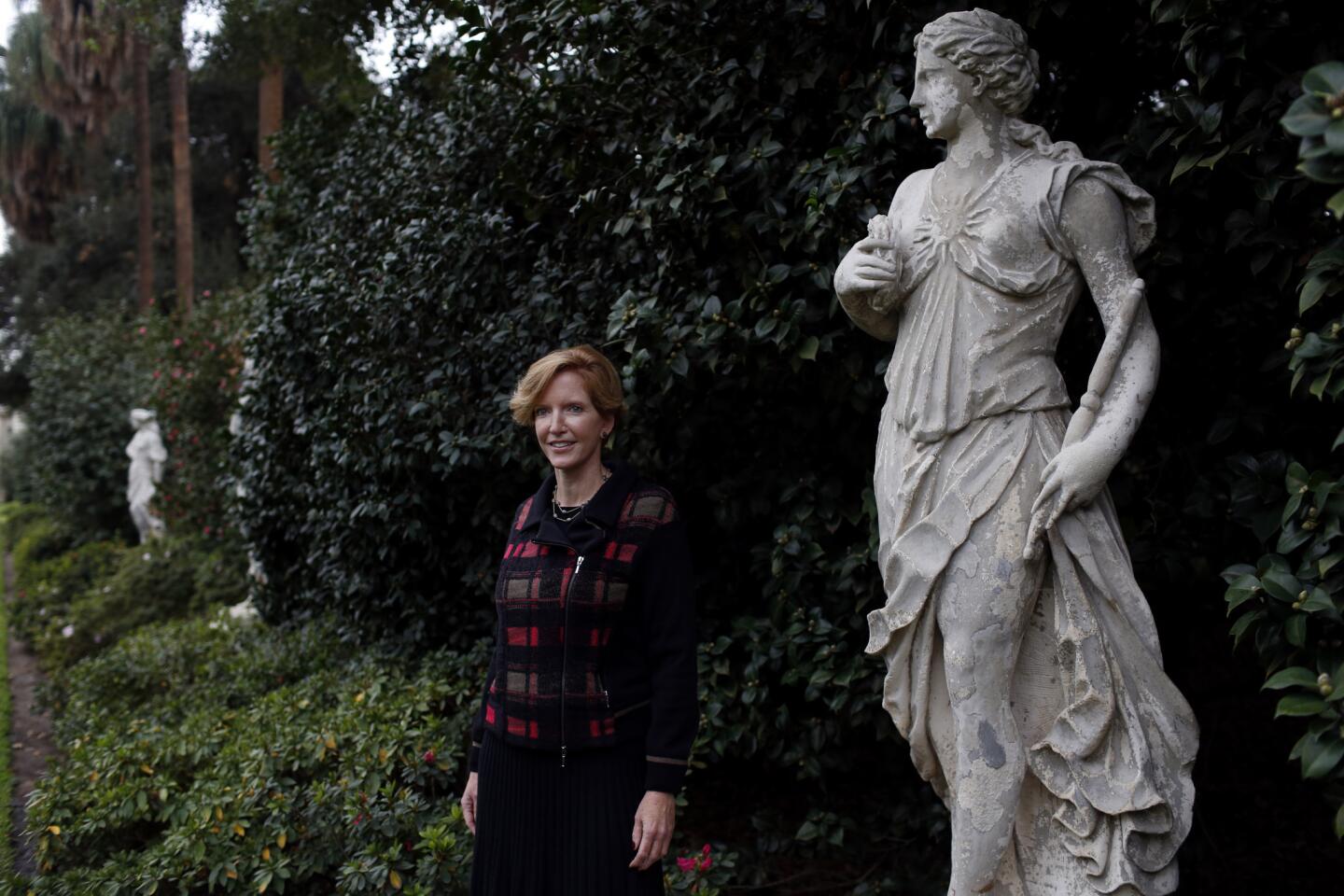
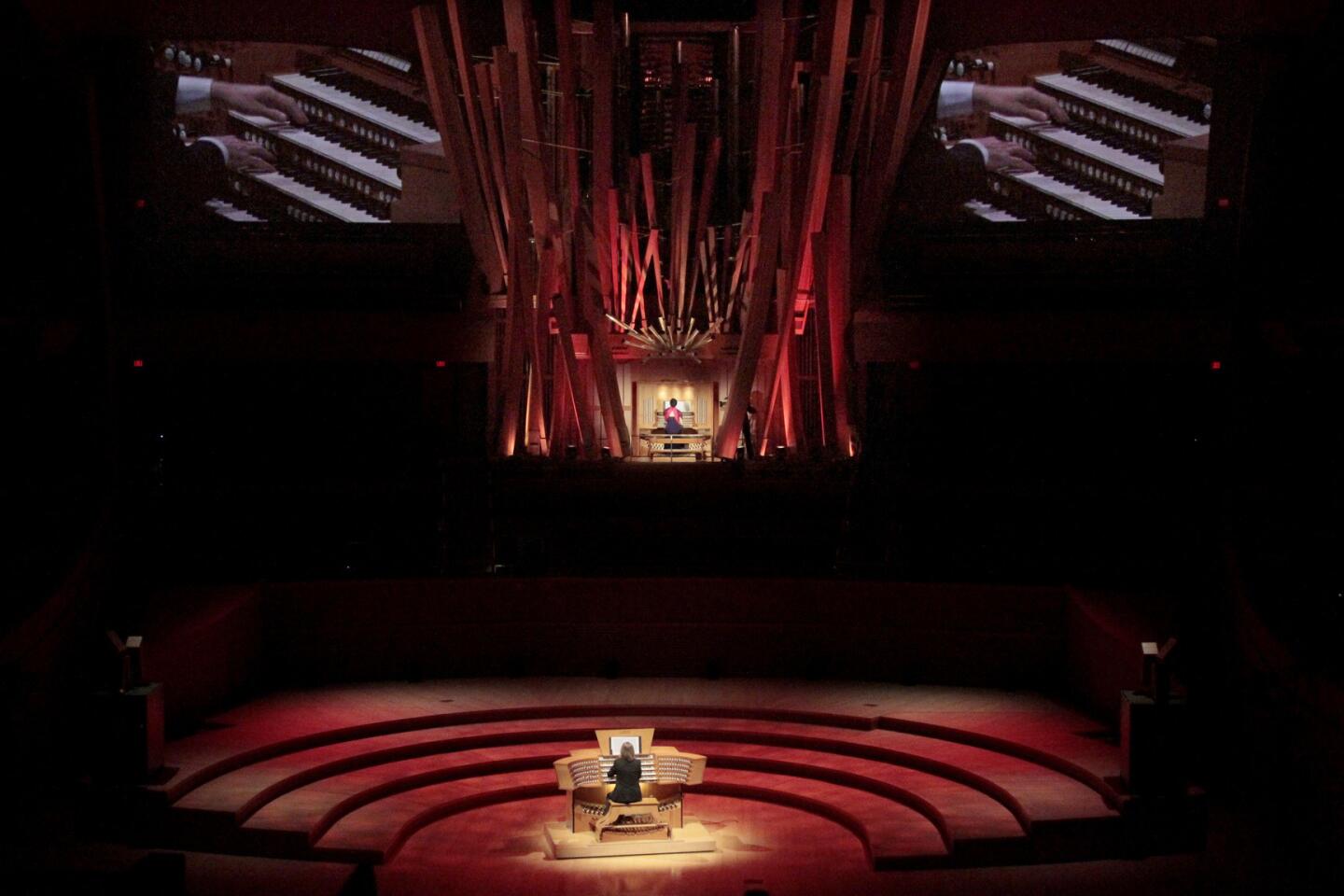
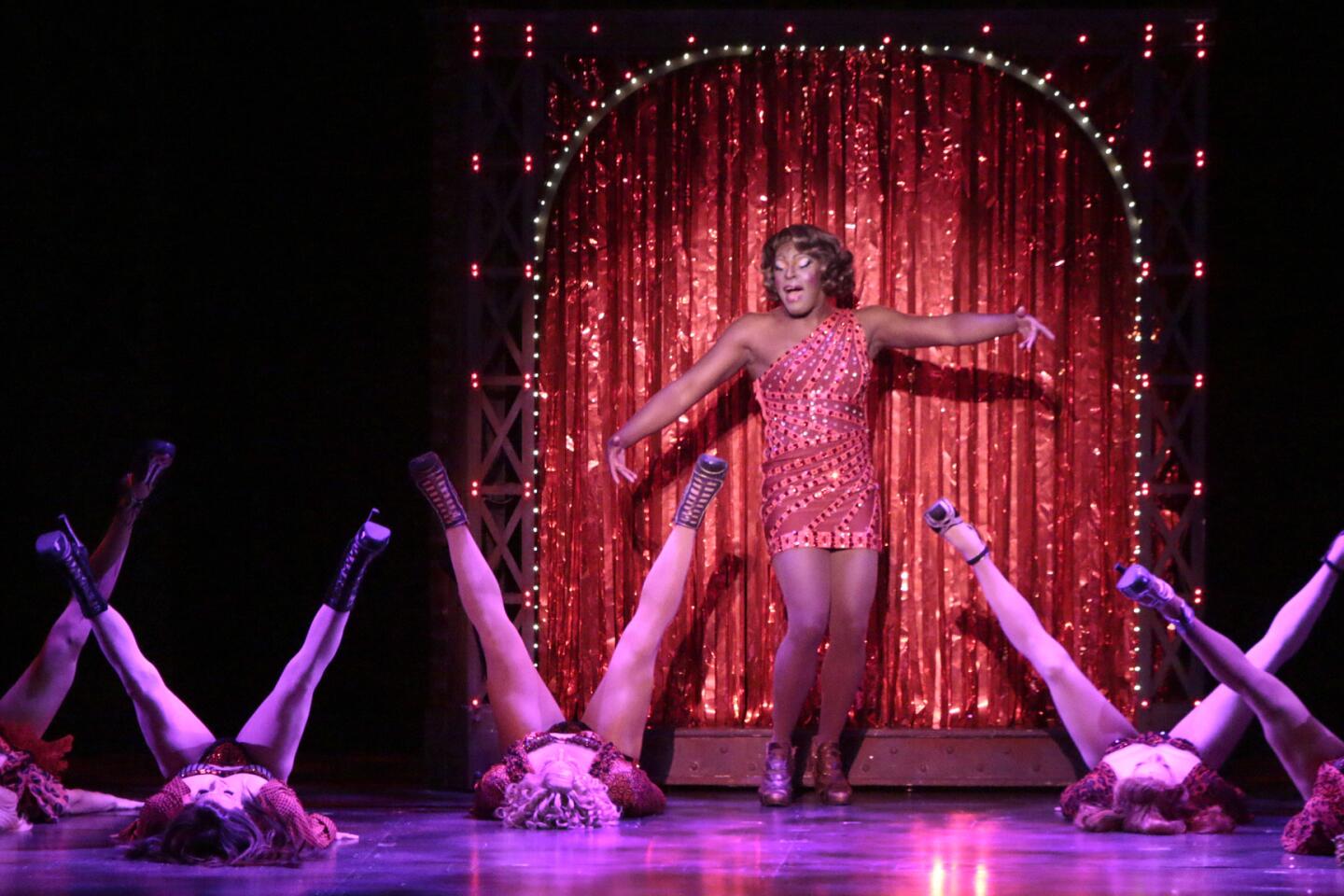
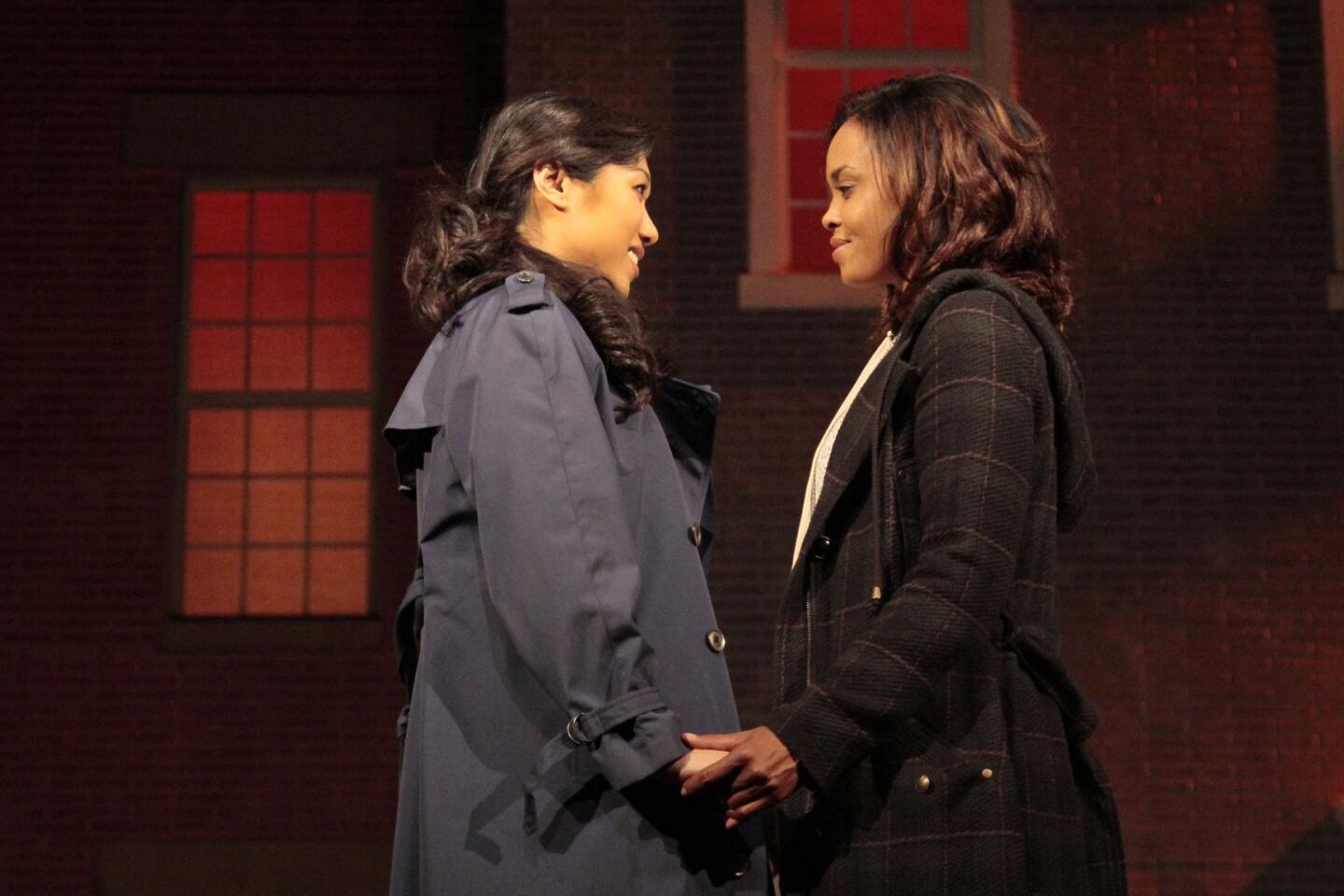
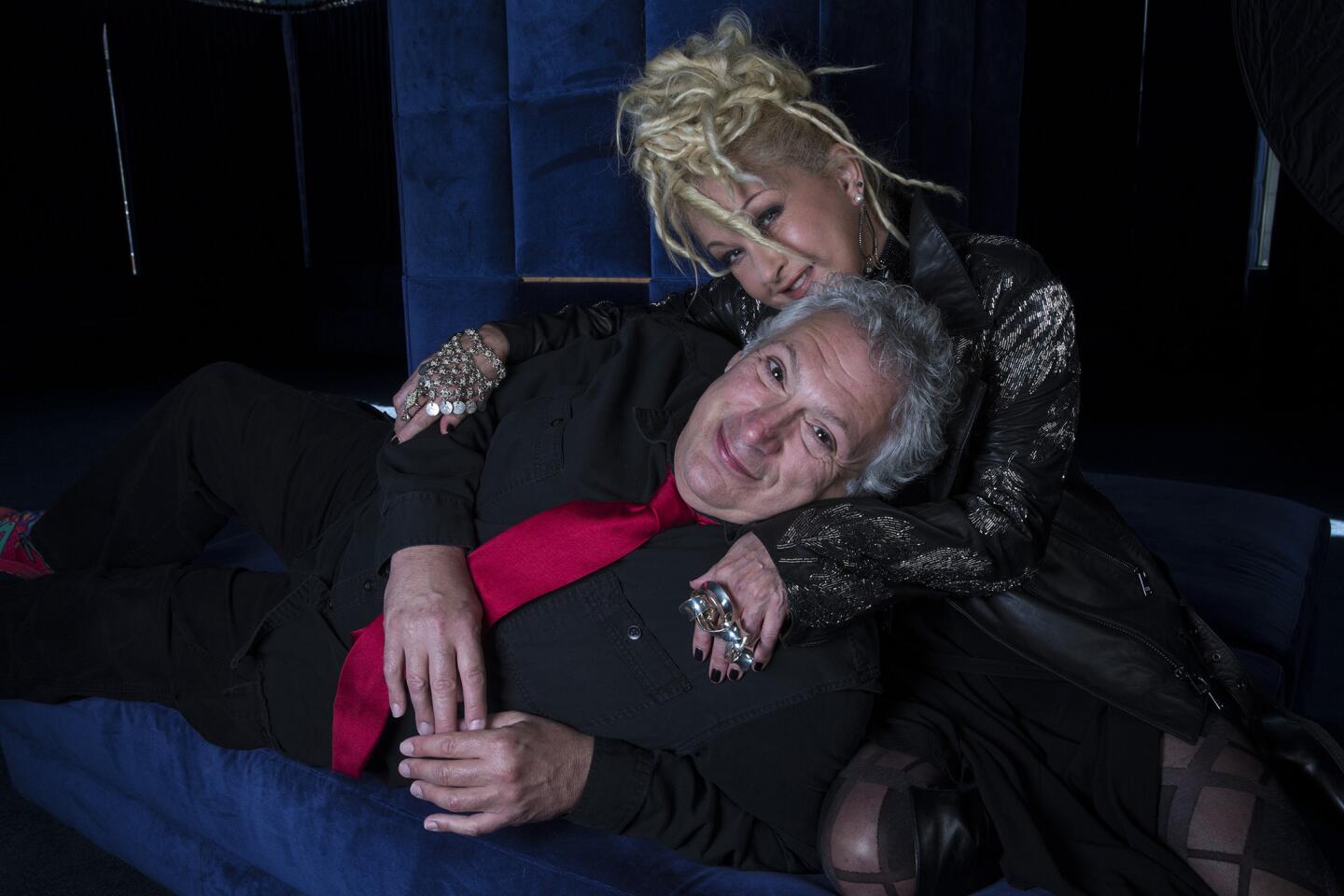
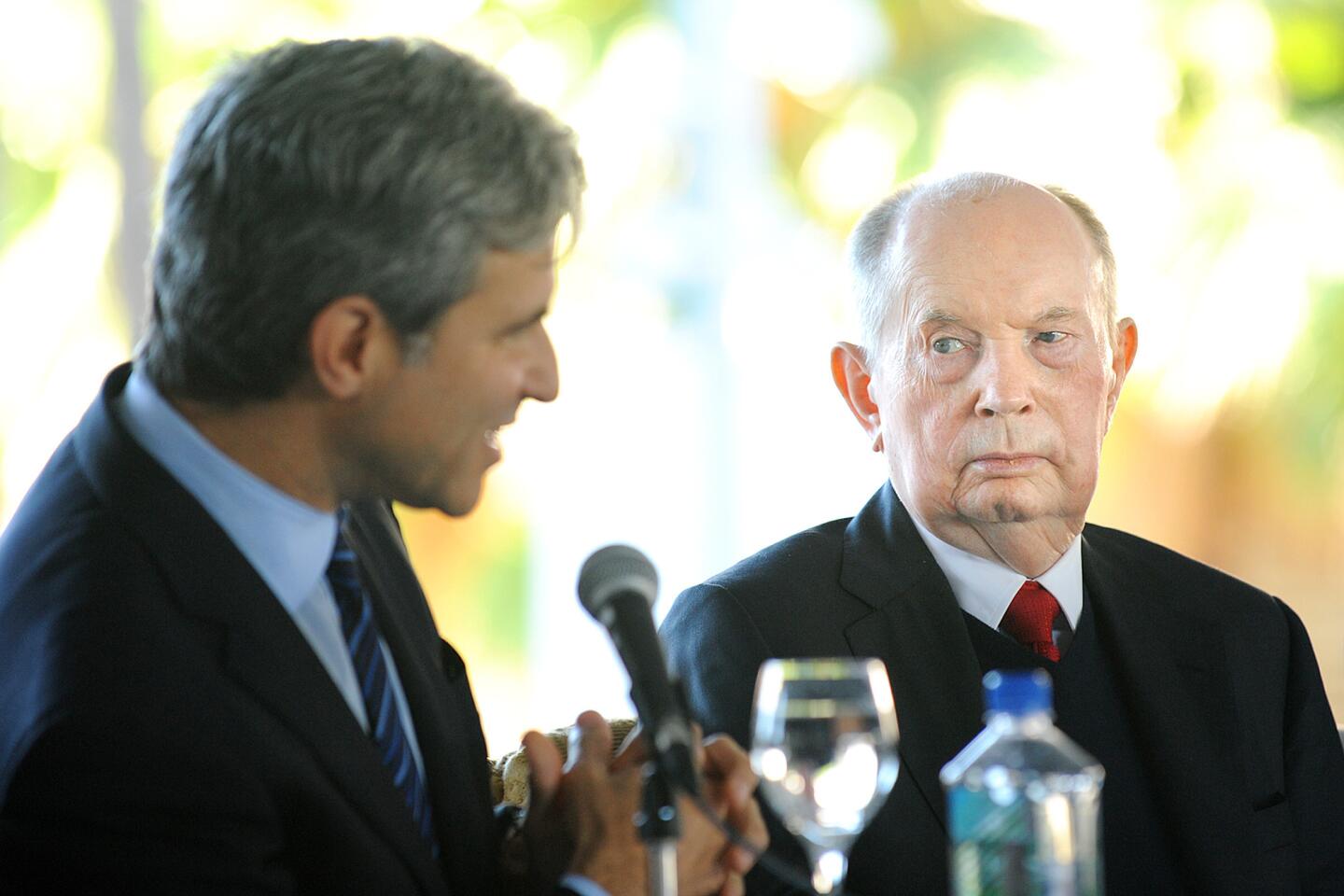

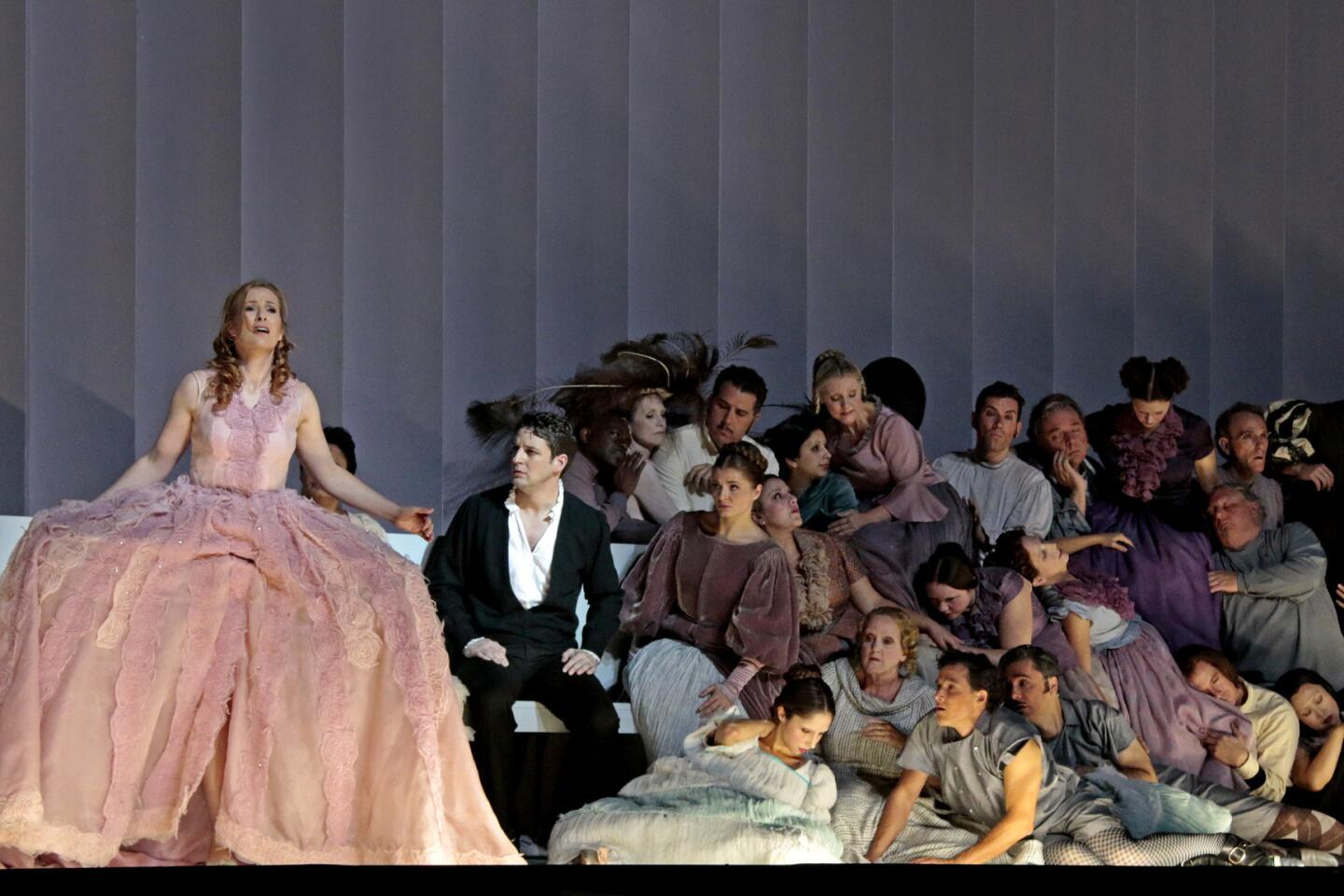
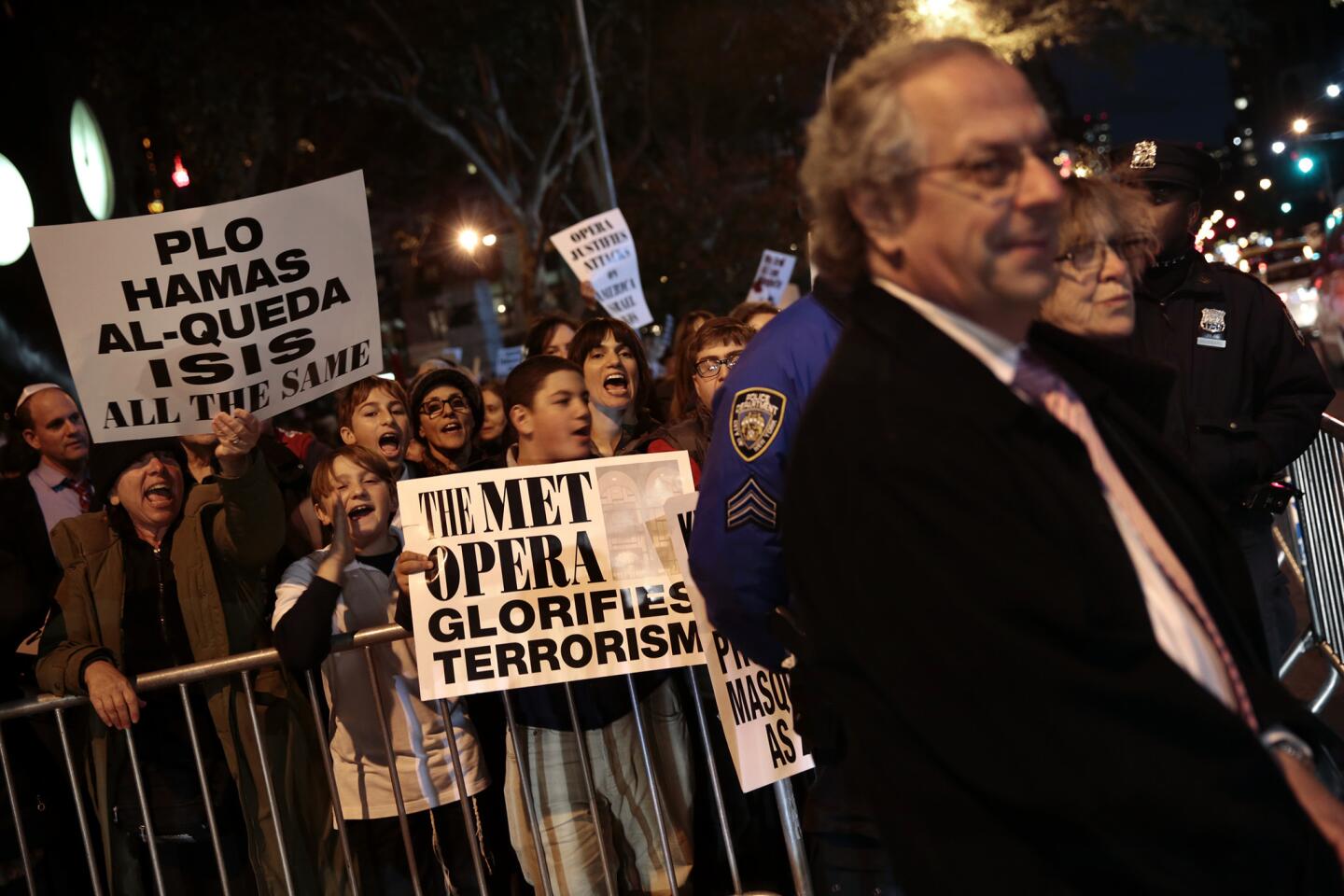
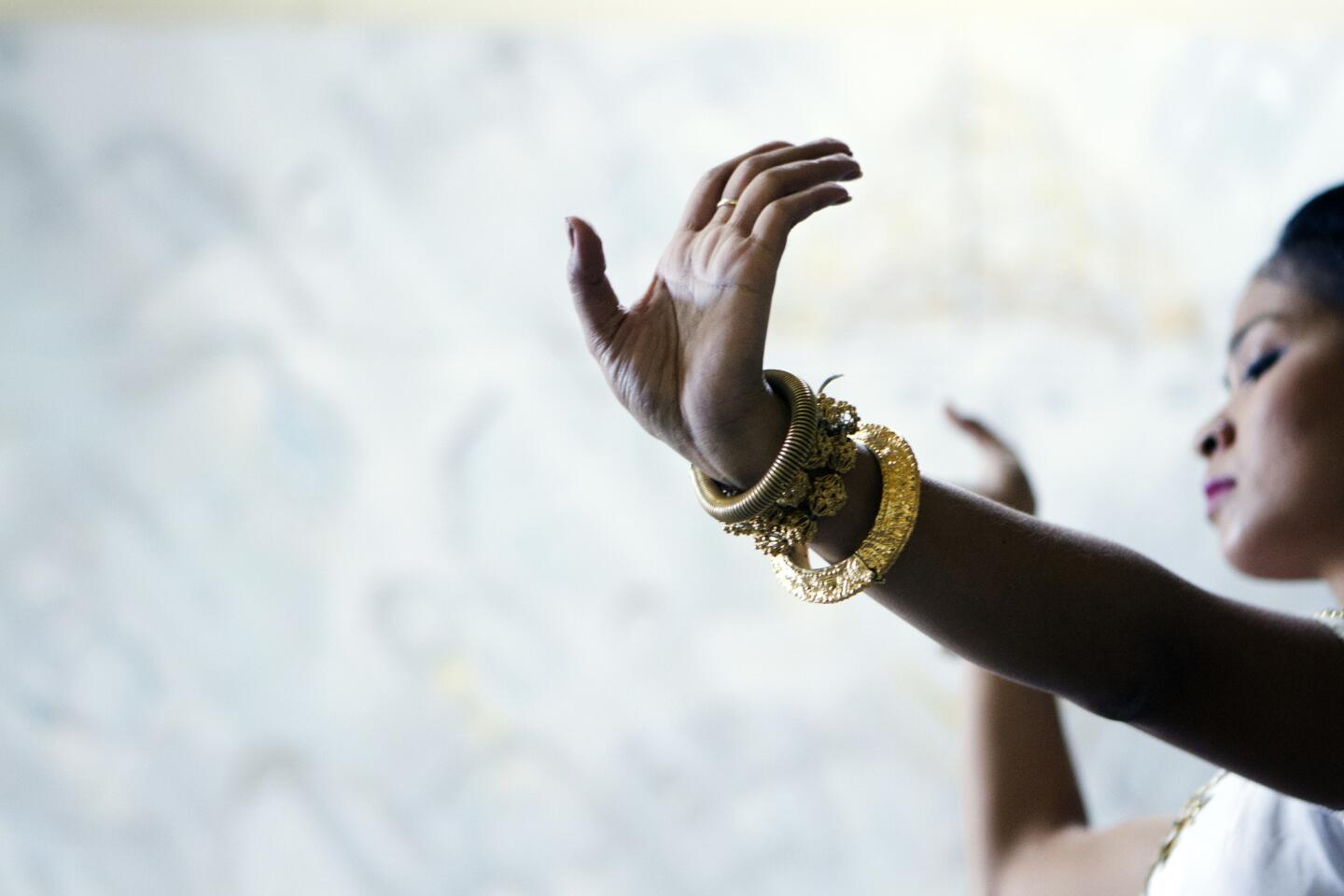

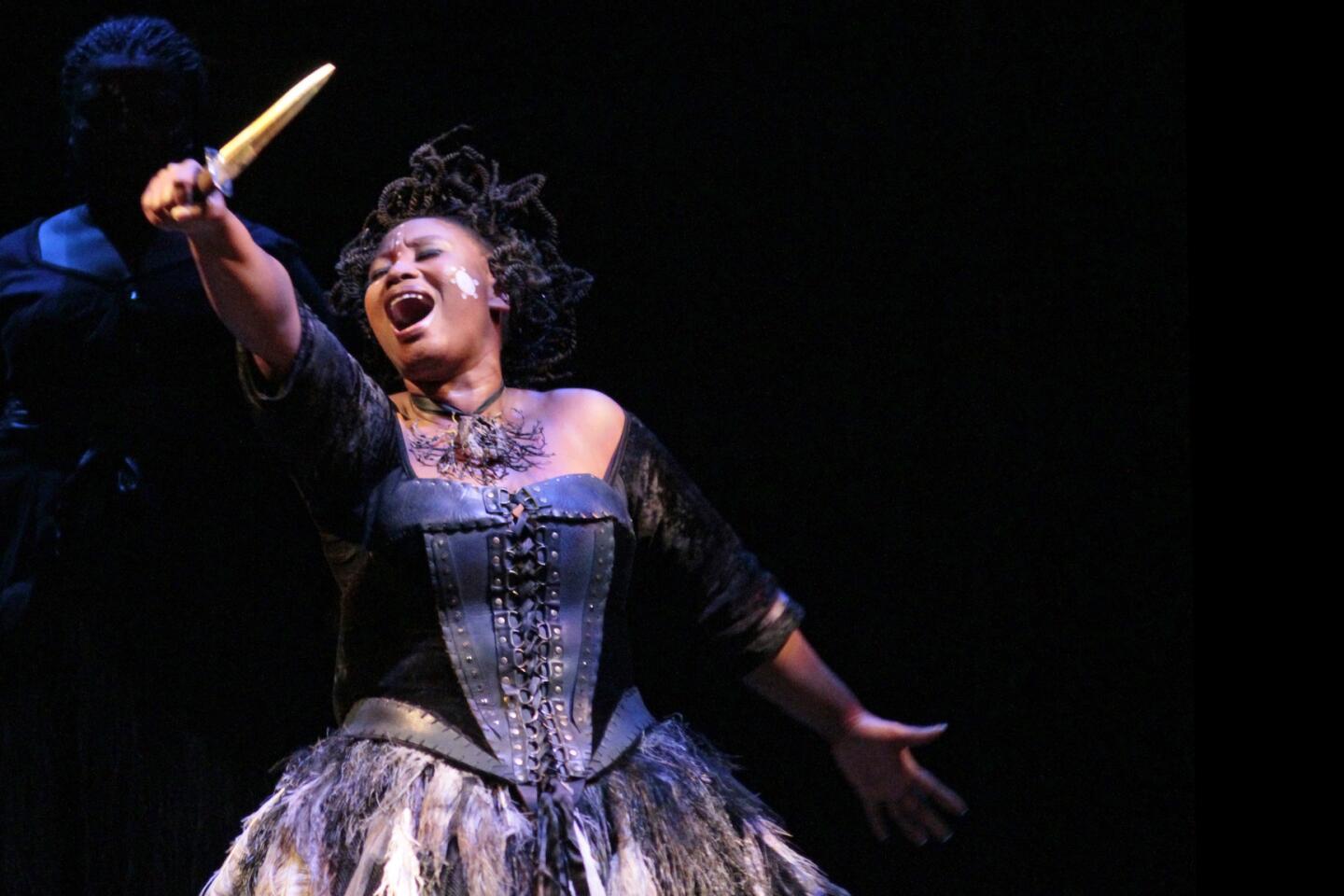
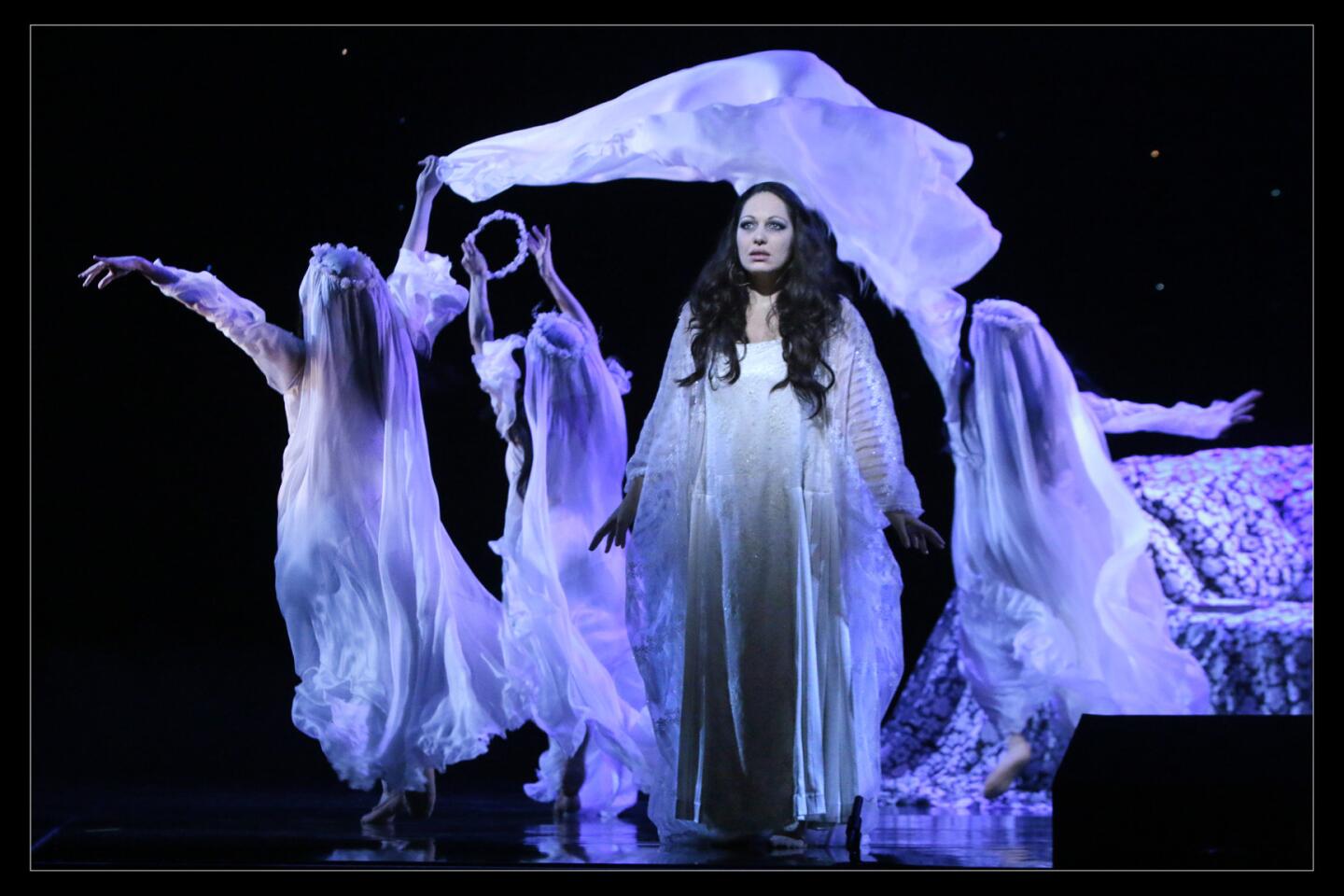
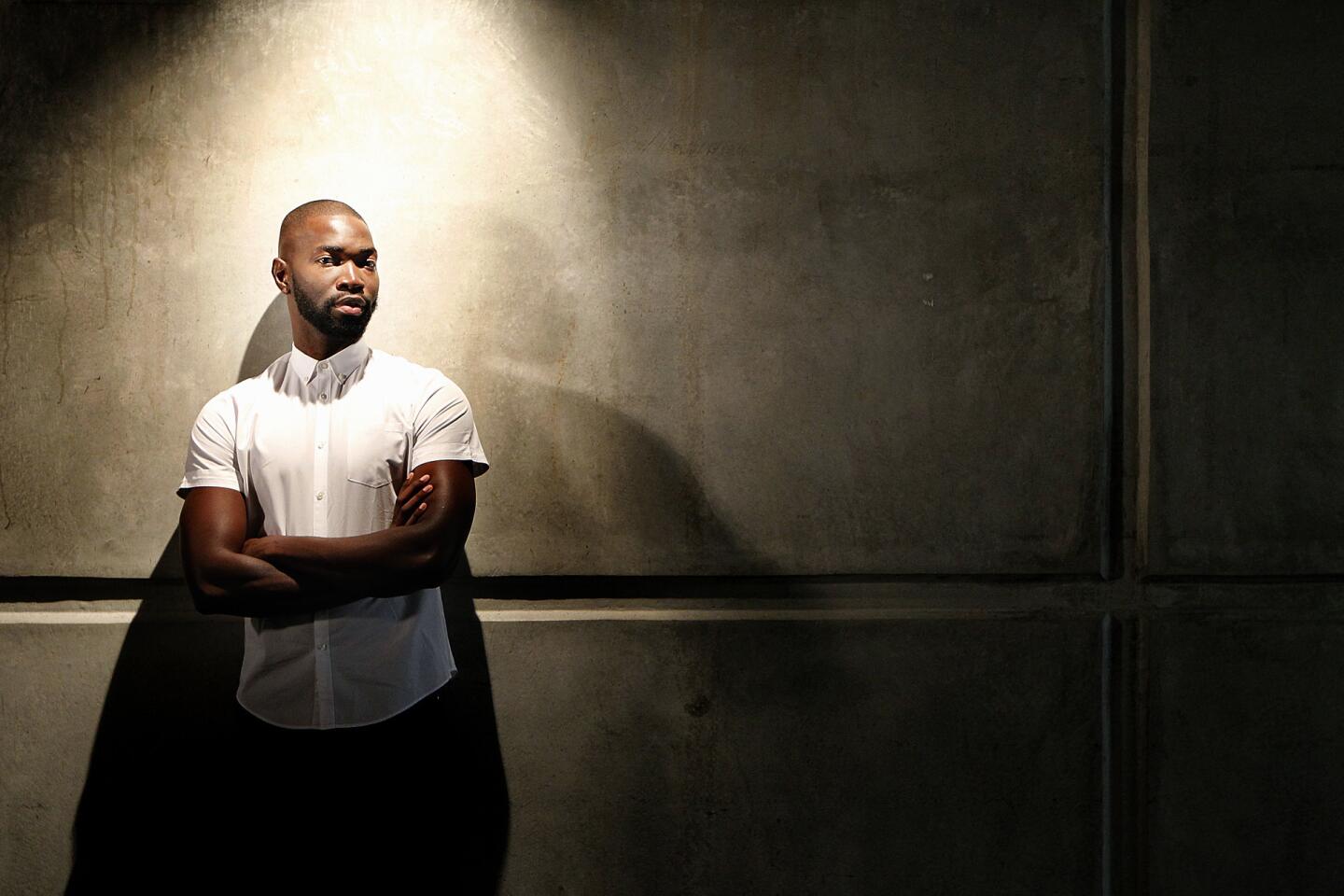

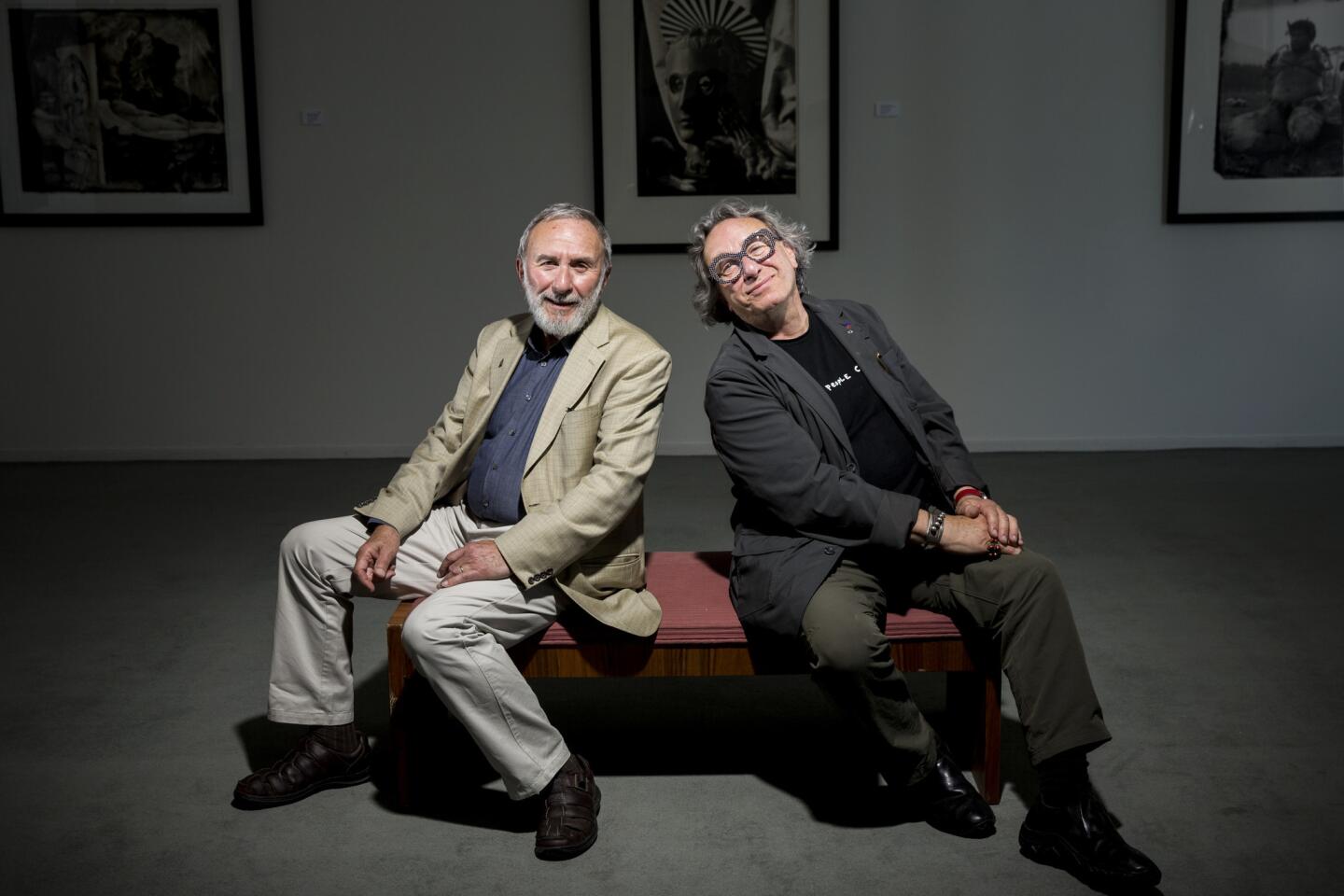
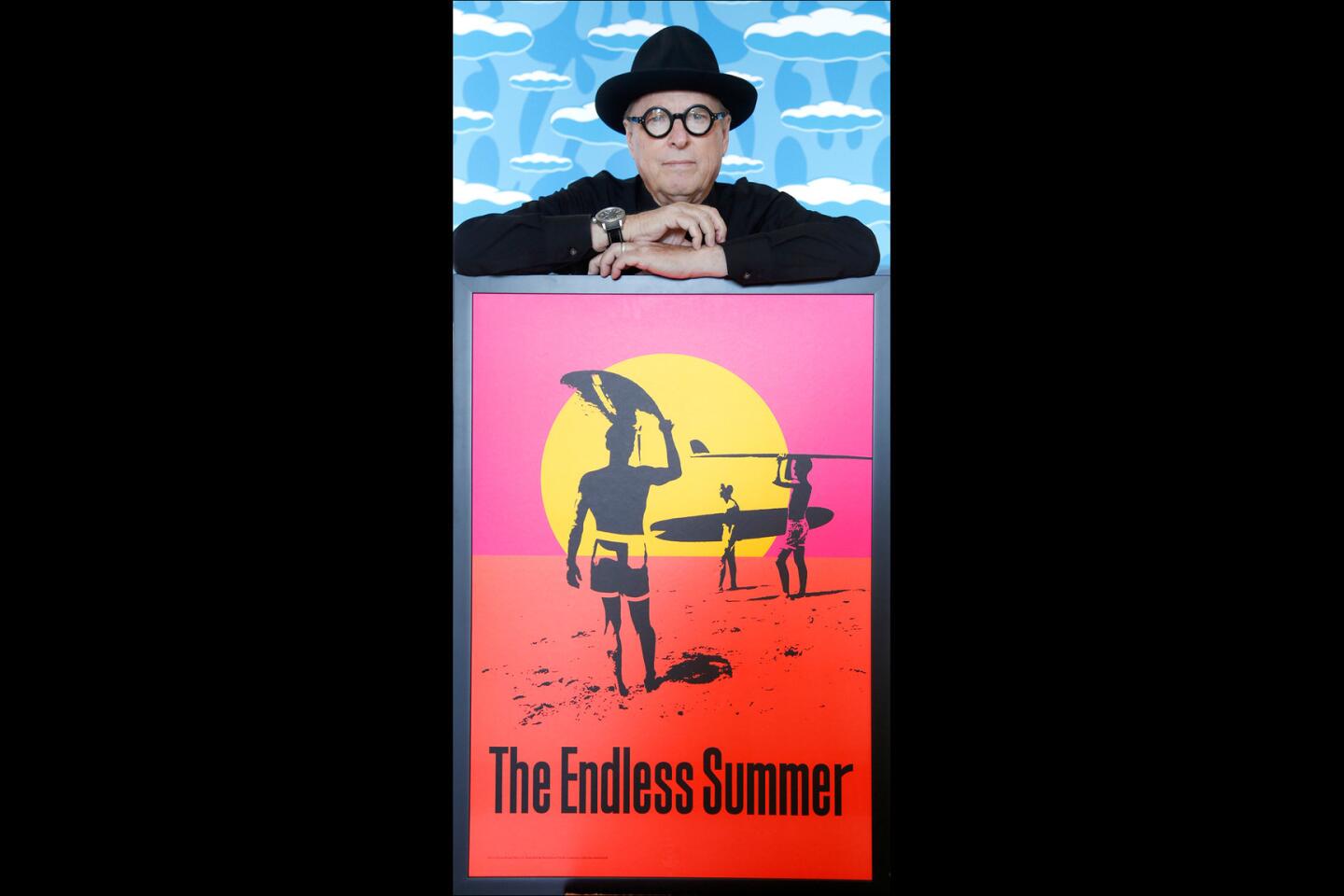
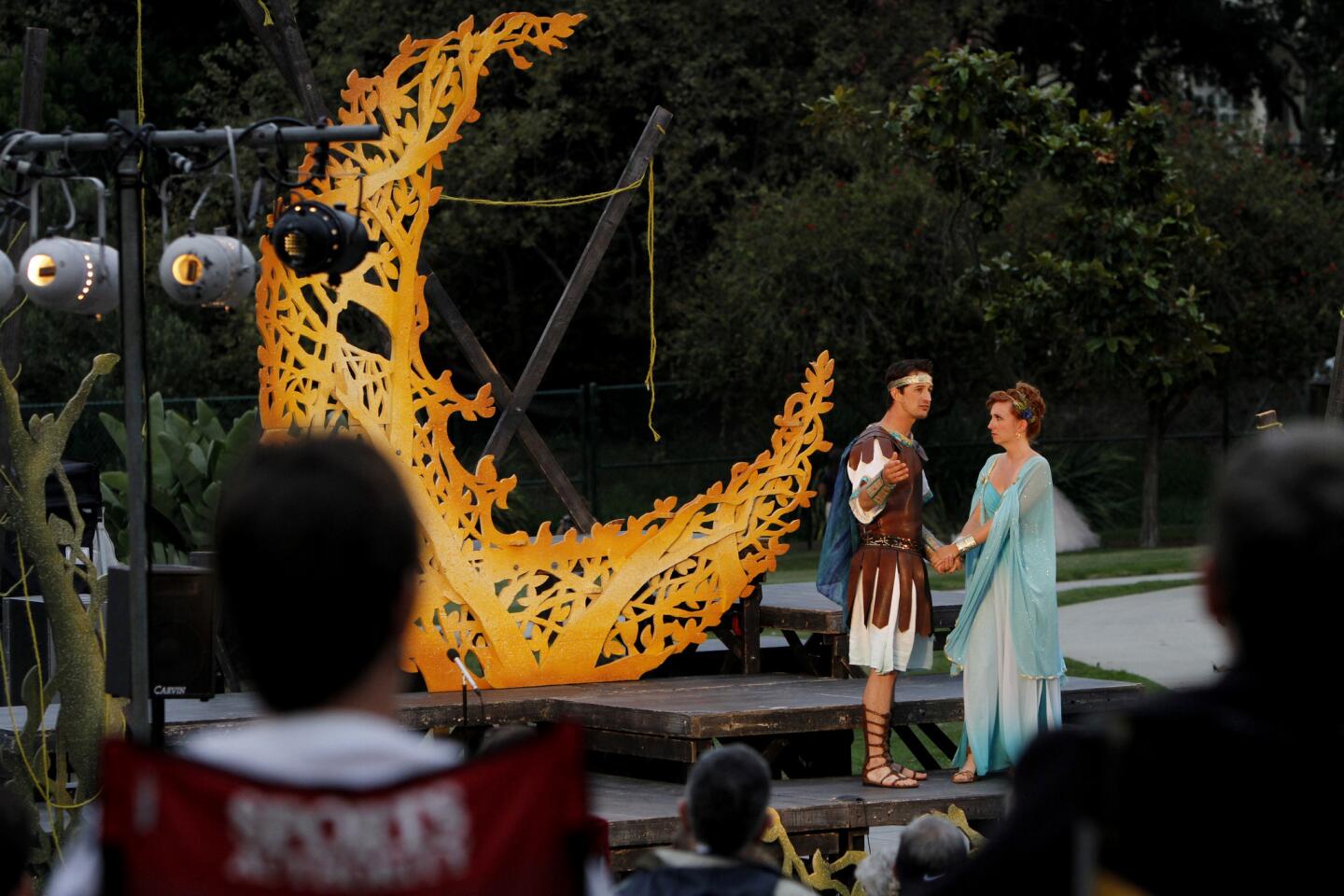

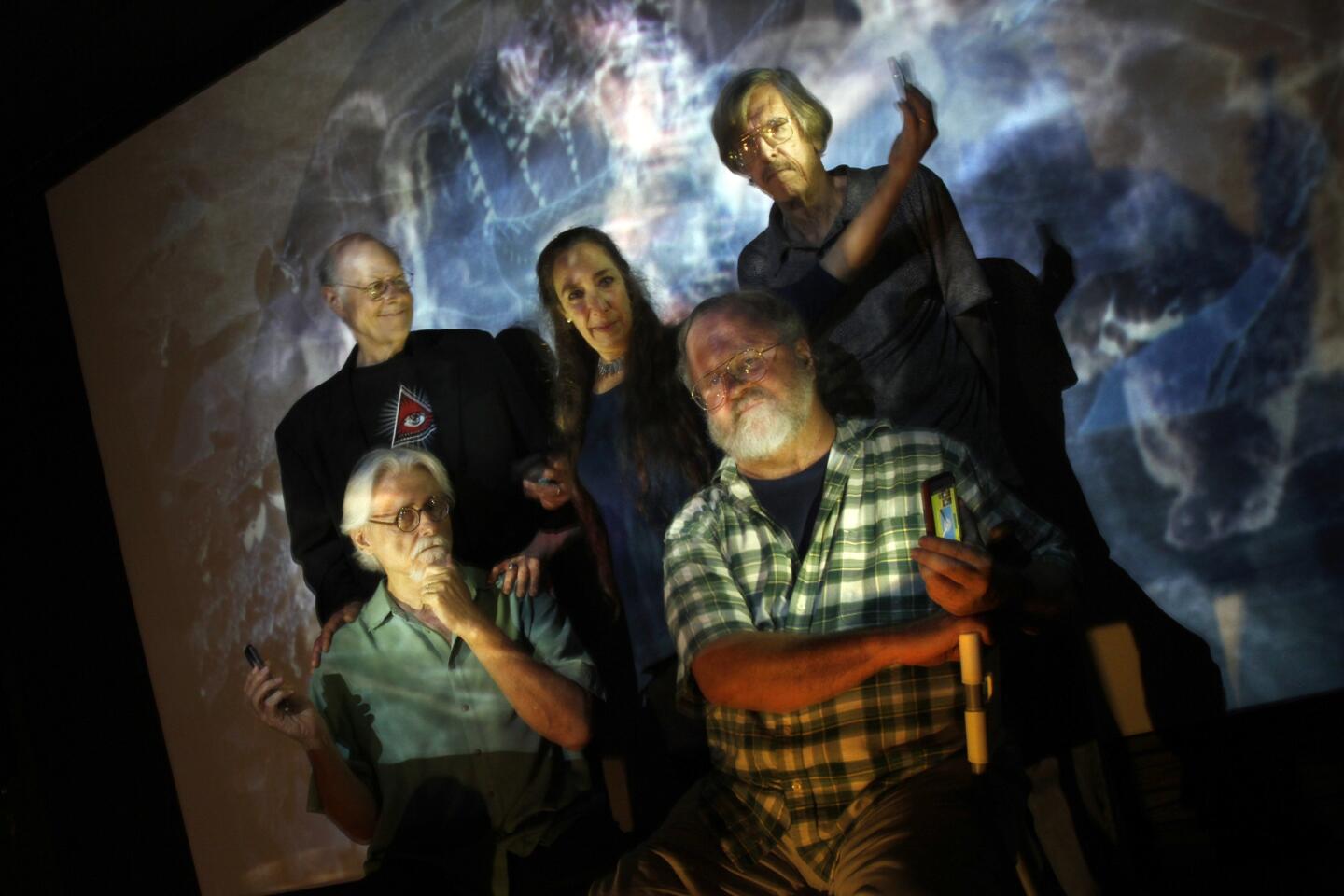

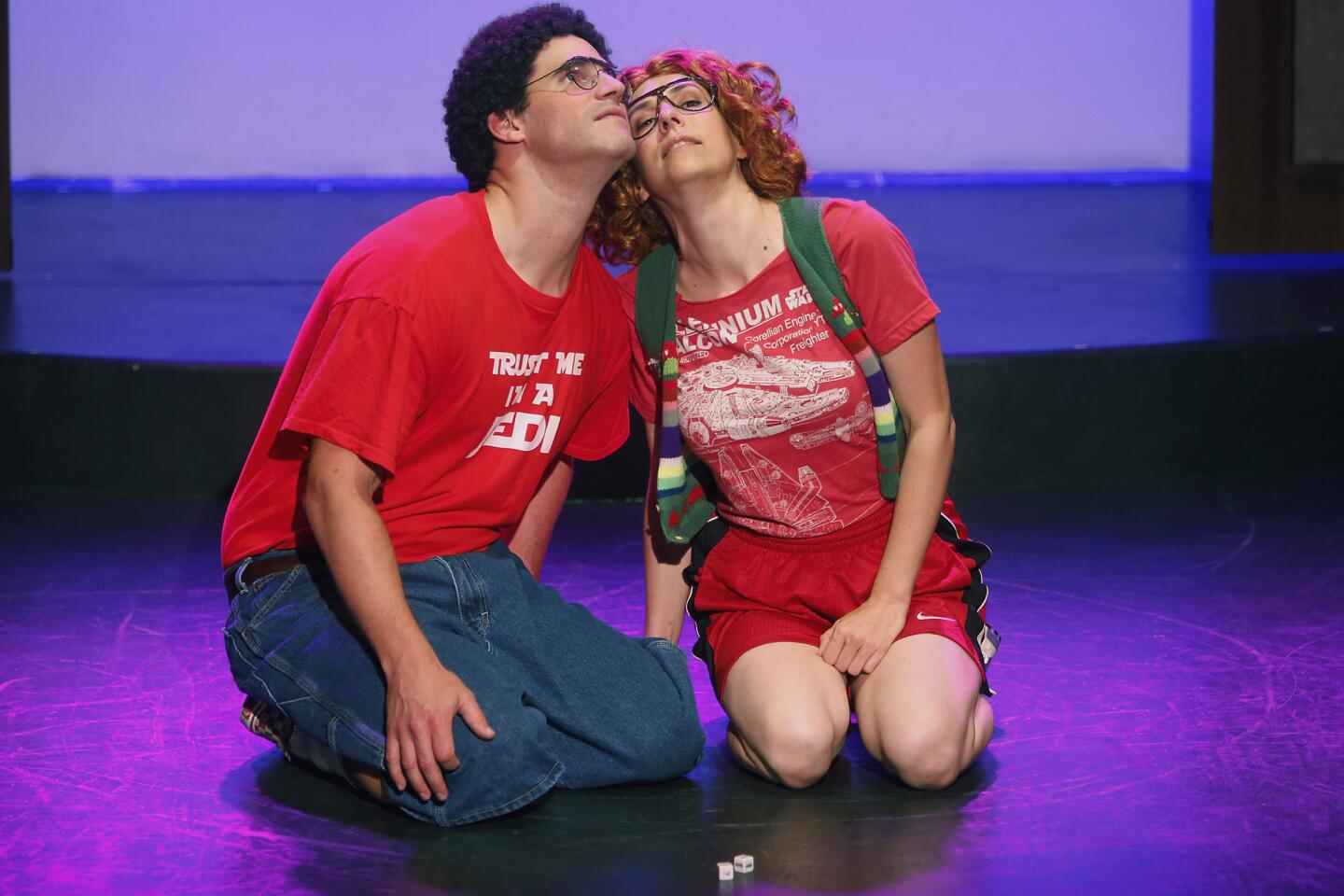
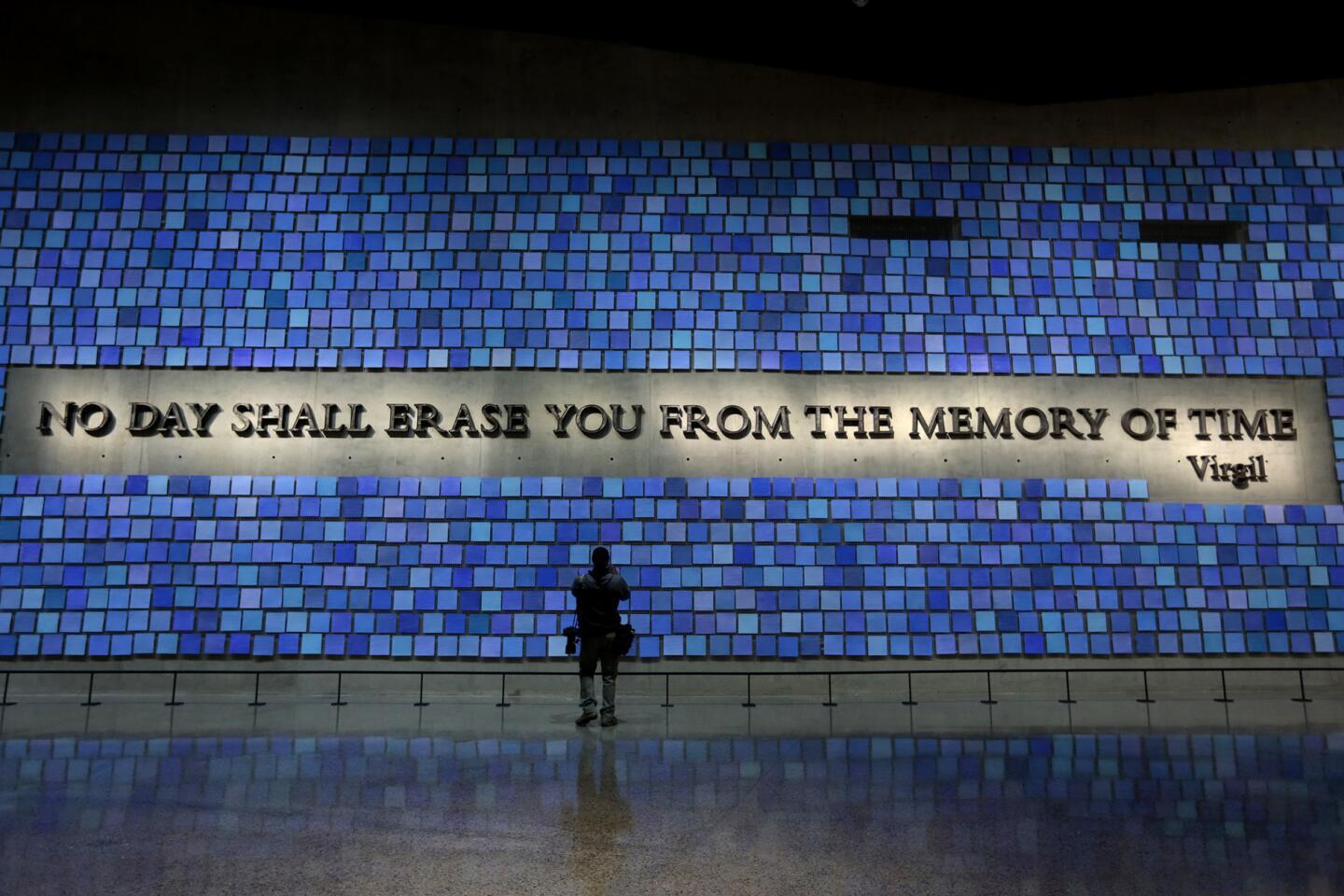
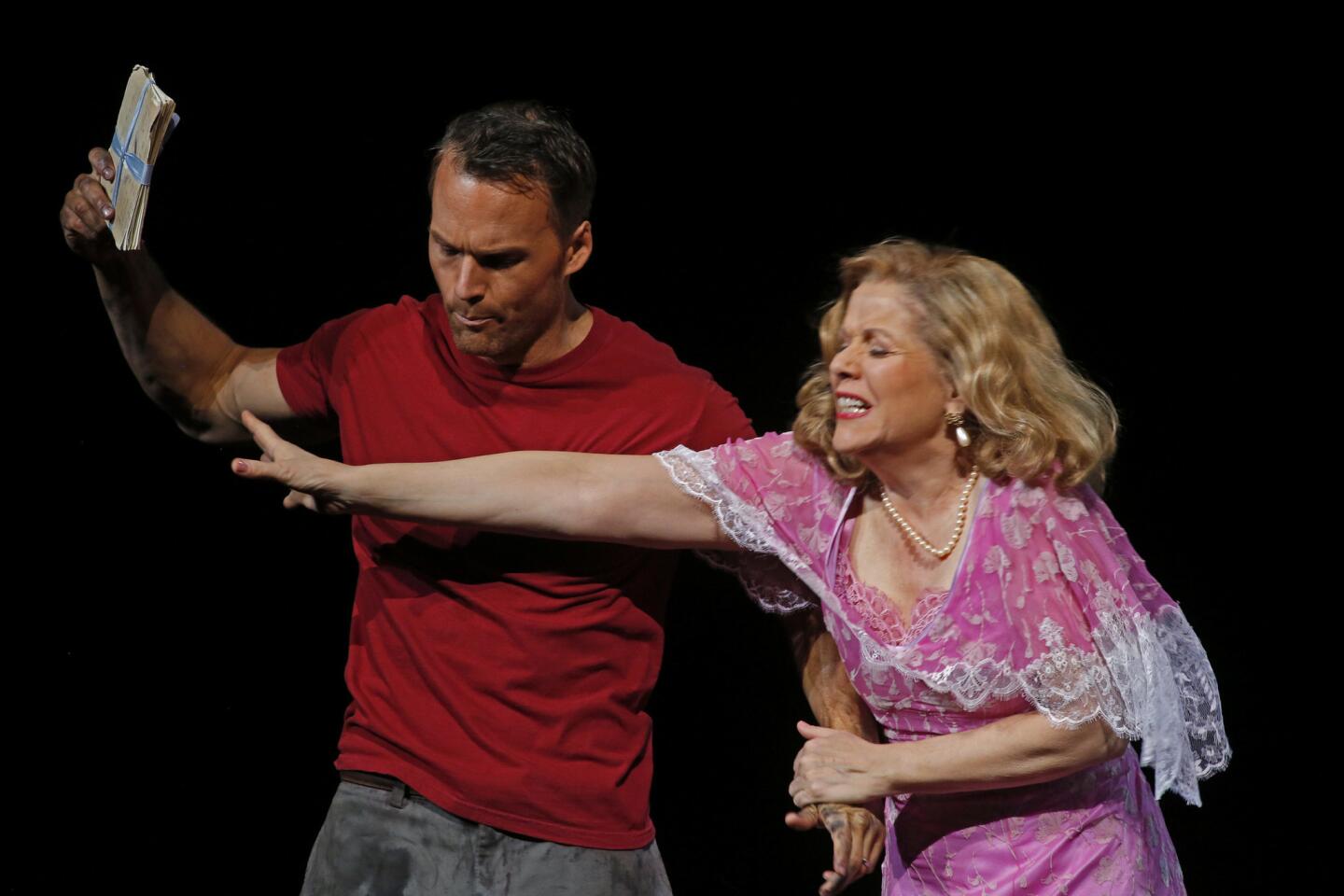
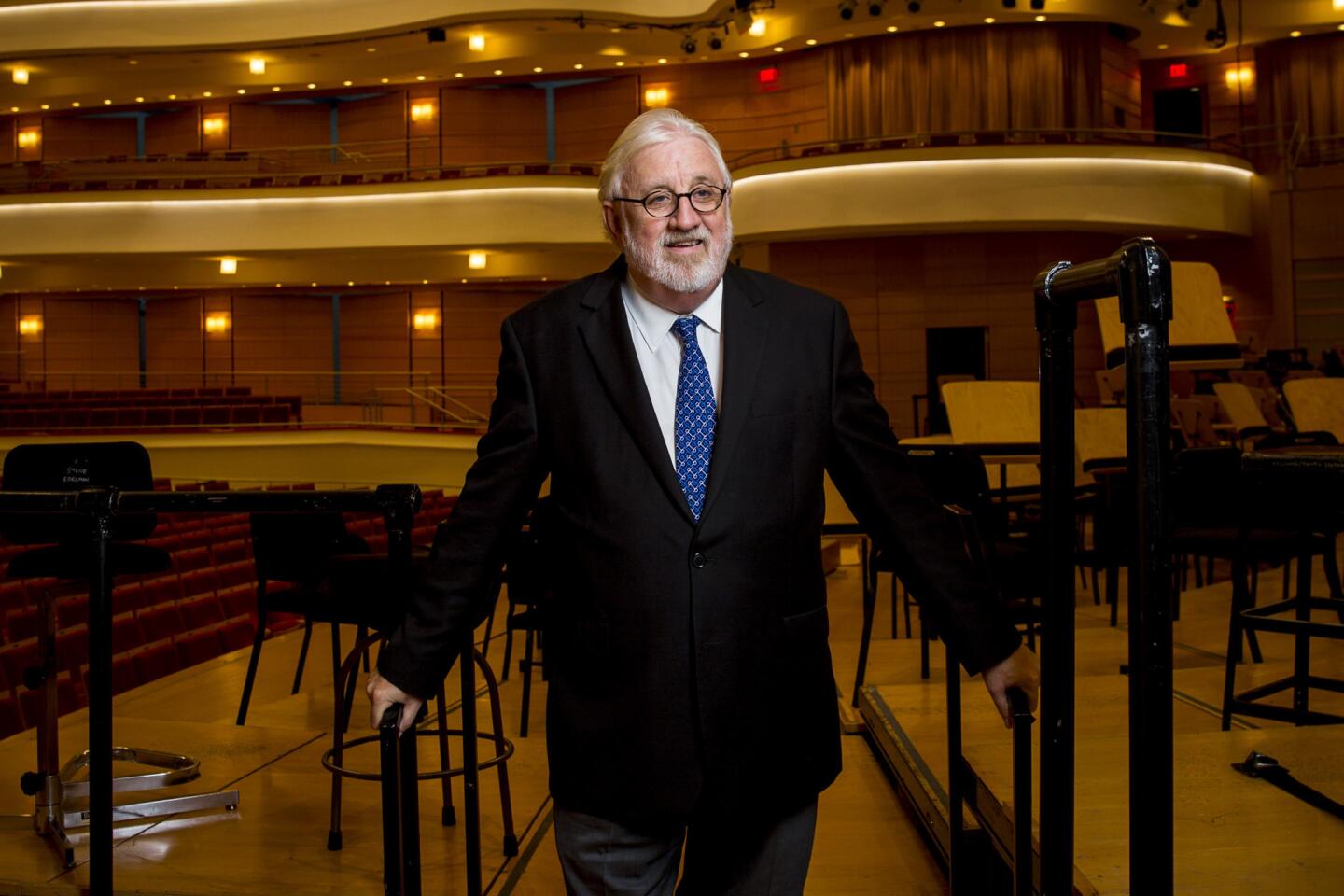
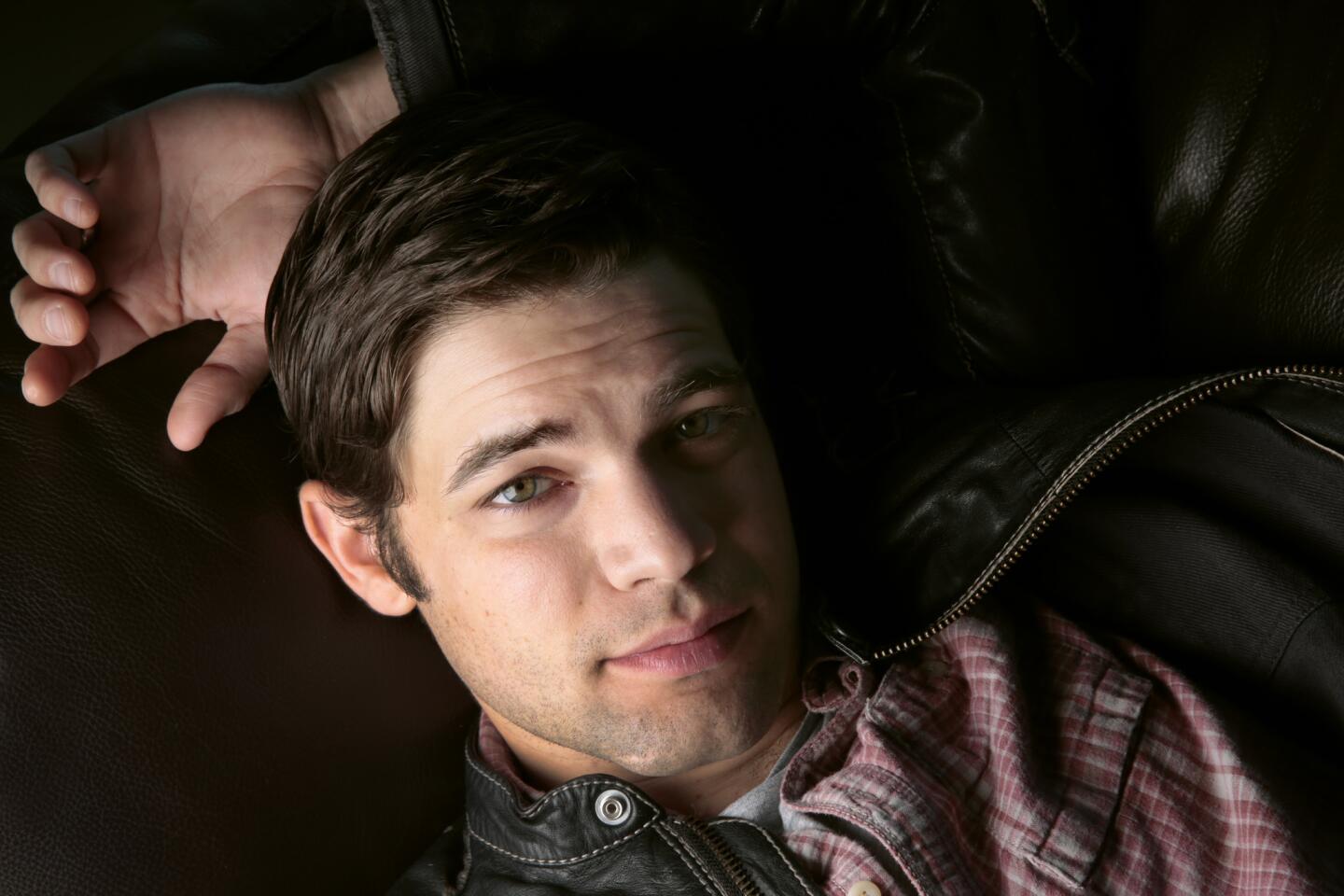

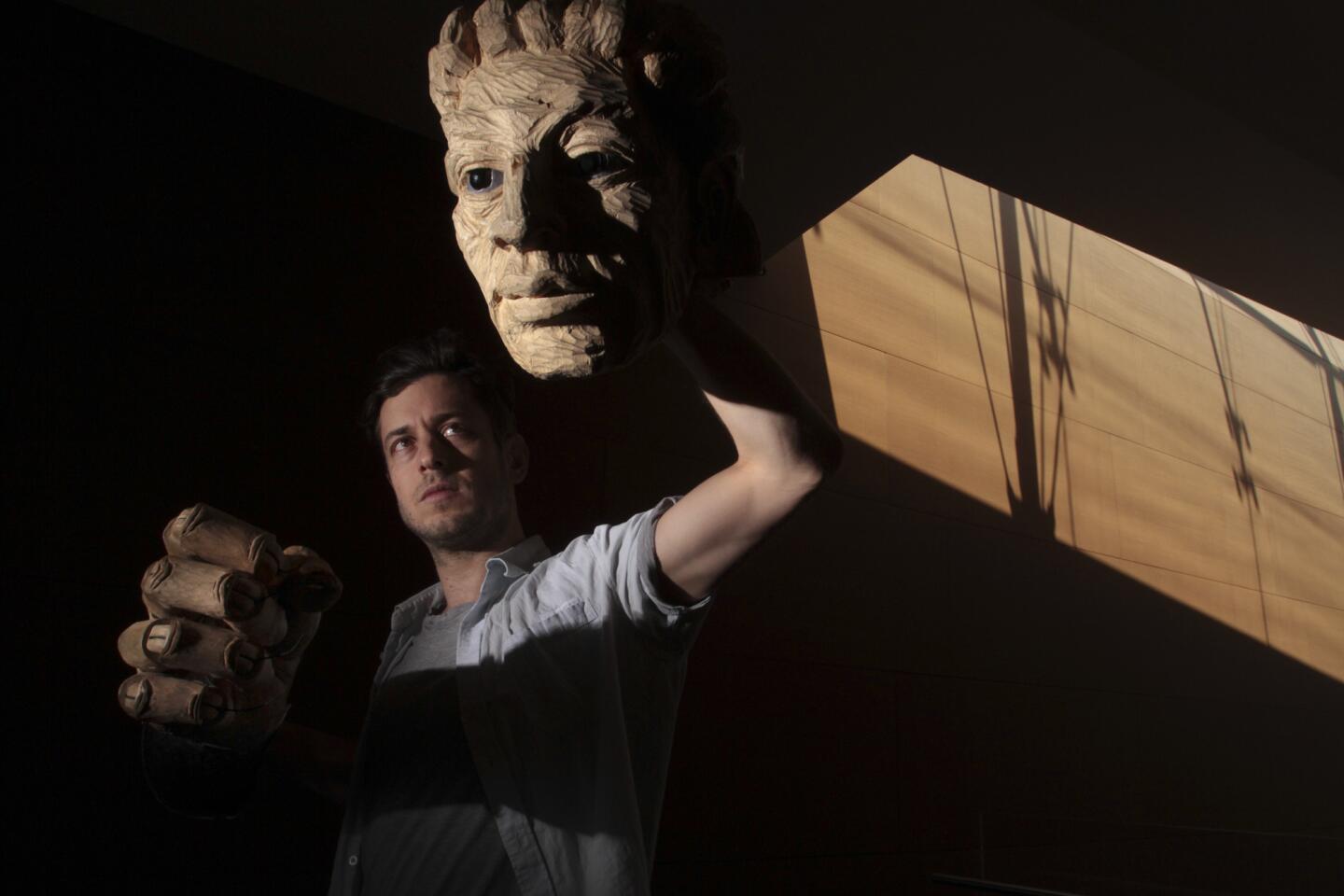
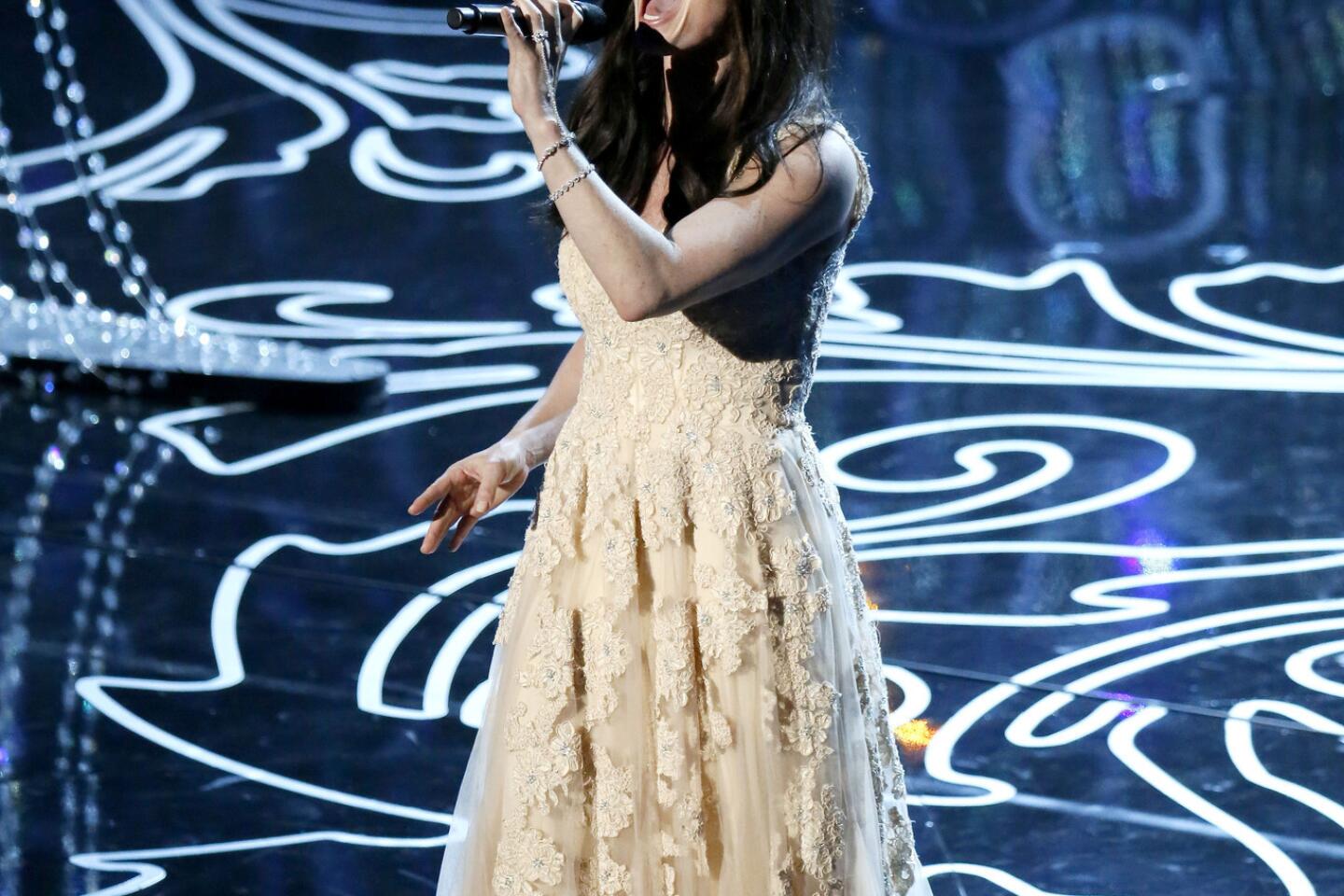
MORE: Oscars 2014: Idina Menzel sings Oscar-winning ‘Let It Go’ from ‘Frozen’
Idina Menzel replaced by ‘Adele Dazeem’ in ‘If/Then’ playbill joke
Adele Dazeem (Idina Menzel) saluted at ‘The Book of Mormon’ (Robert Gauthier / Los Angeles Times)
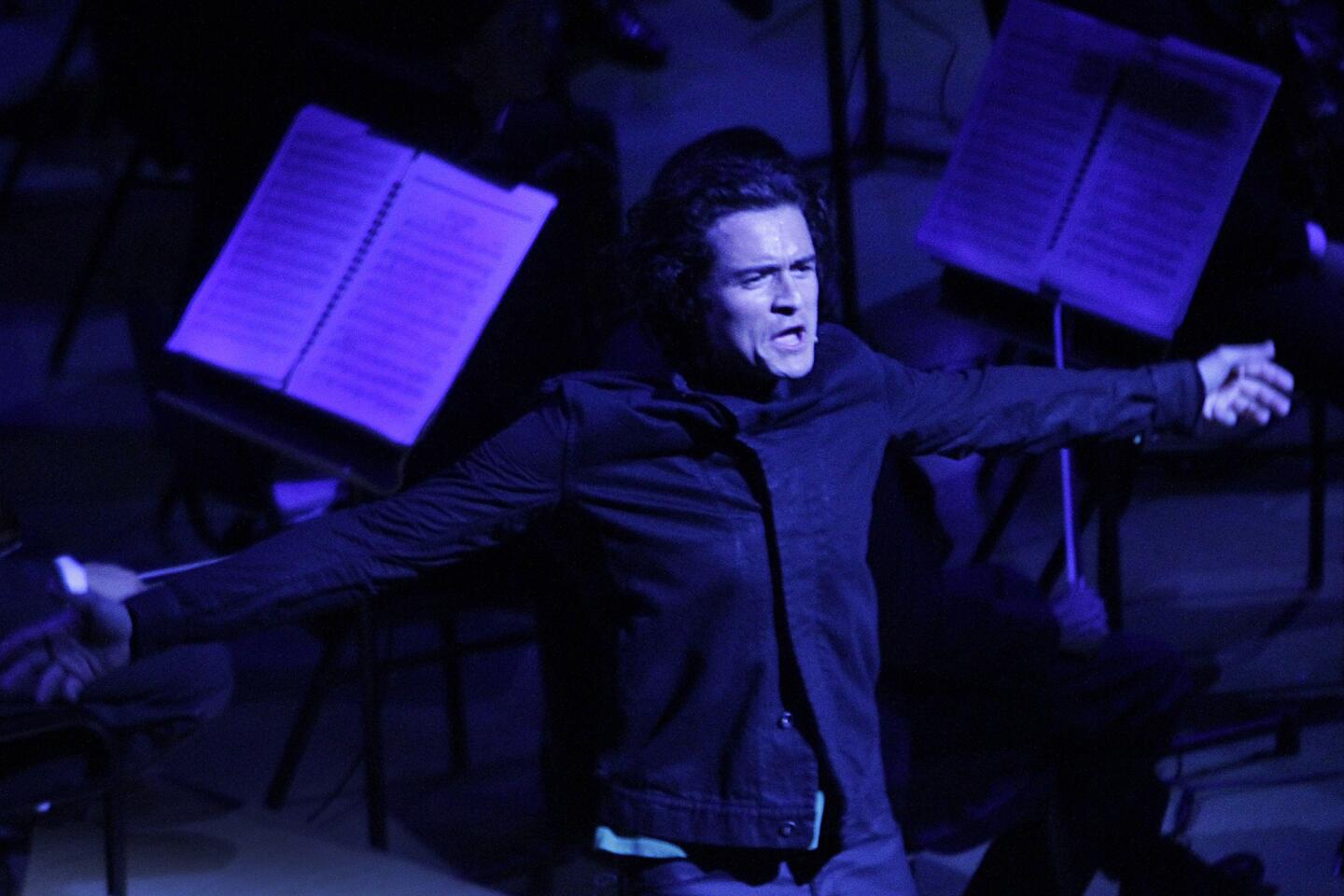
MORE: Orlando Bloom, Joe Morton brighten TchaikovskyFest at Disney Hall
REVIEW: Tchaikovsky on a grand scale (Lawrence K. Ho / Los Angeles Times)
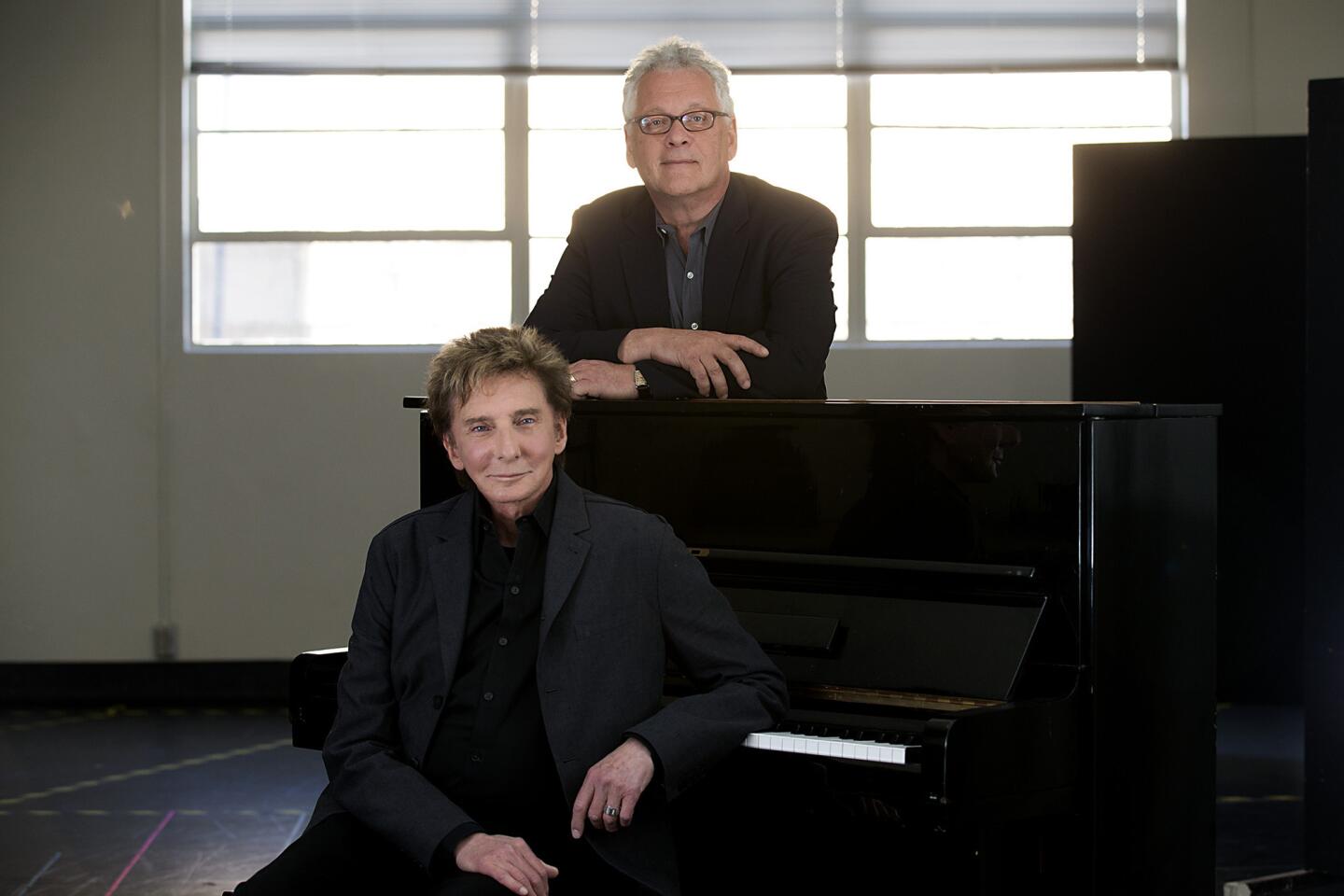
REVIEW: Barry Manilow’s ‘Harmony’ musical can sing but needs work (Luis Sinco / Los Angeles Times)
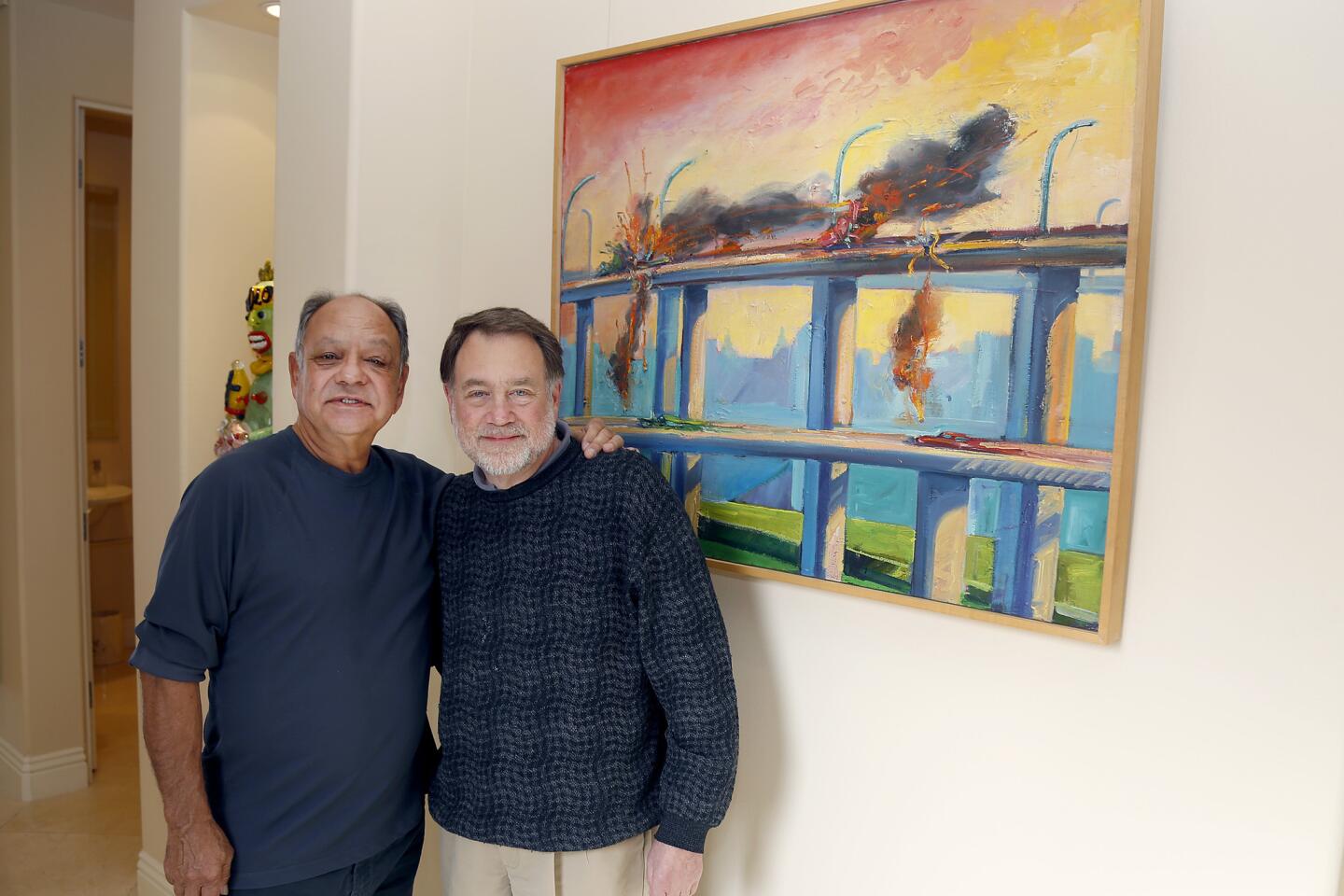
MORE: Carlos Almaraz’s time is coming, nearly 30 years after death (Kirk McKoy / Los Angeles Times)
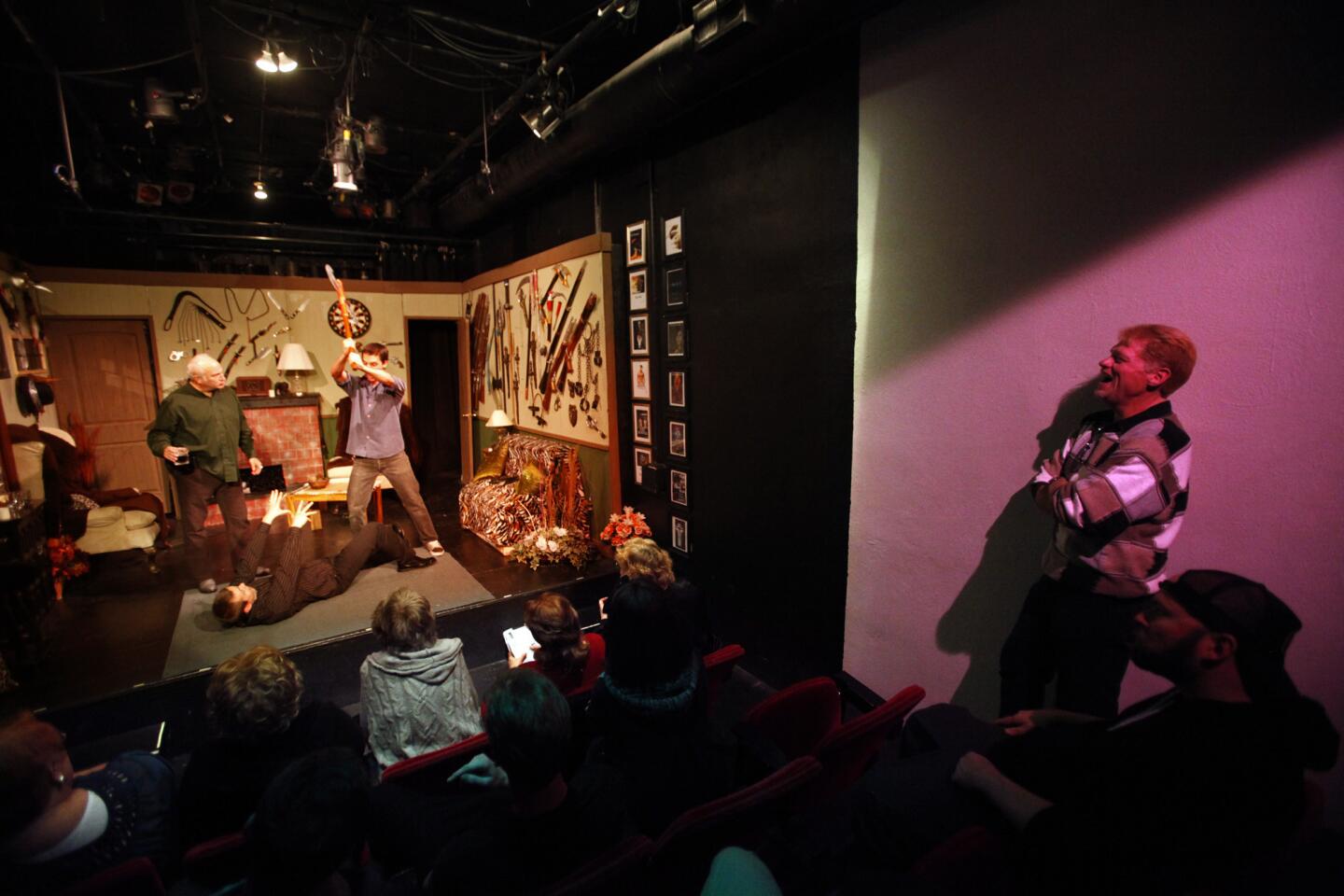
MORE: Hollywood’s Theatre Row sees exits stage right, left as scene changes
INTERACTIVE: Hollywood’s Theatre Row (Genaro Molina / Los Angeles Times)
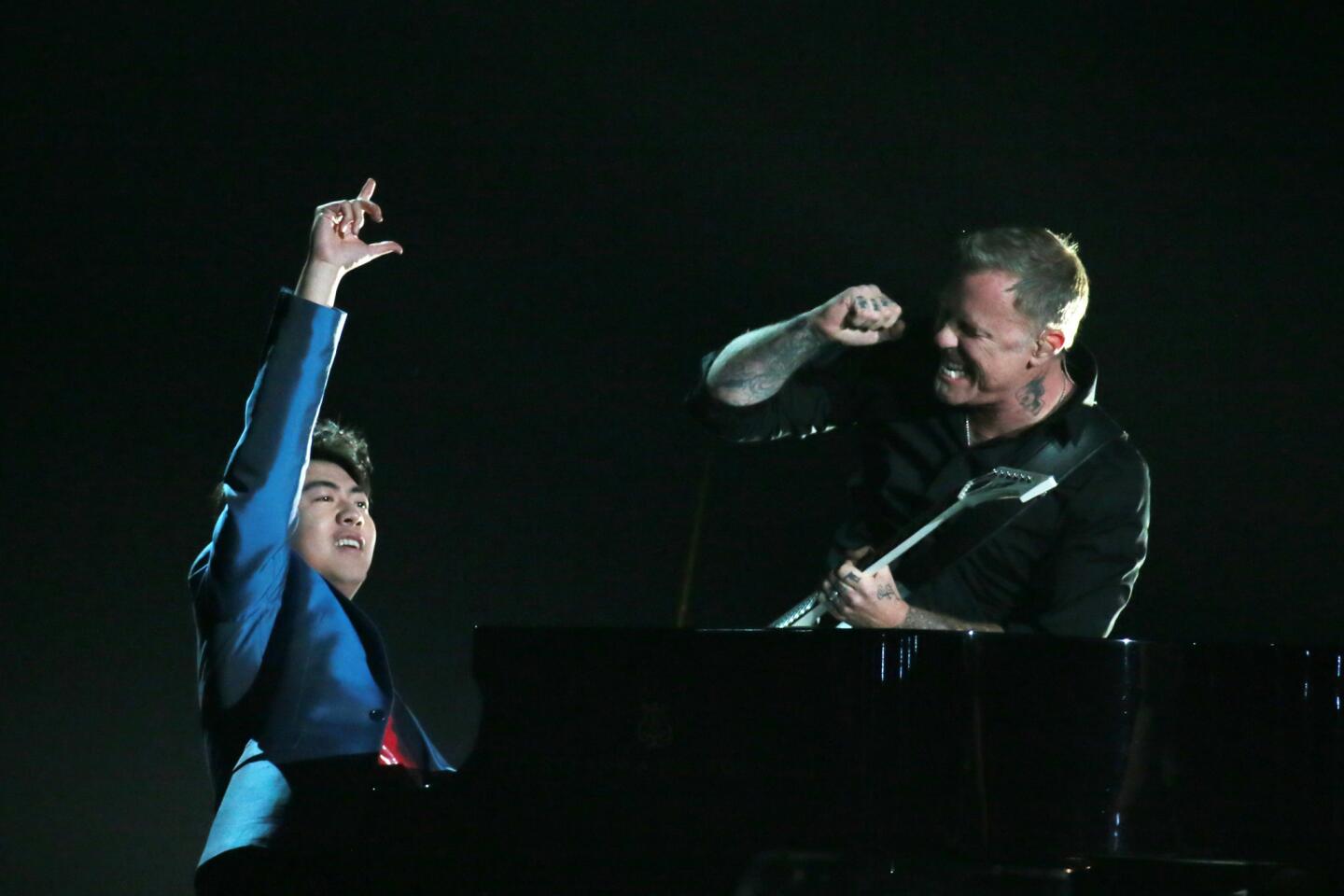
More: Grammys 2014: Lang Lang performs ‘One’ with Metallica (Robert Gauthier / Los Angeles Times)
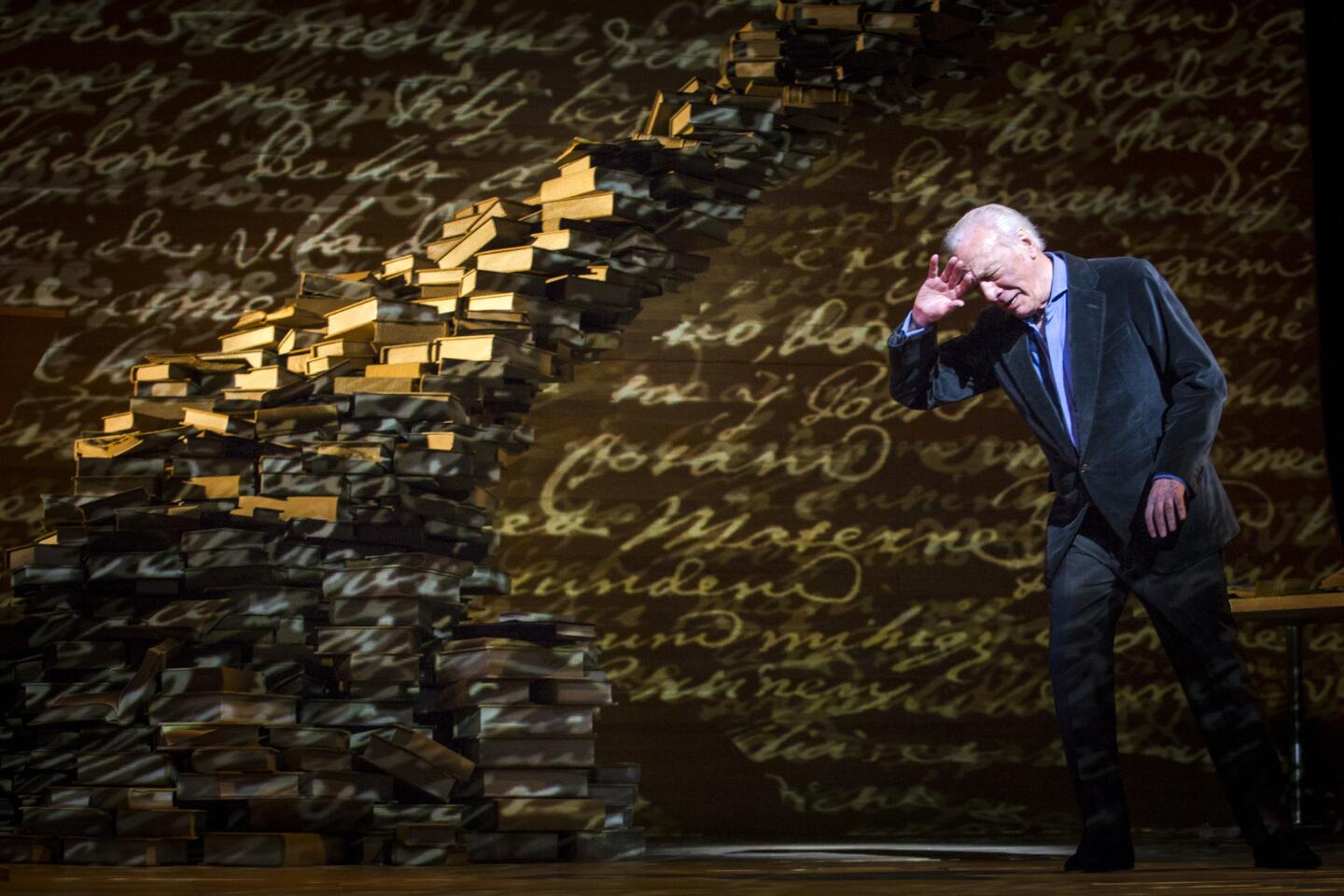
Review: Christopher Plummer, a man of letters, says ‘A Word or Two’ (Doriane Raiman / Los Angeles Times)
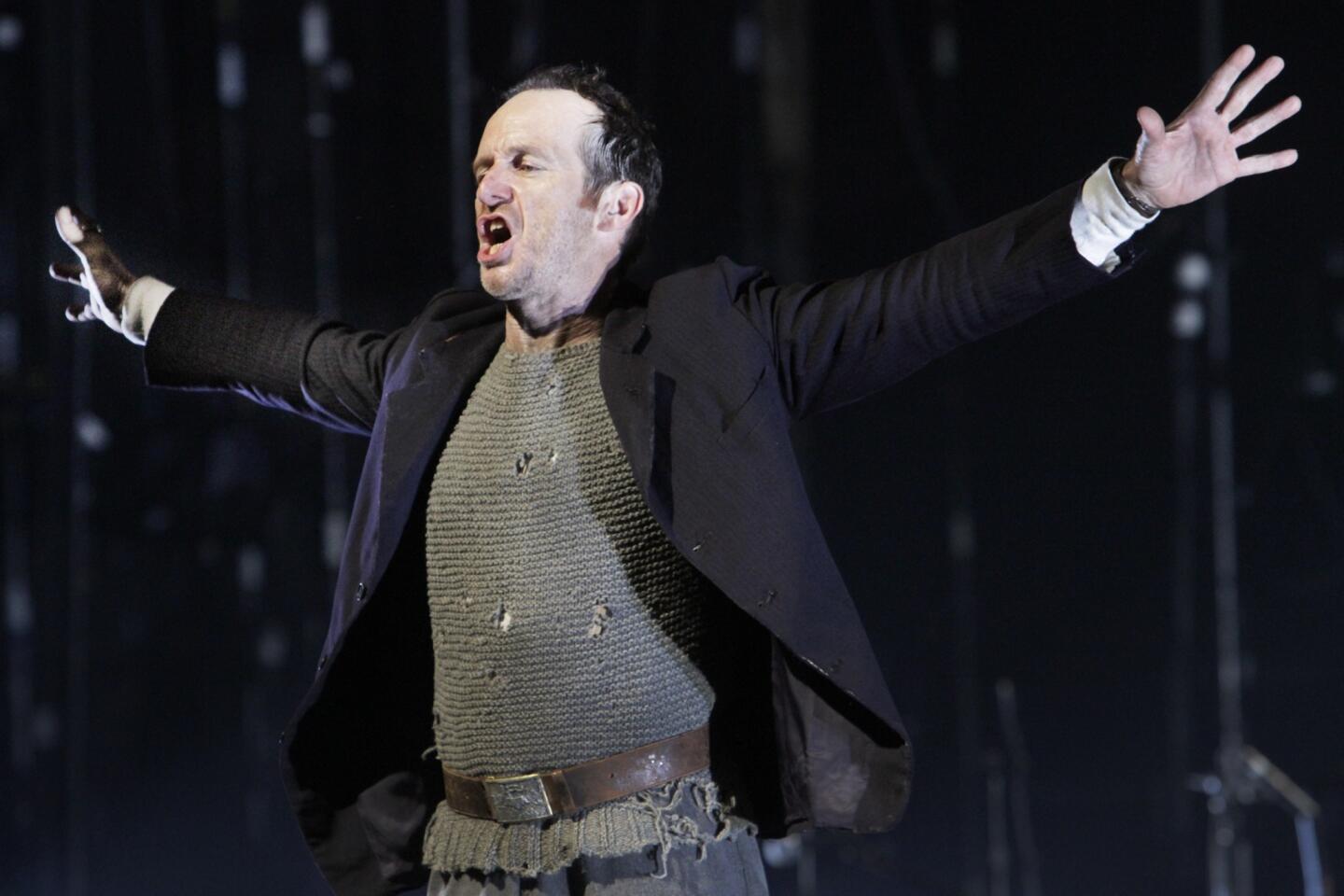
REVIEW: A poet embedded among troops lives to tell ‘An Iliad’ (Lawrence K. Ho / Los Angeles Times)
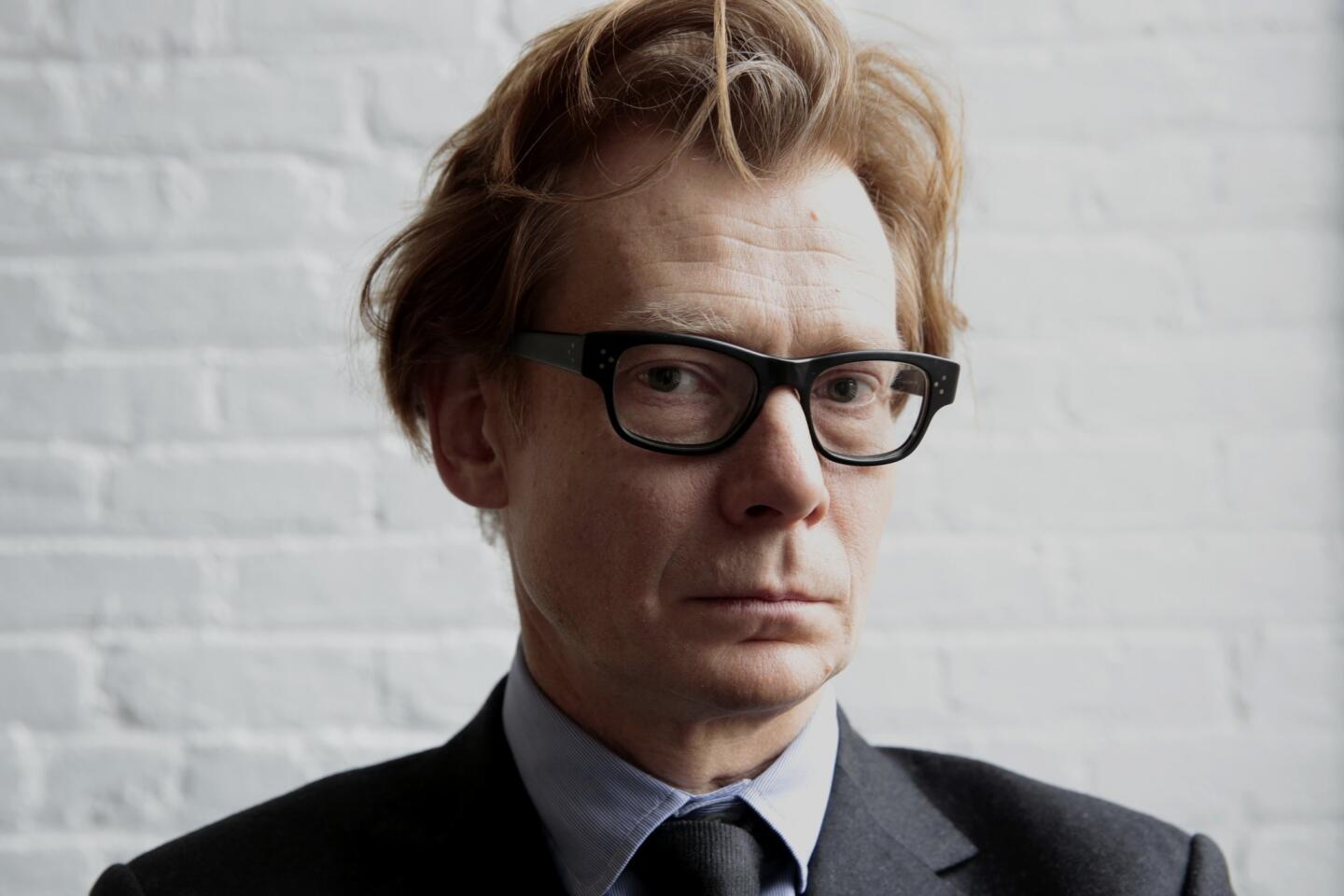
MORE: New MOCA director Philippe Vergne is a museum veteran
New MOCA director Philippe Vergne plans an artist-enabling museum (Carolyn Cole / Los Angeles Times)
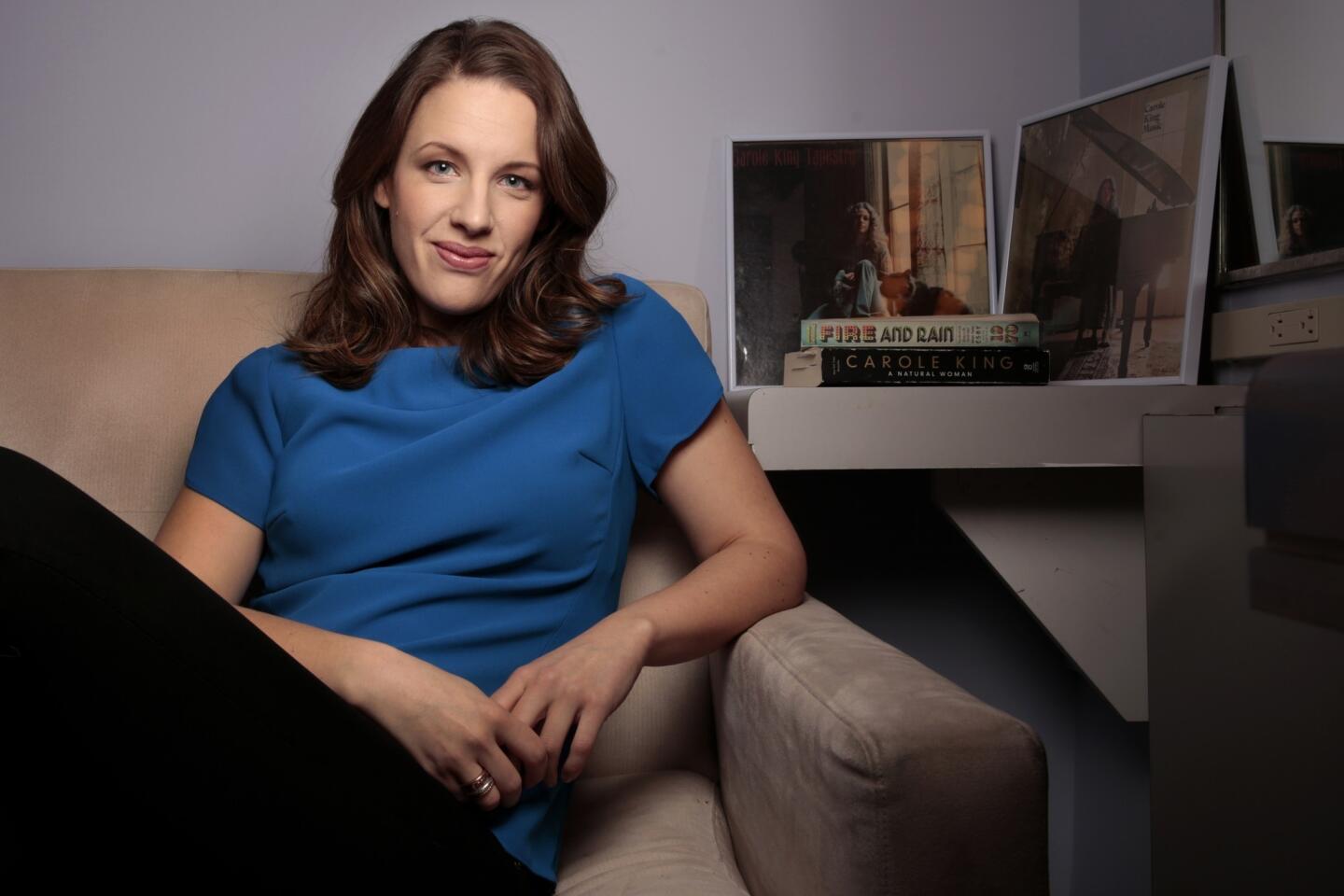
MORE: A ‘Beautiful’ tapestry of Carole King’s life (Carolyn Cole / Los Angeles Times)
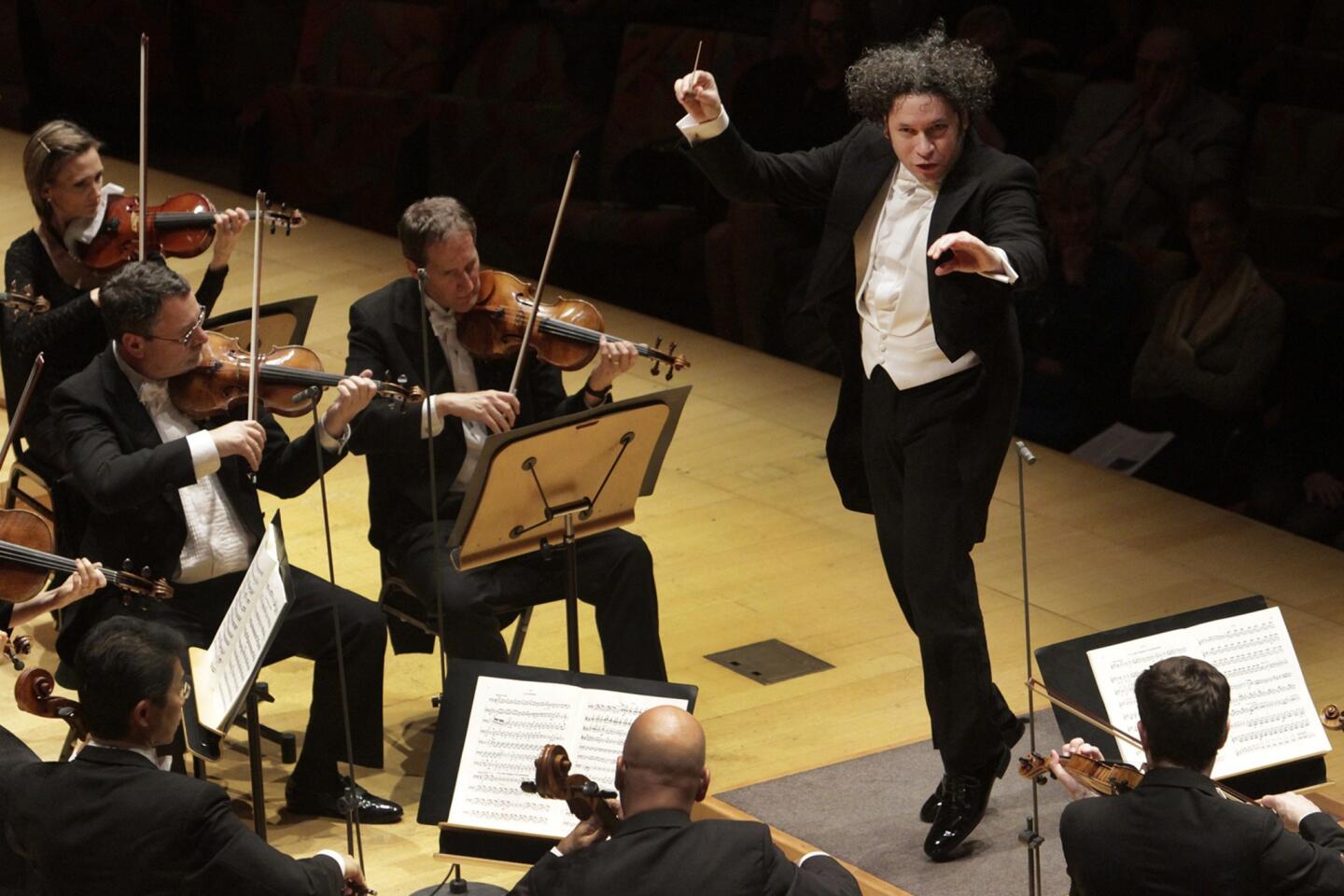
REVIEW: L.A. Phil, Dudamel reinvigorate Tchaikovsky’s ‘Nutcracker’ (Lawrence K. Ho / Los Angeles Times)
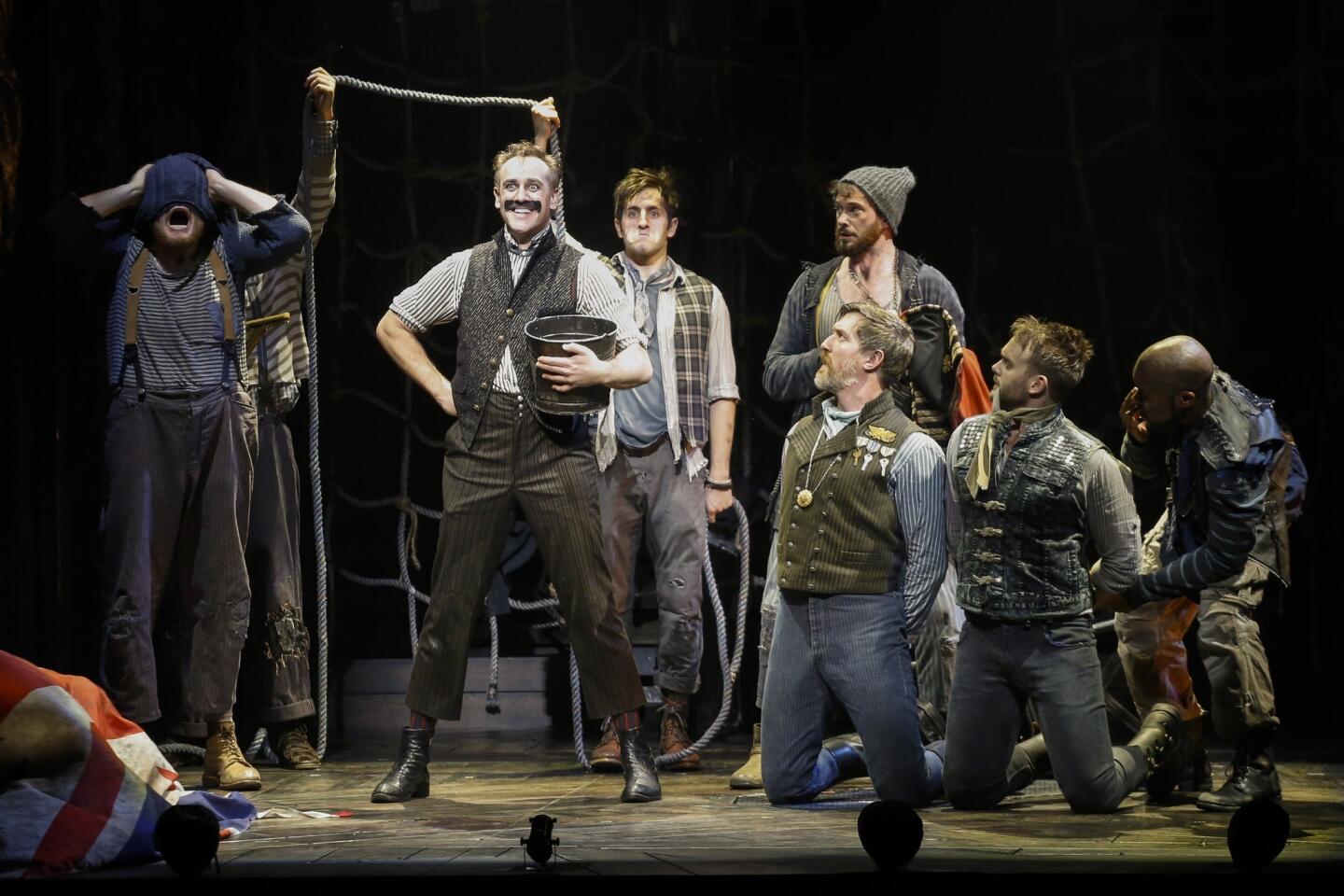
REVIEW: Lively ‘Peter and the Starcatcher’ make us believers again
MORE: Baddie role in ‘Peter and the Starcatcher’ hooked John Sanders (Jay L. Clendenin / Los Angeles Times)
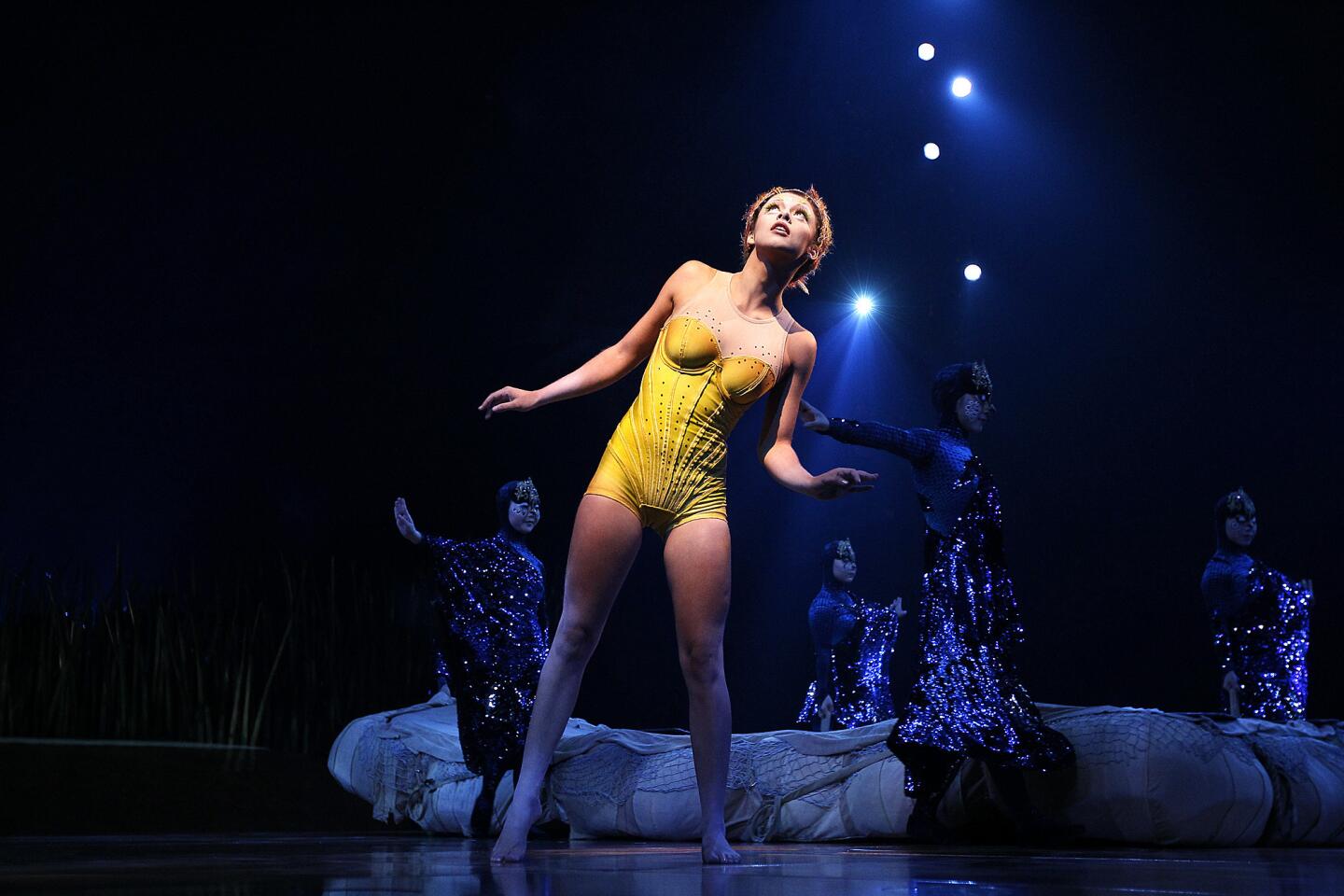
REVIEW: Cirque du Soleil’s ‘Totem’ a thrilling salute to human growth (Christina House / For the Times)
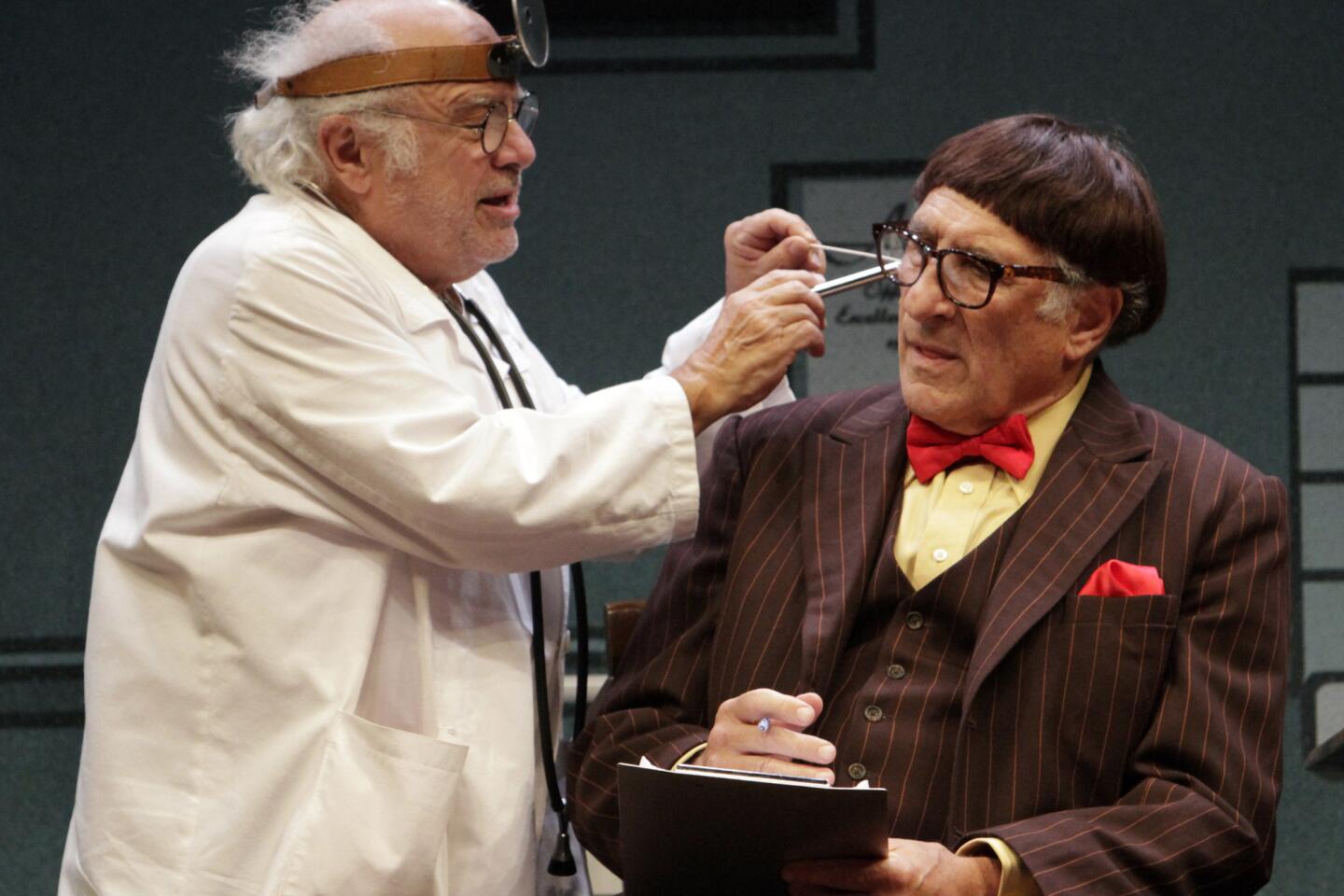
REVIEW: Time has overtaken ‘The Sunshine Boys’ (Lawrence K. Ho / Los Angeles Times)
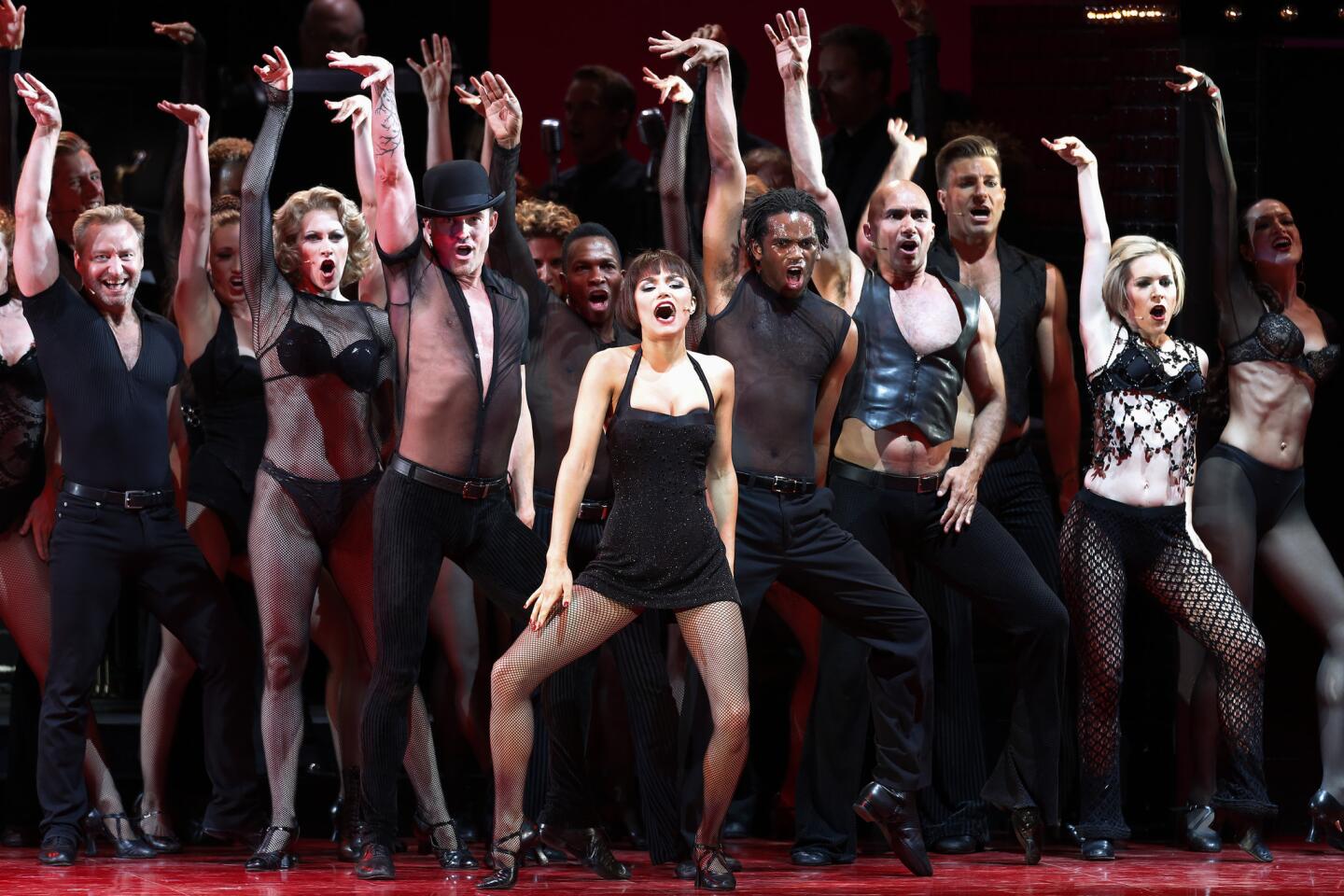
REVIEW: ‘Chicago’ storms into the Hollywood Bowl (Jay L. Clendenin / Los Angeles Times)
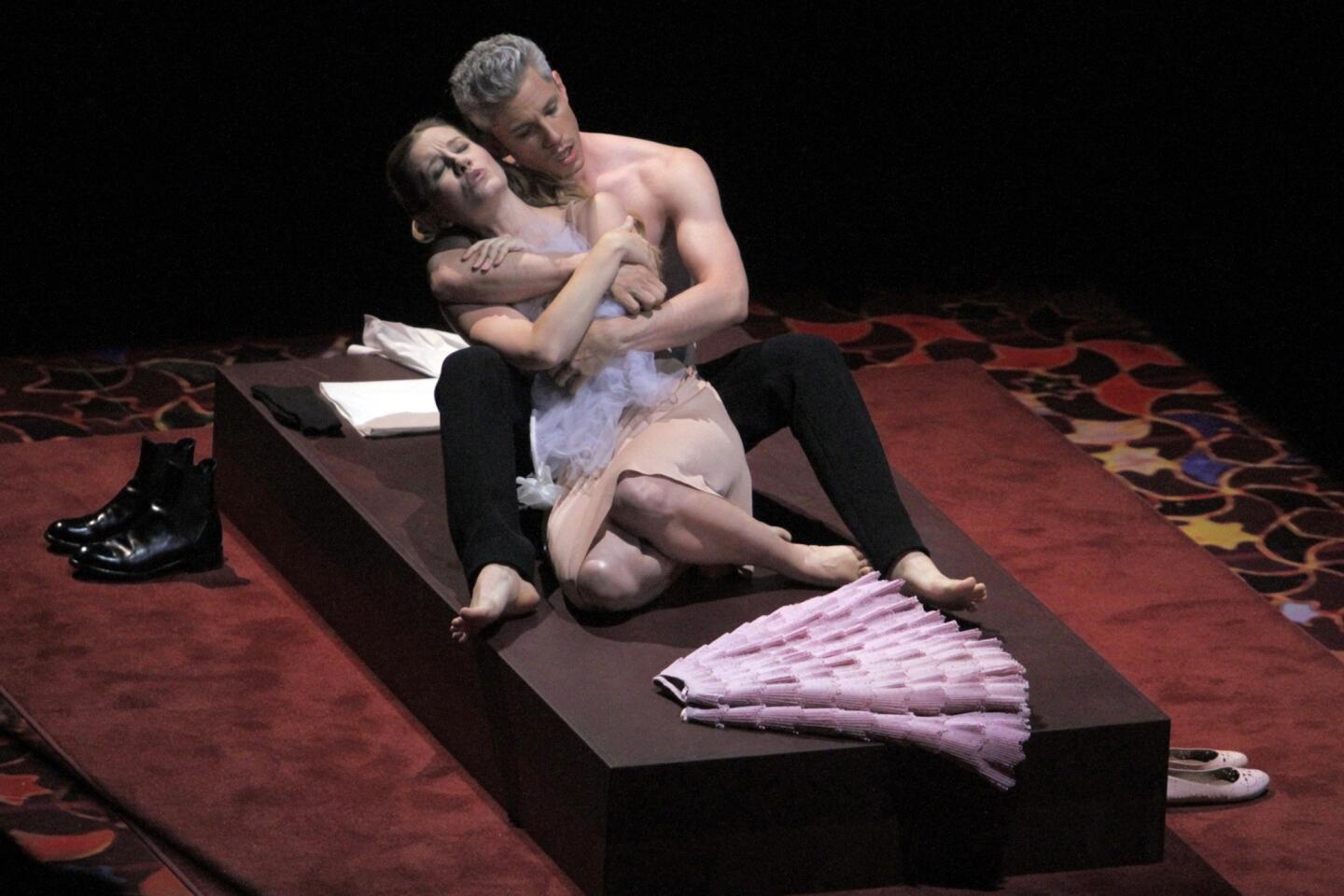
REVIEW: ‘Marriage of Figaro’ a wedding of many talents (Lawrence K. Ho / Los Angeles Times)
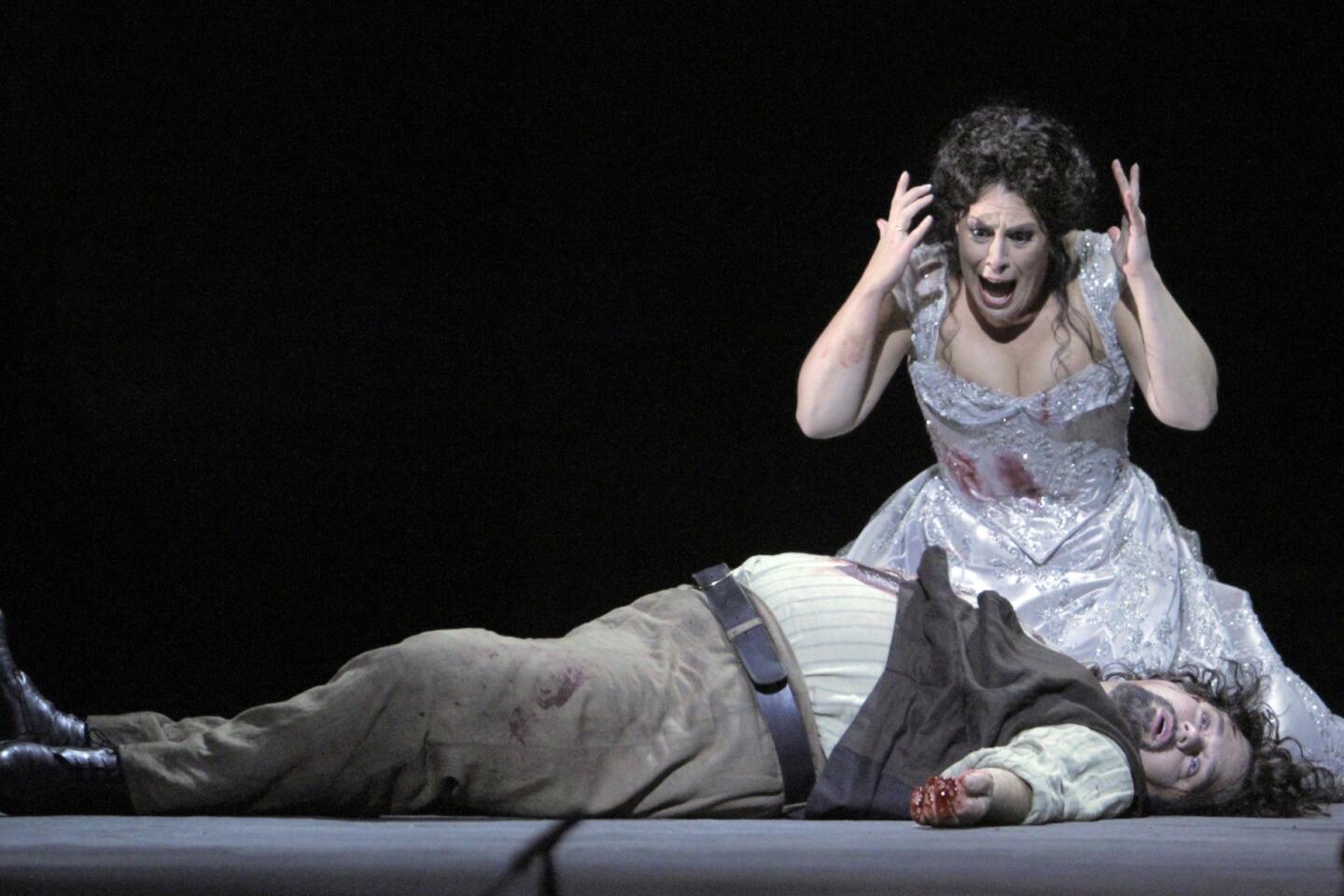
REVIEW: With ‘Tosca,’ Los Angeles Opera goes for grand (Lawrence K. Ho / Los Angeles Times)
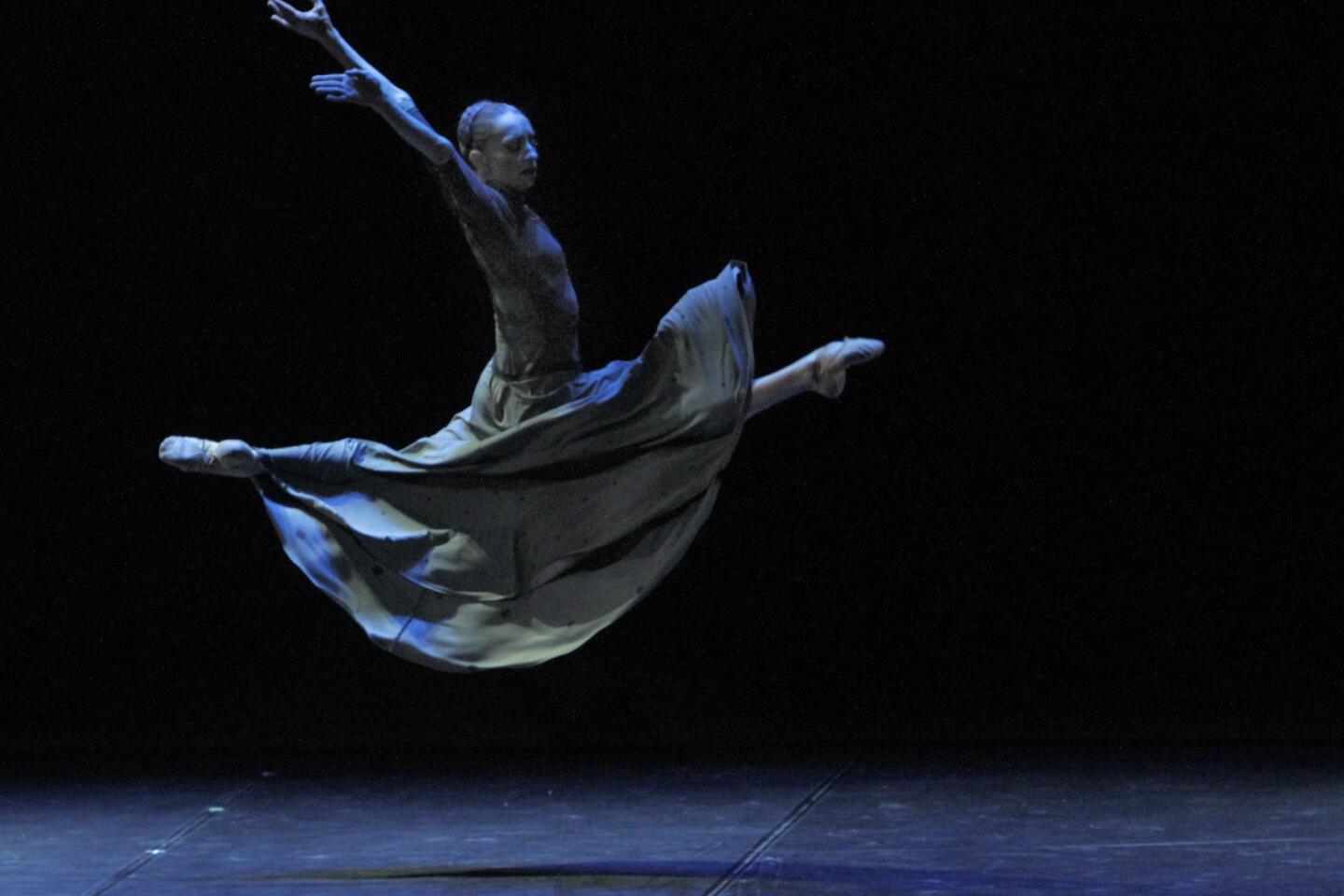
REVIEW: The collateral damage of genius in Boris Eifman’s ‘Rodin’ (Lawrence K. Ho / Los Angeles Times)
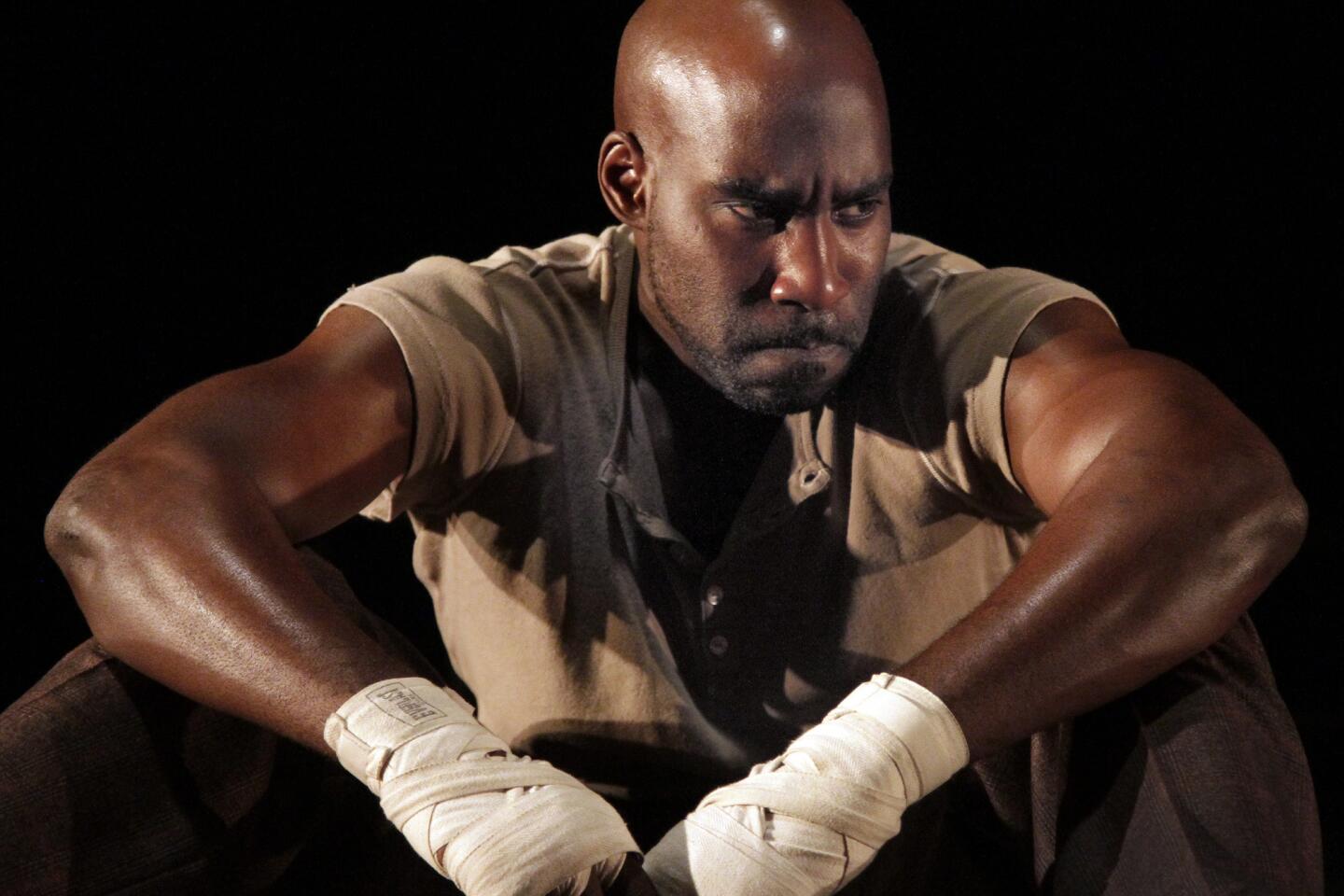
REVIEW: ‘The Royale’ punches well but has character issues (Lawrence K. Ho / Los Angeles Times)
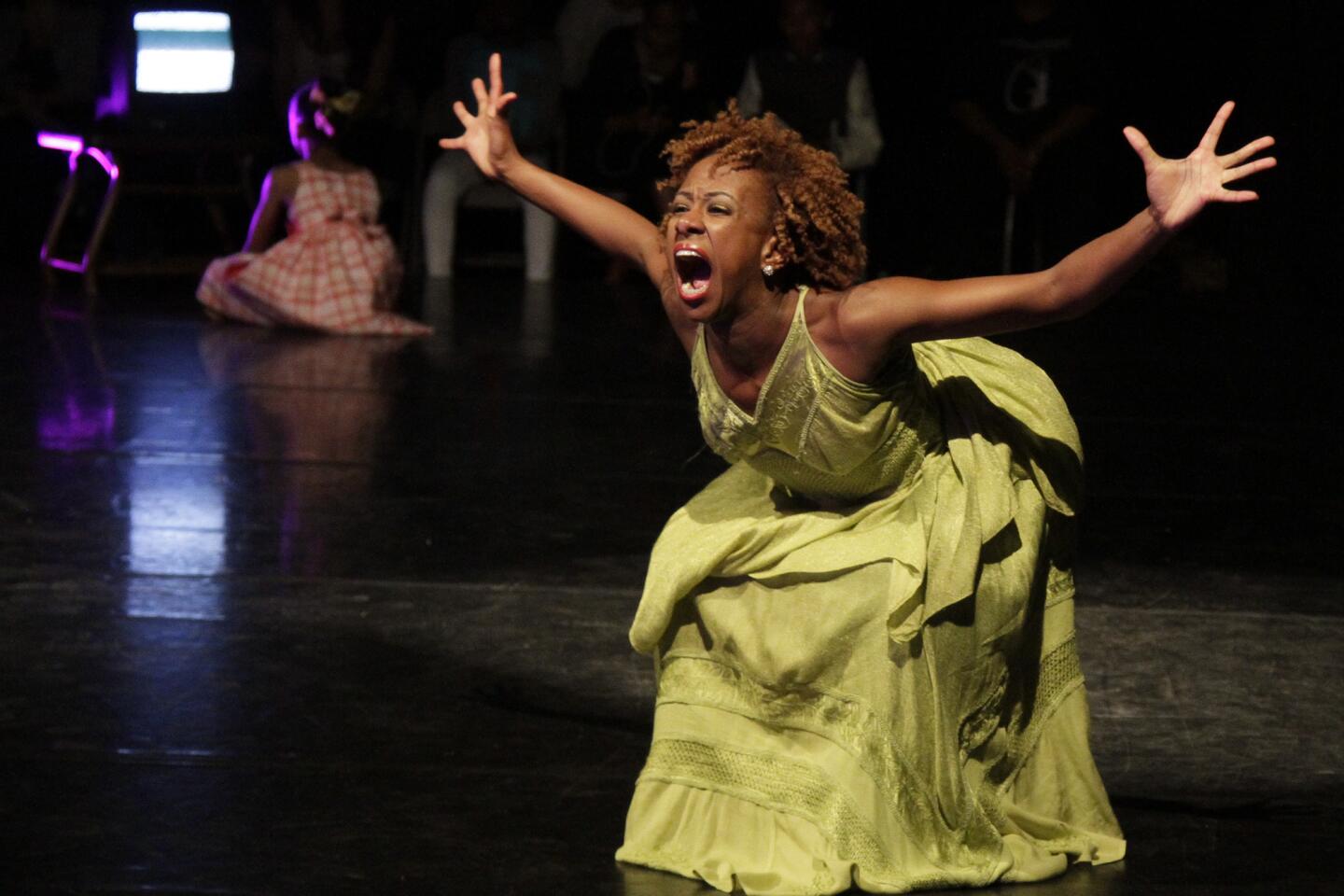
REVIEW: L.A. Dance Festival returns to boost homegrown dance (Lawrence K. Ho / Los Angeles Times)
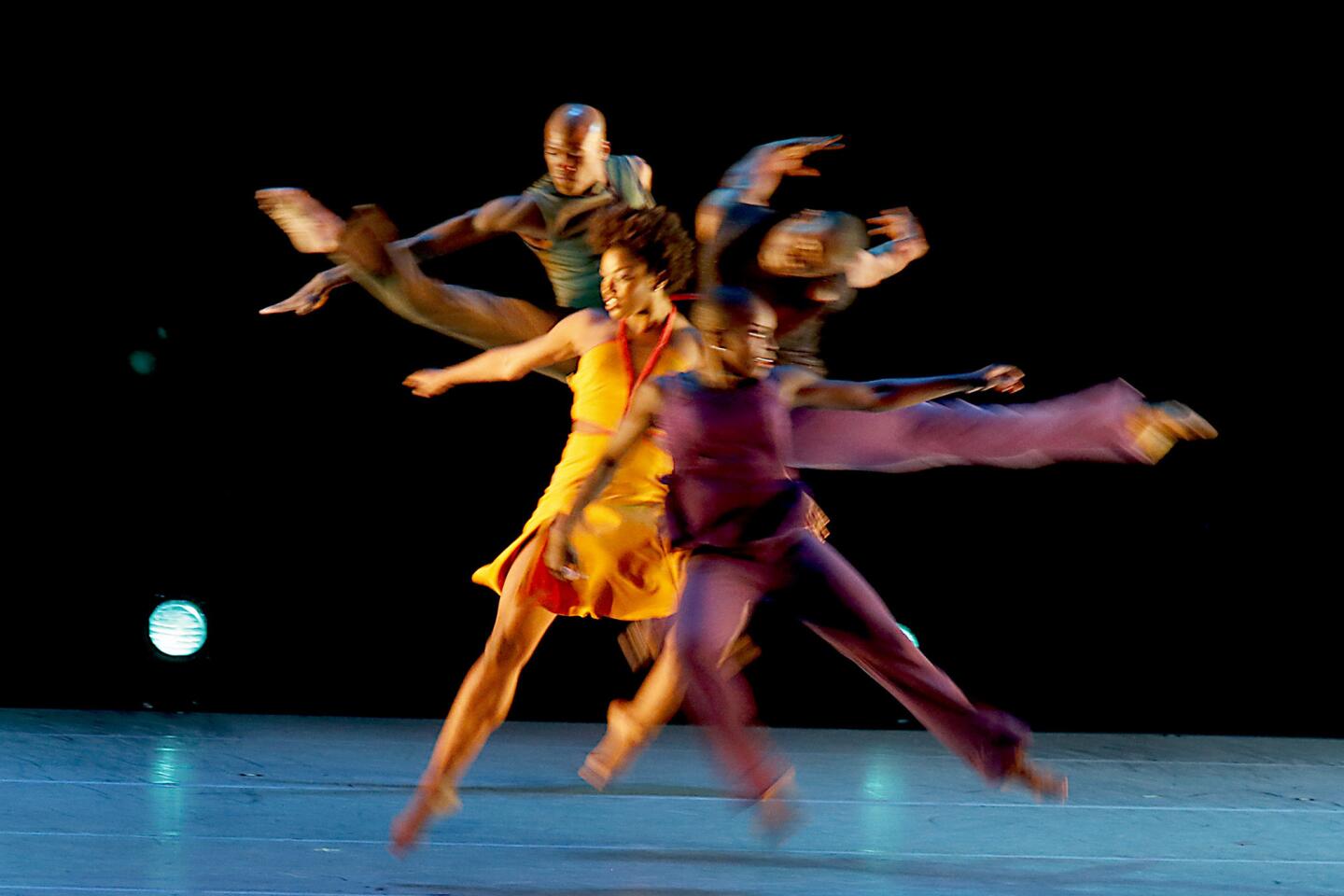
REVIEW: Sensual energy crackles in Alvin Ailey dance program (Luis Sinco / Los Angeles Times)
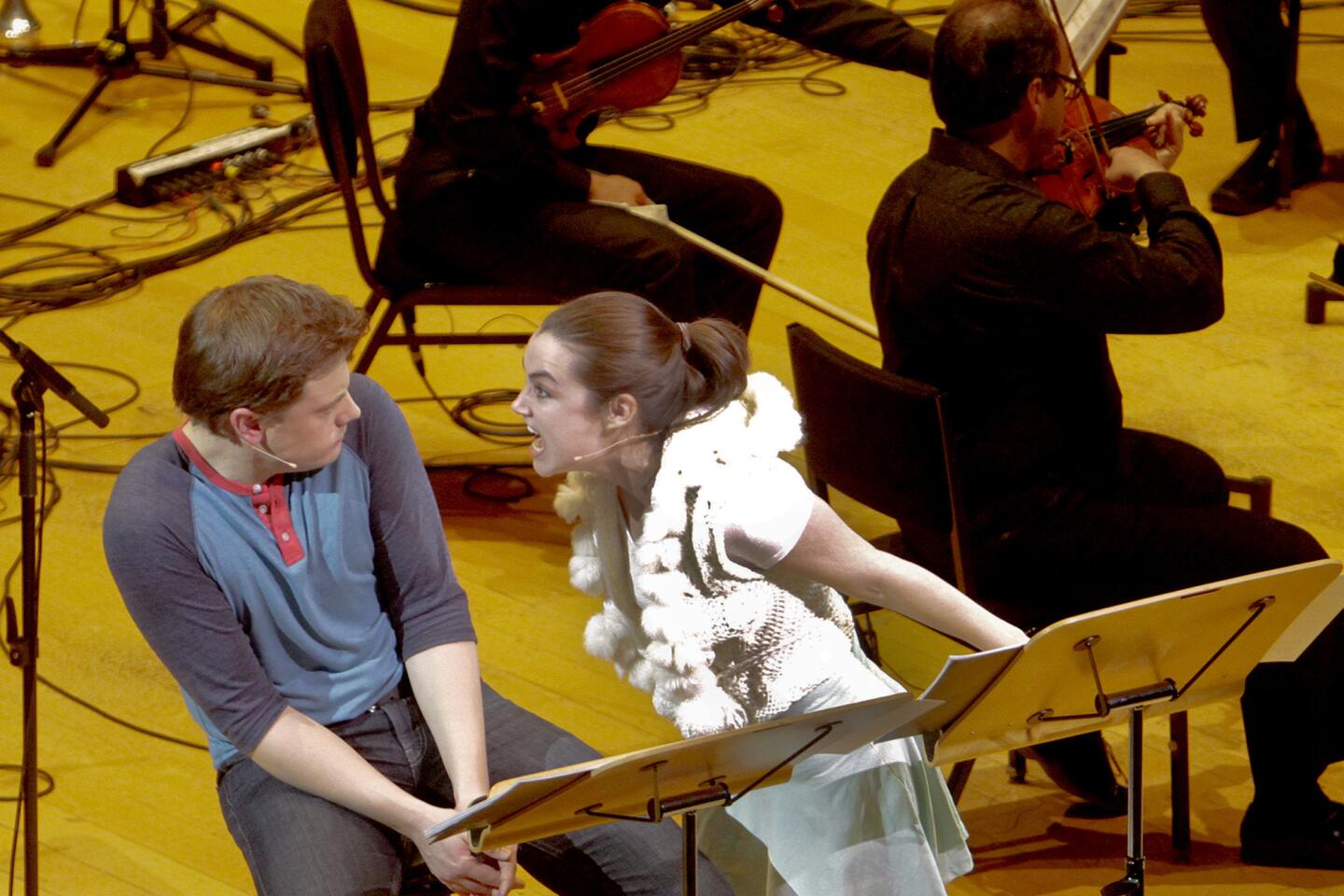
REVIEW: Aaron Copland as a hinge (Lawrence K. Ho / Los Angeles Times)
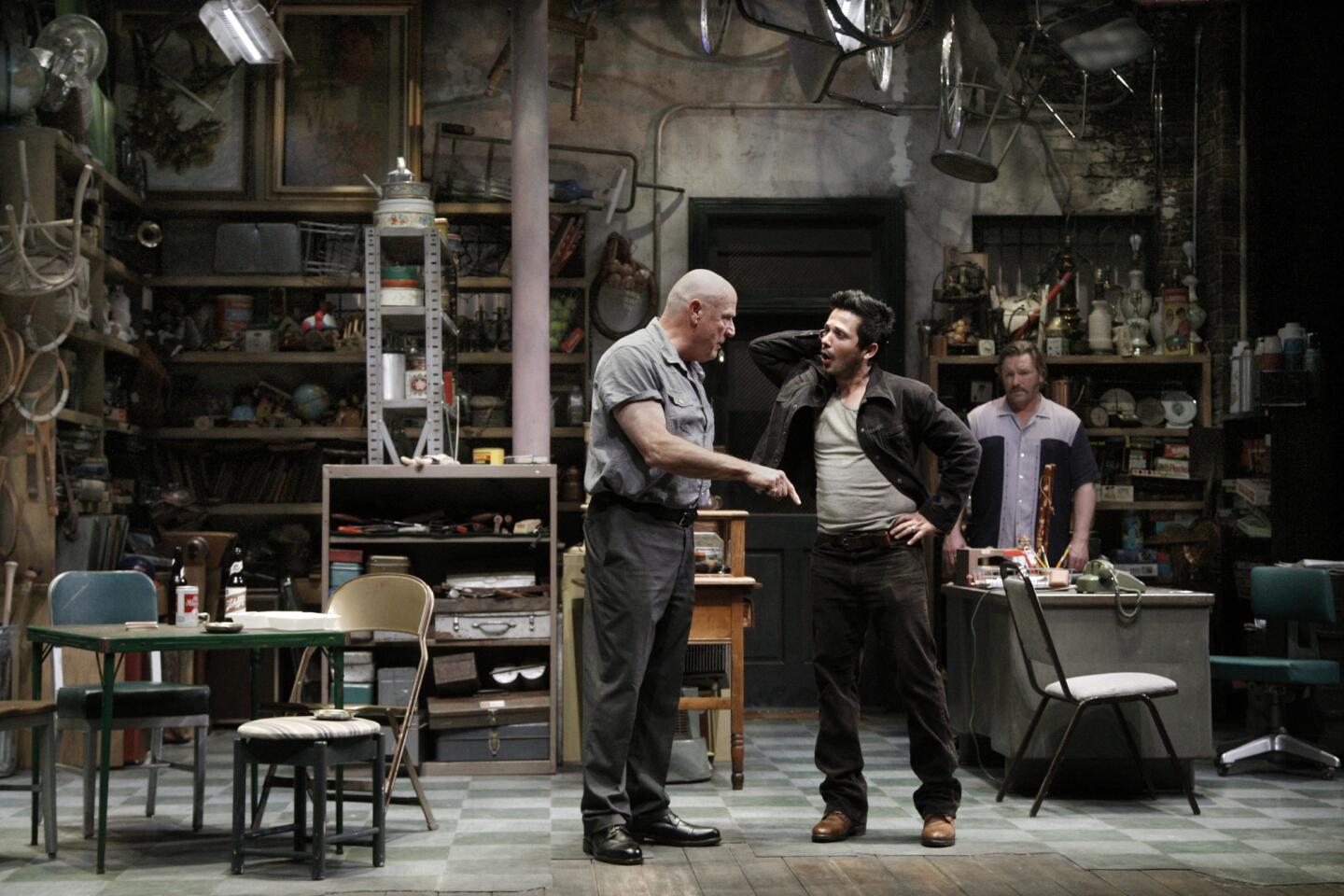
REVIEW: ‘American Buffalo’ at Geffen a refreshing dose of Mamet (Gary Friedman / Los Angeles Times)
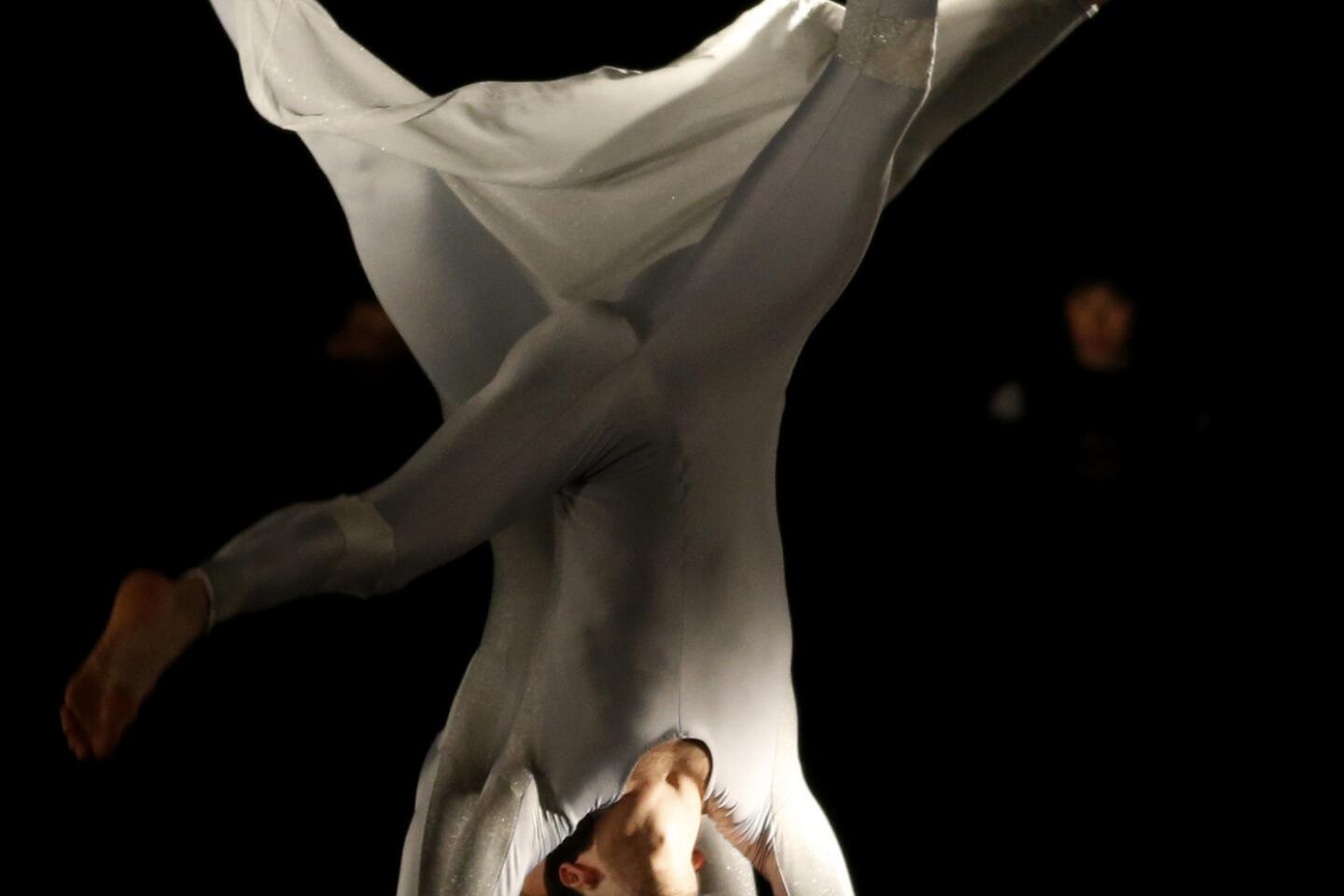
REVIEW: Flashes of lightning in Trisha Brown’s ‘Astral Converted’ (Luis Sinco / Los Angeles Times)
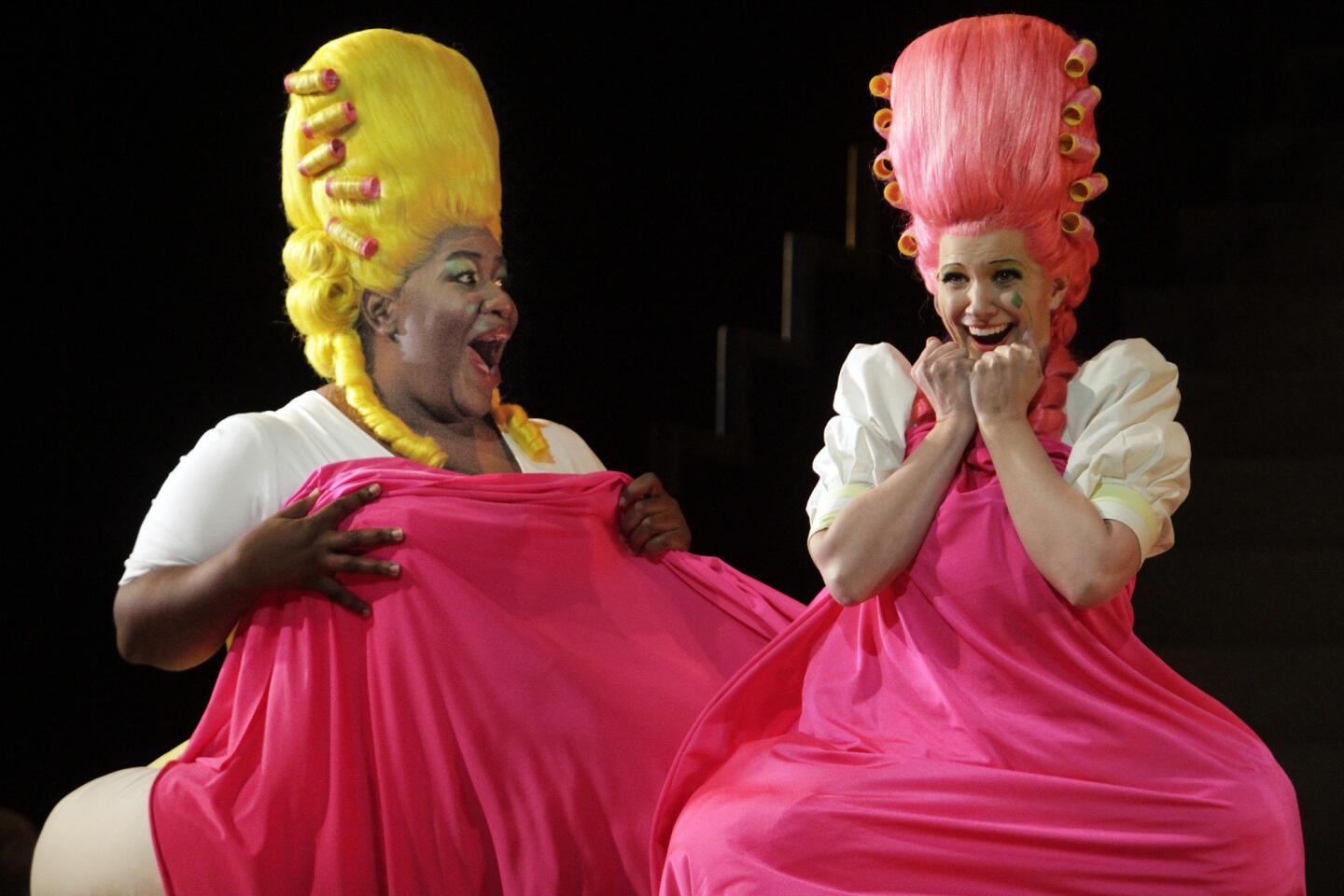
REVIEW: A new Cinderella at Los Angeles Opera makes an impression (Lawrence K. Ho / Los Angeles Times)
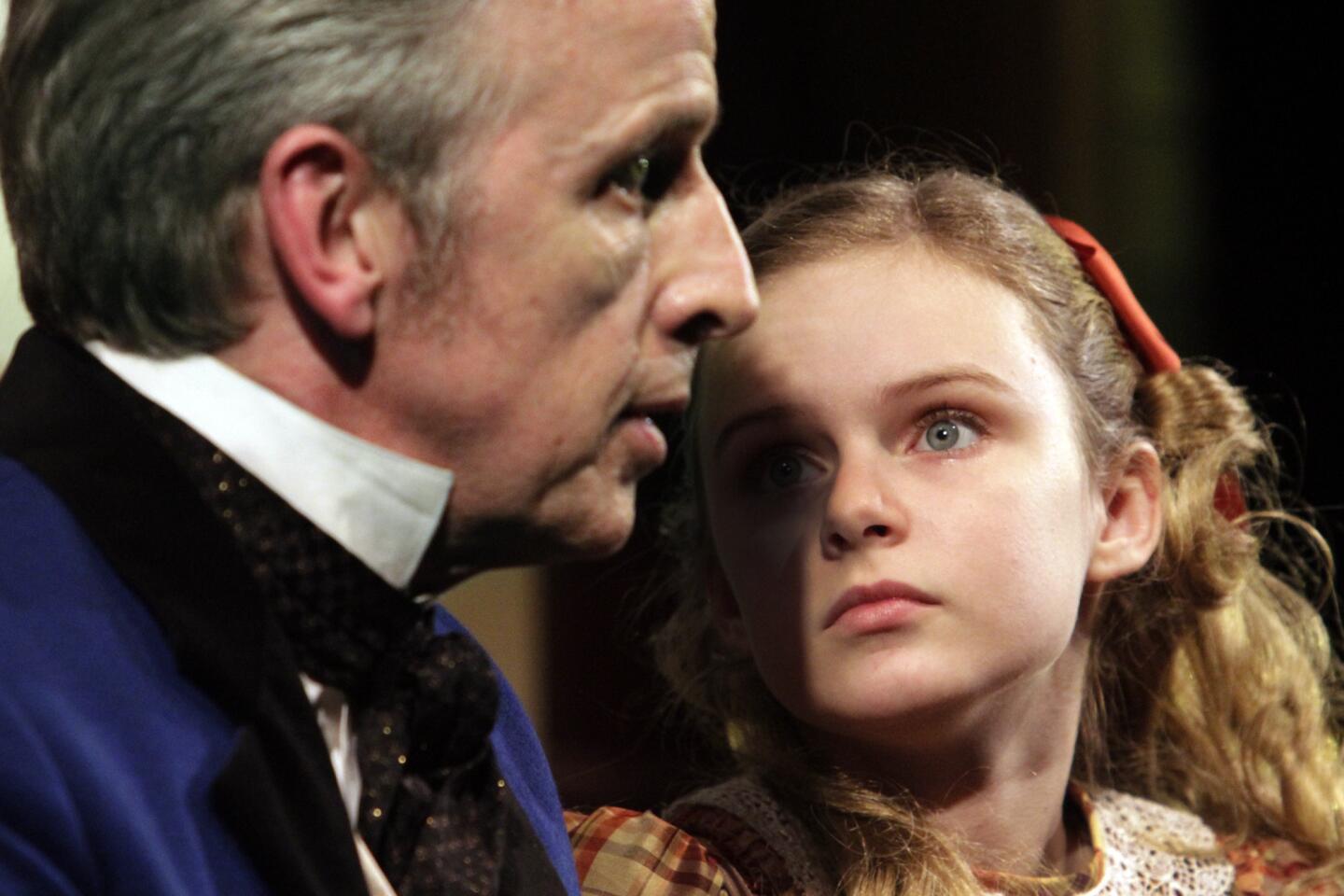
REVIEW: Ethical quandaries buzz in ‘The Nether’ (Lawrence K. Ho / Los Angeles Times)
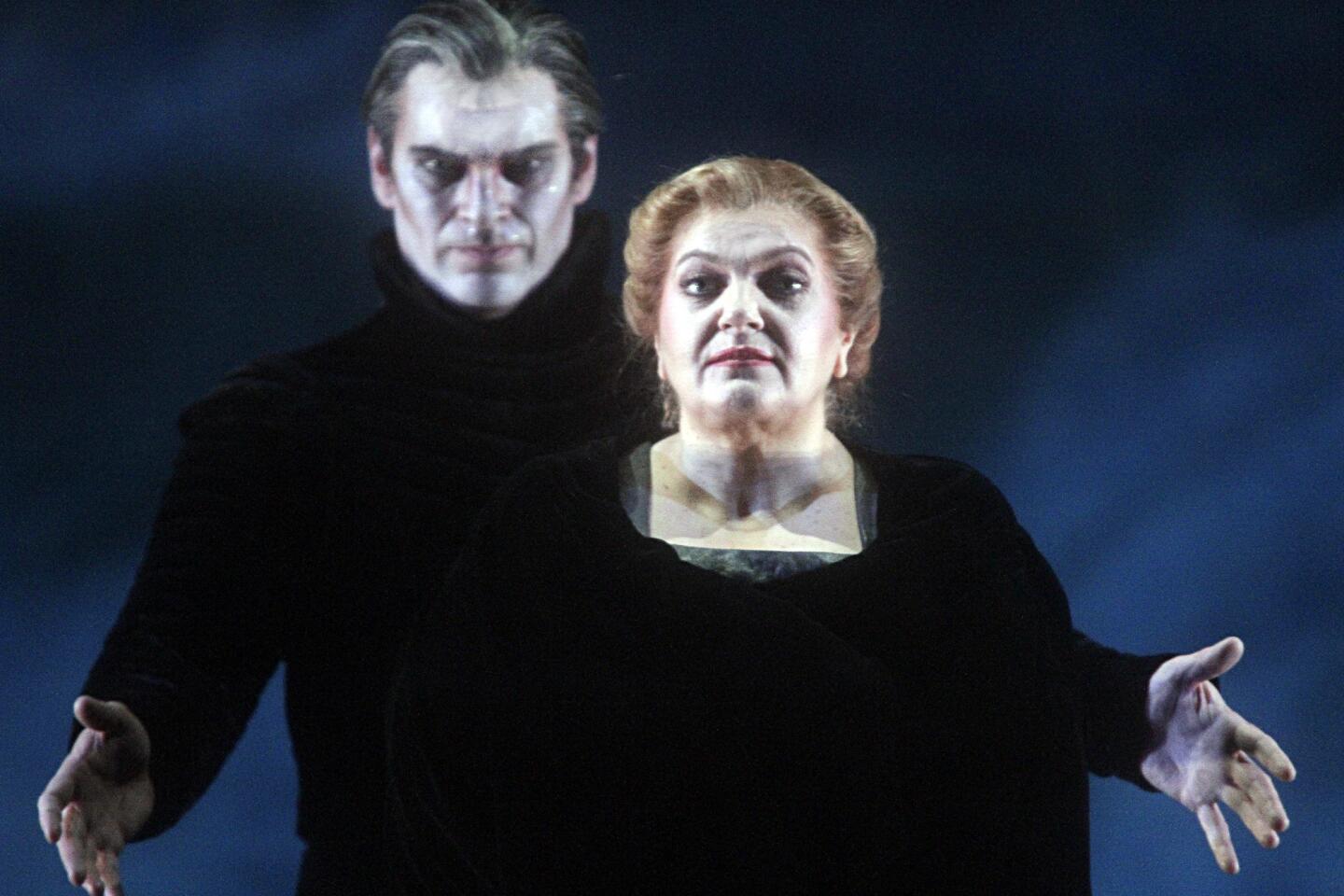
REVIEW: L.A. Opera’s ‘Flying Dutchman’ back in action (Lawrence K. Ho / Los Angeles Times)
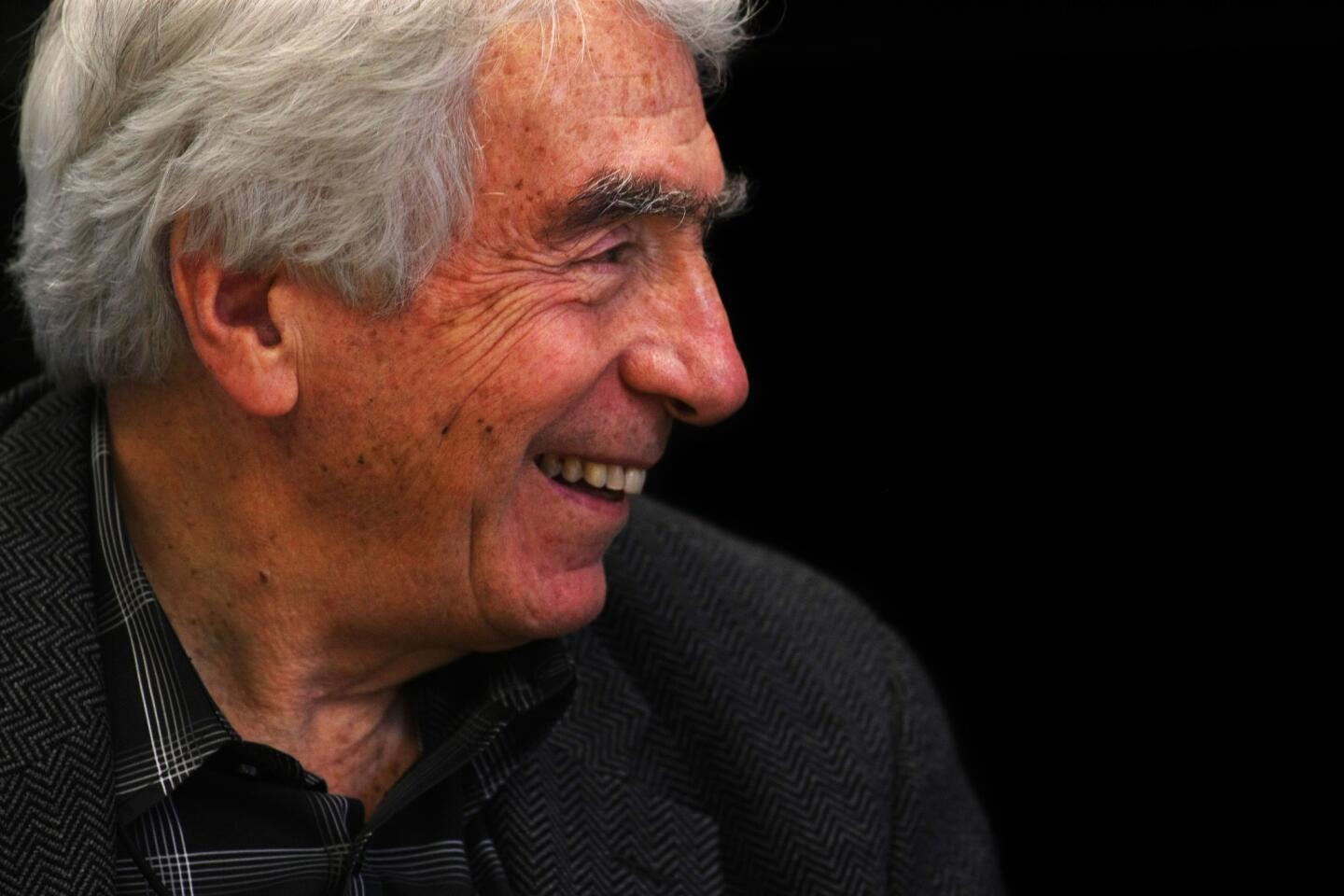
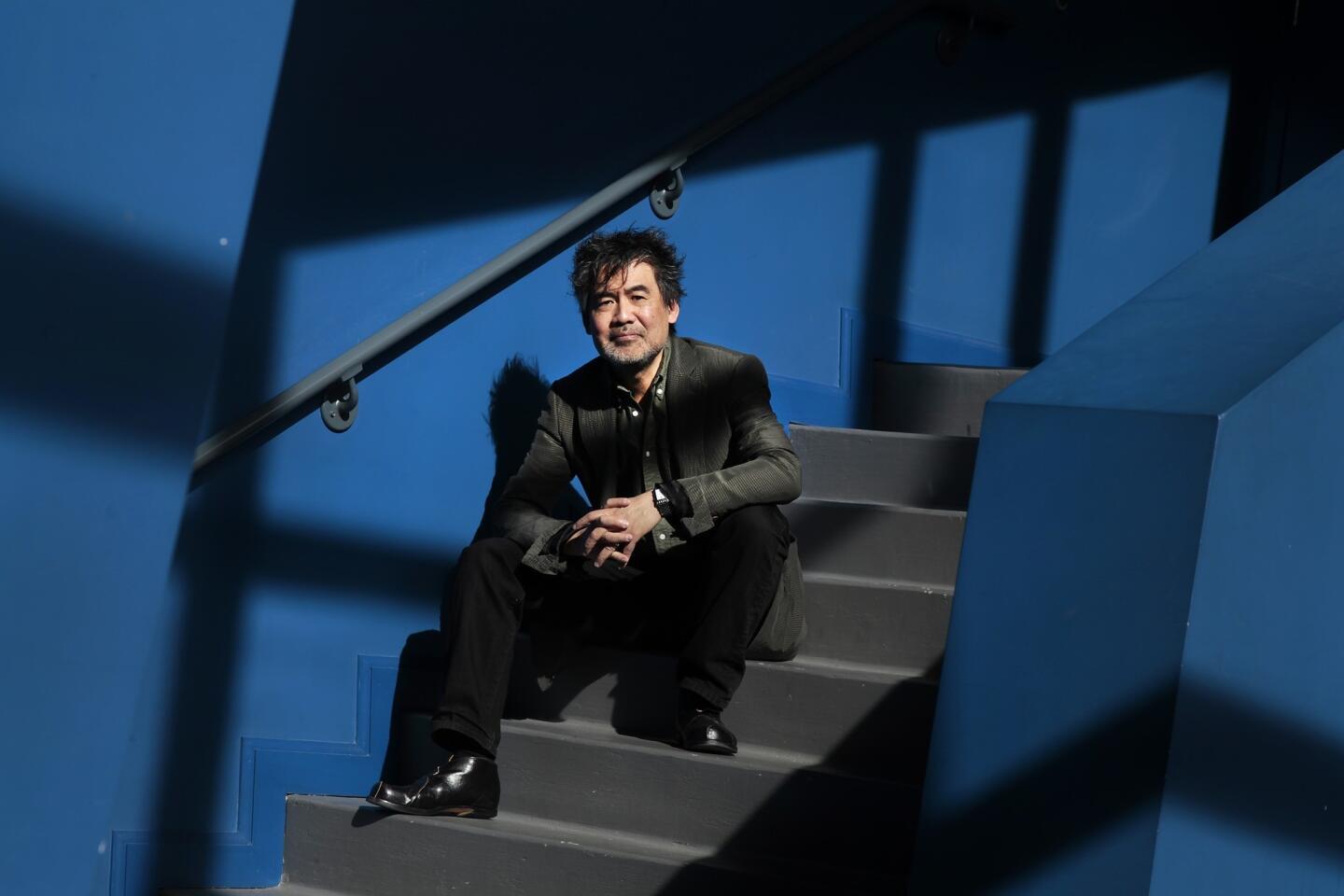
MORE: For David Henry Hwang’s ‘Chinglish,’ a case of bad timing in China (Rick Loomis / Los Angeles Times)
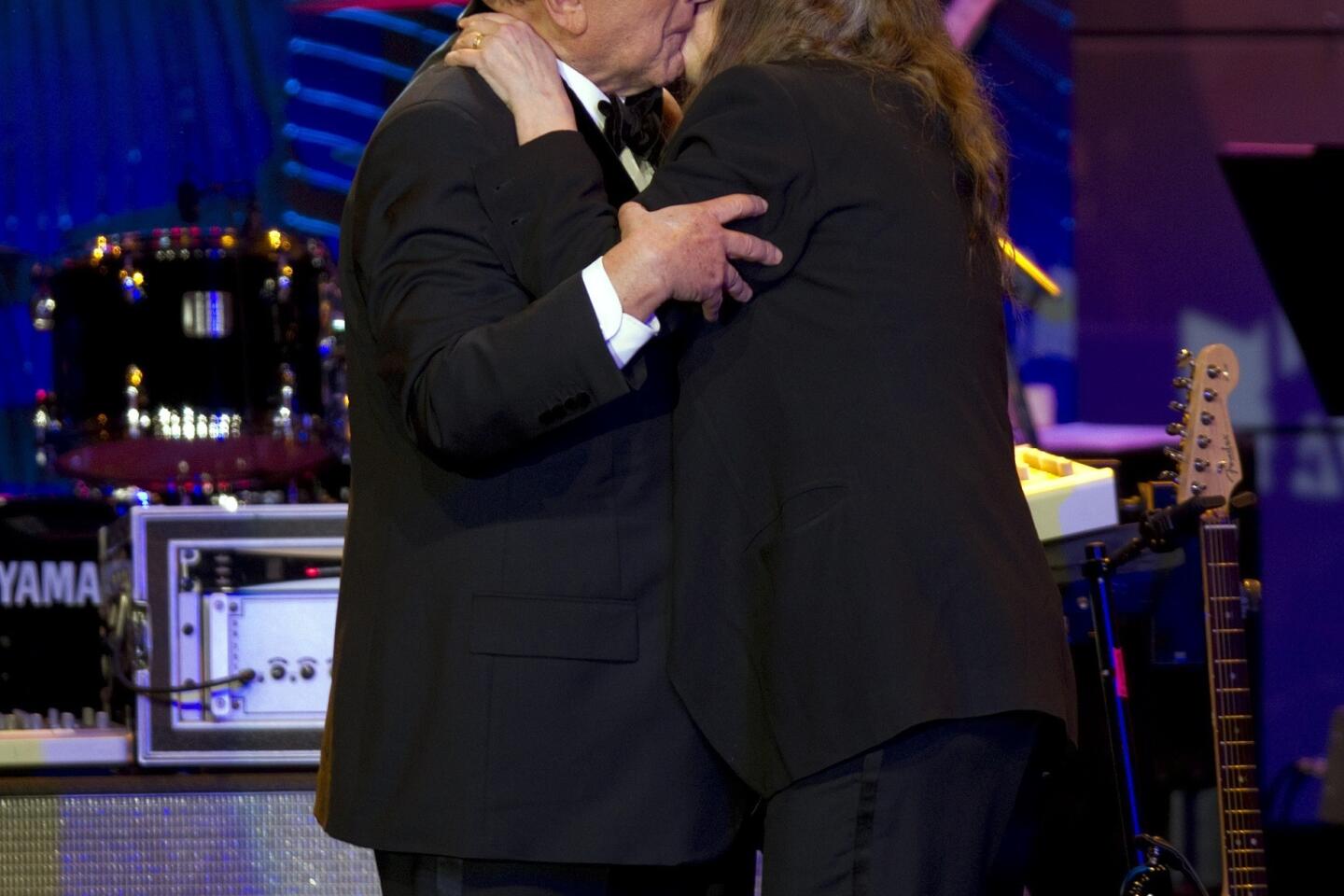
MORE: Clive Davis’ next role: Broadway producer of a new ‘My Fair Lady’ (Gina Ferazzi / Los Angeles Times)
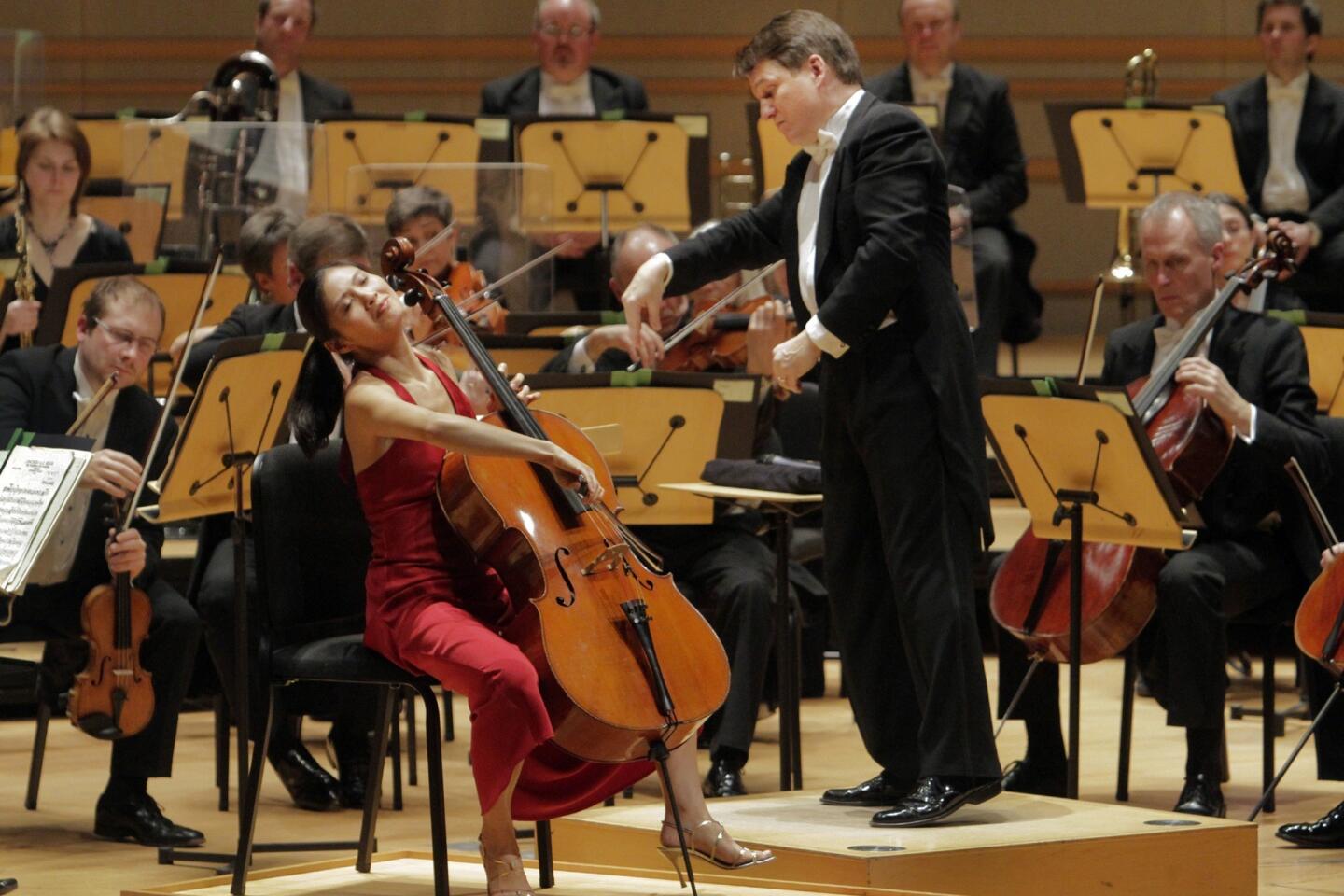
REVIEW: The usually inventive BBC Concert Orchestra goes retro (Lawrence K. Ho / Los Angeles Times)
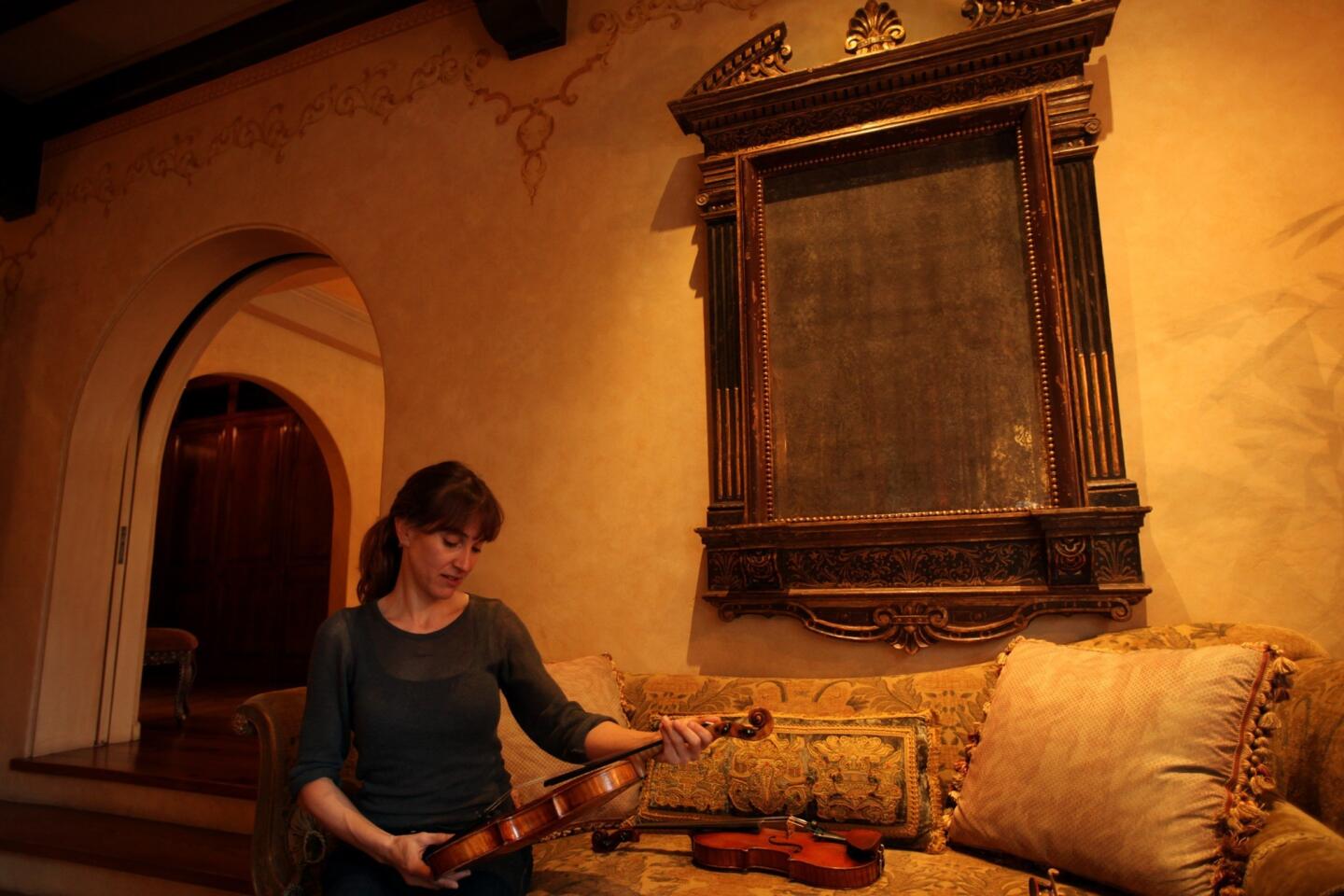
MORE: Los Angeles Chamber Orchestra violinist has a date with a Stradivarius (Francine Orr / Los Angeles Times)
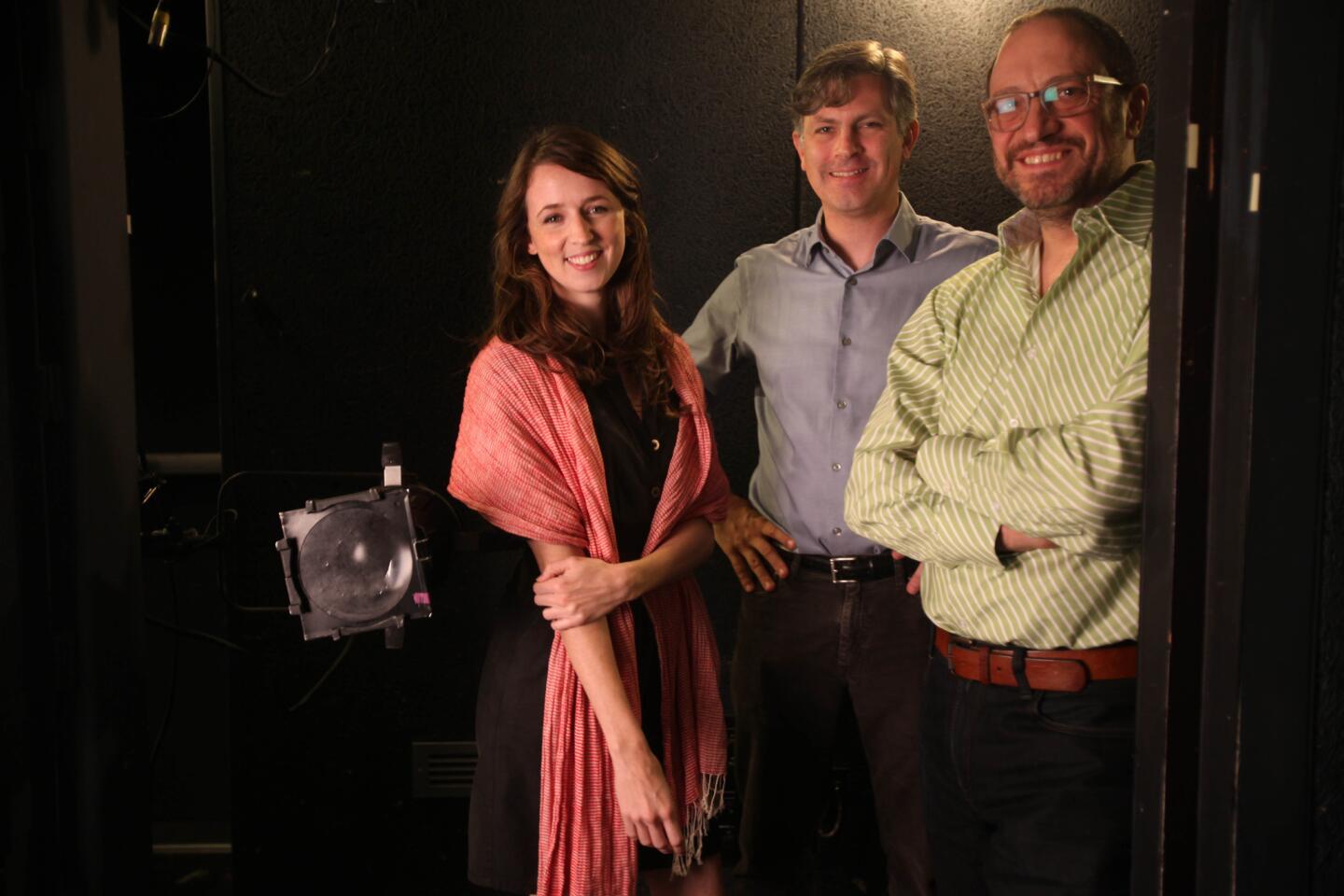
REVIEW: Elevator Repair Service’s ‘Gatz’ a rewarding marathon | Elevator Repair Service takes on the great ‘Gatz’ | Marathon plays stand the test of time (Michael Robinson Chavez / Los Angeles Times)
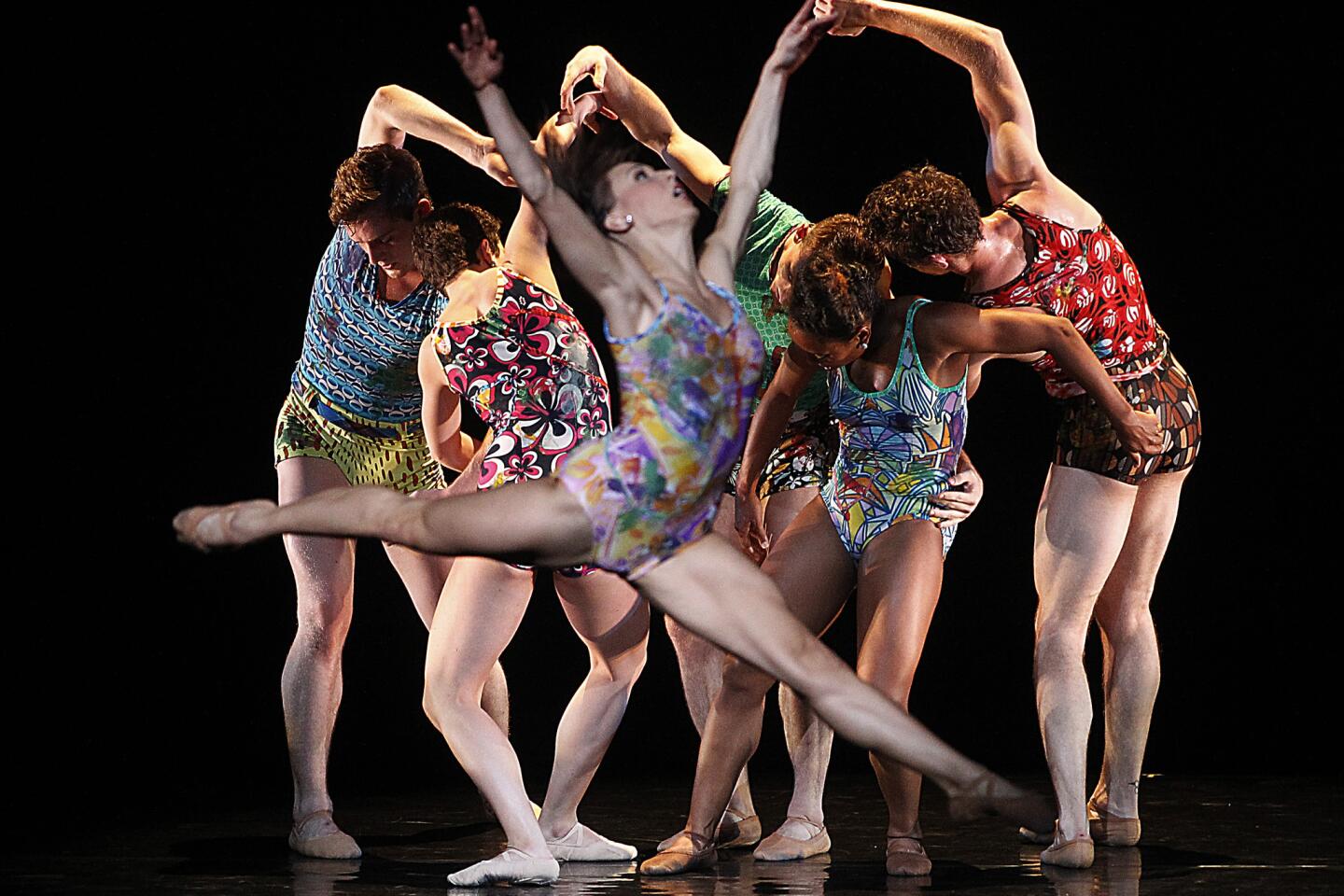
REVIEW: Trey McIntyre Project dances are both slight and potent | Trey McIntyre Project brings ‘Ways of Seeing’ to Segerstrom (Luis Cinco / Los Angeles Times)
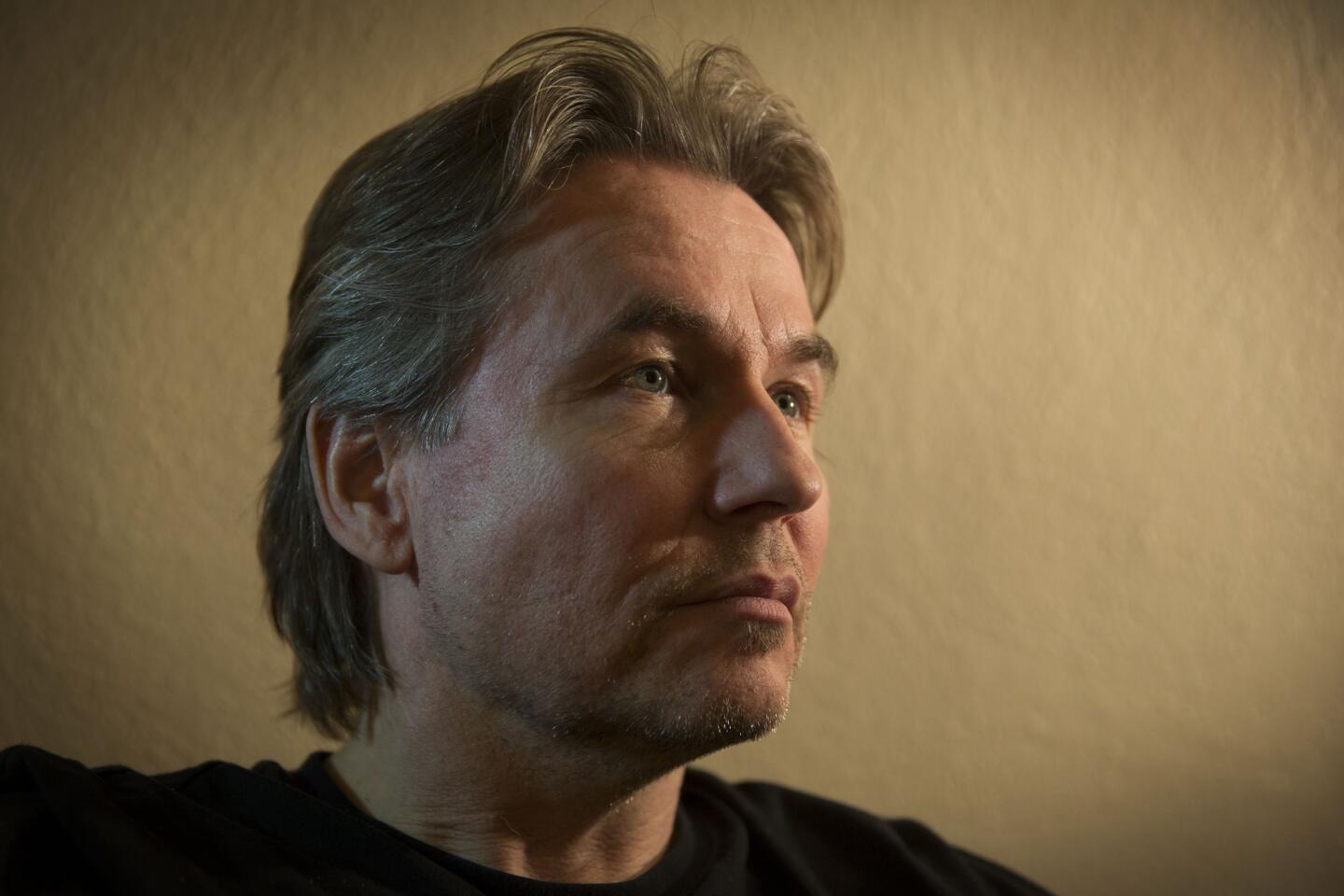
REVIEW: Esa-Pekka Salonen and an electrifying L.A. Philharmonic | Esa-Pekka Salonen returns to L.A. with murder in mind (Matthew Lloyd / For The Times)
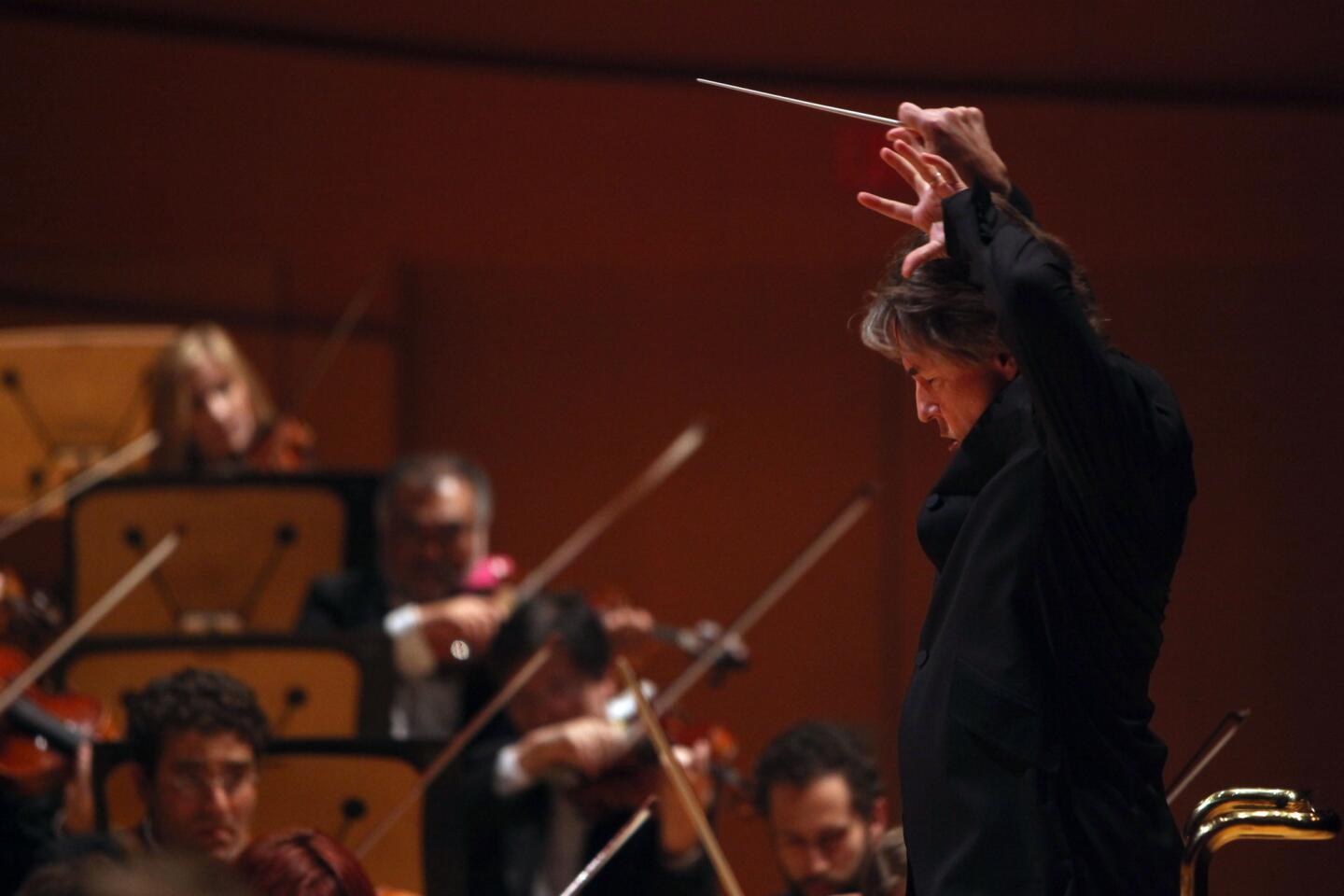
REVIEW: Esa-Pekka Salonen and an electrifying L.A. Philharmonic | Esa-Pekka Salonen returns to L.A. with murder in mind (Michael Robinson Chavez / Los Angeles Times)
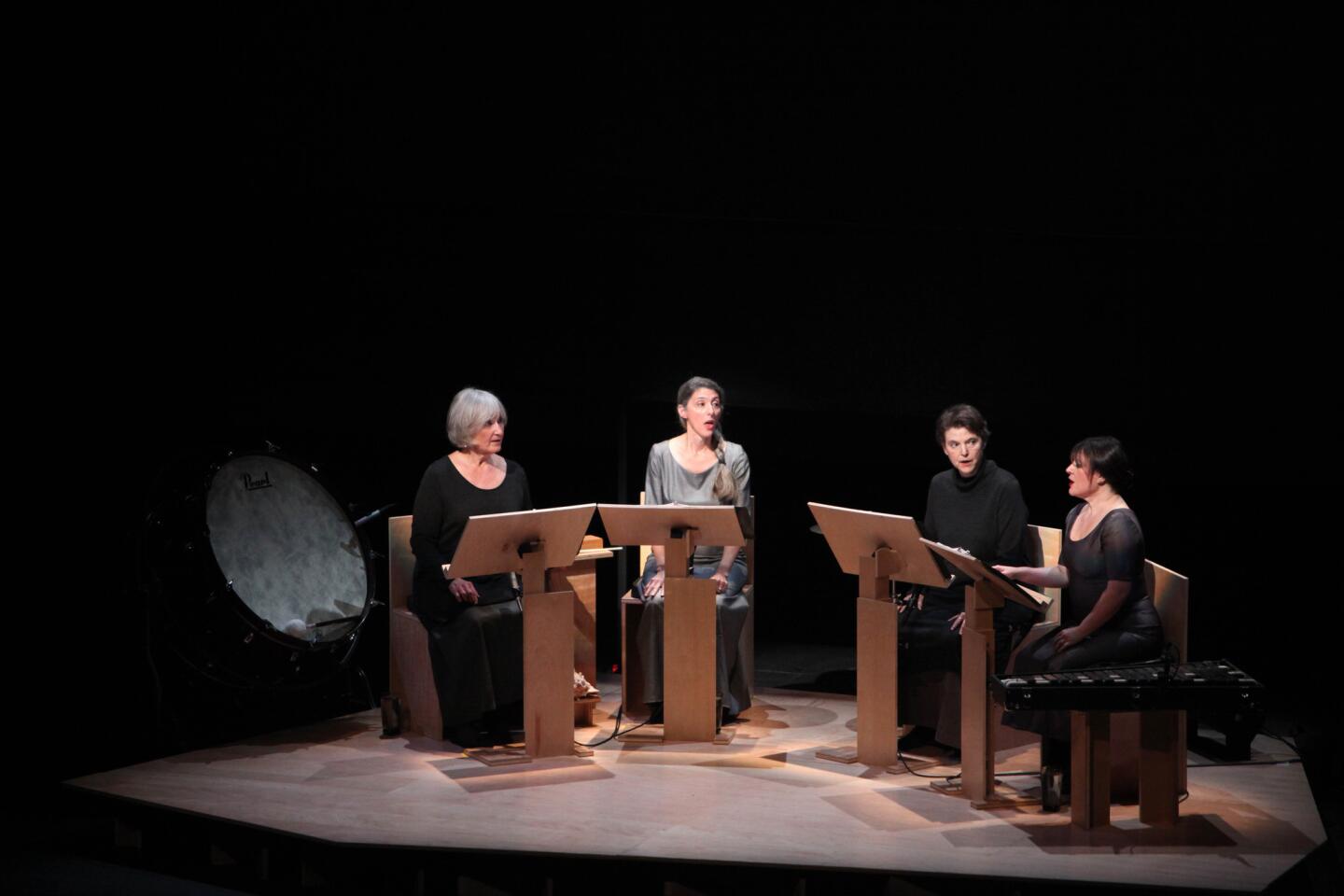
REVIEW: How David Lang’s ‘love fail’ succeeds sublimely (Michael Robinson Chavez / Los Angeles Times)
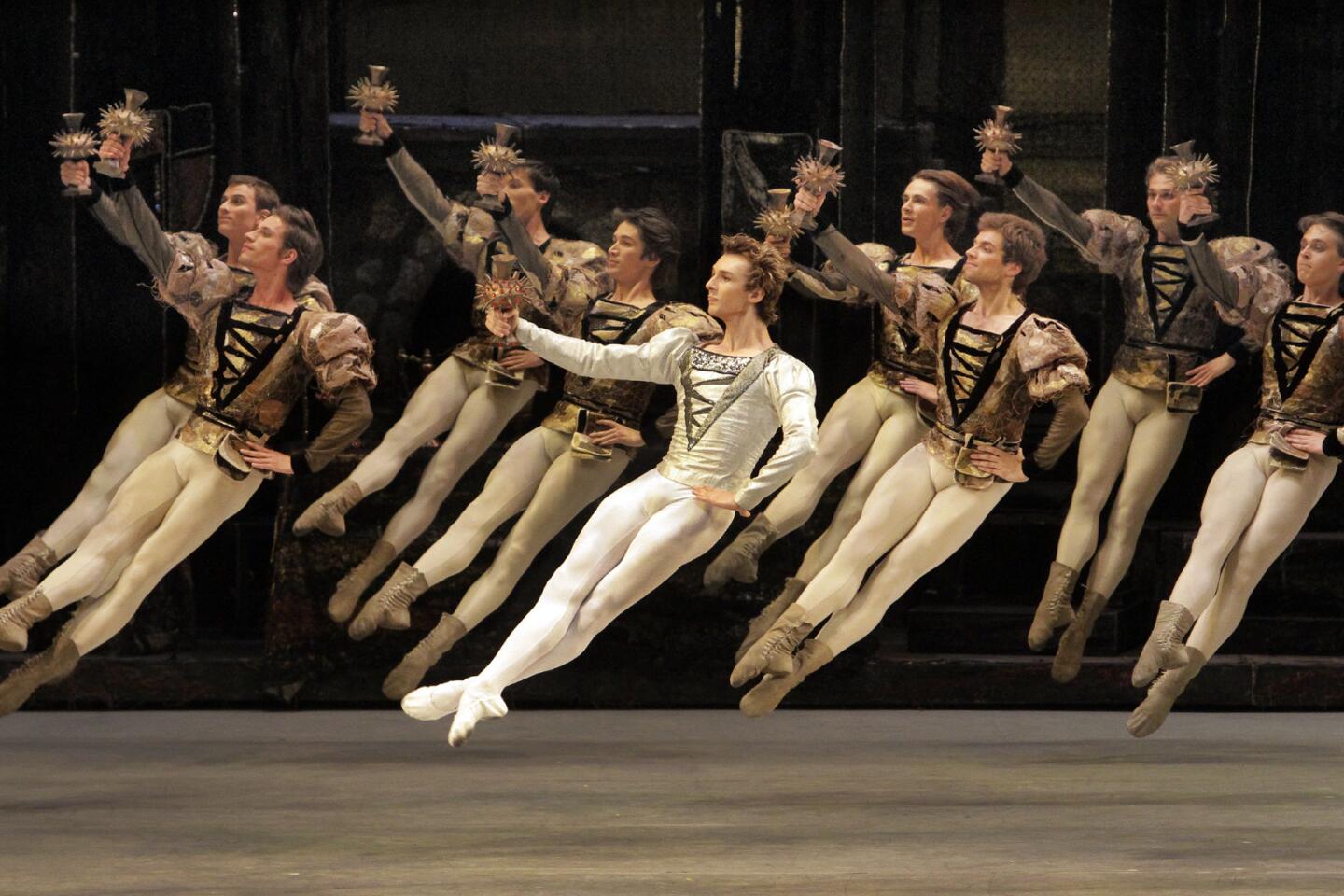
REVIEW: Bolshoi’s ‘Lake’ is sometimes choppy, sometimes smooth | Photos (Lawrence K. Ho / Los Angeles Times)
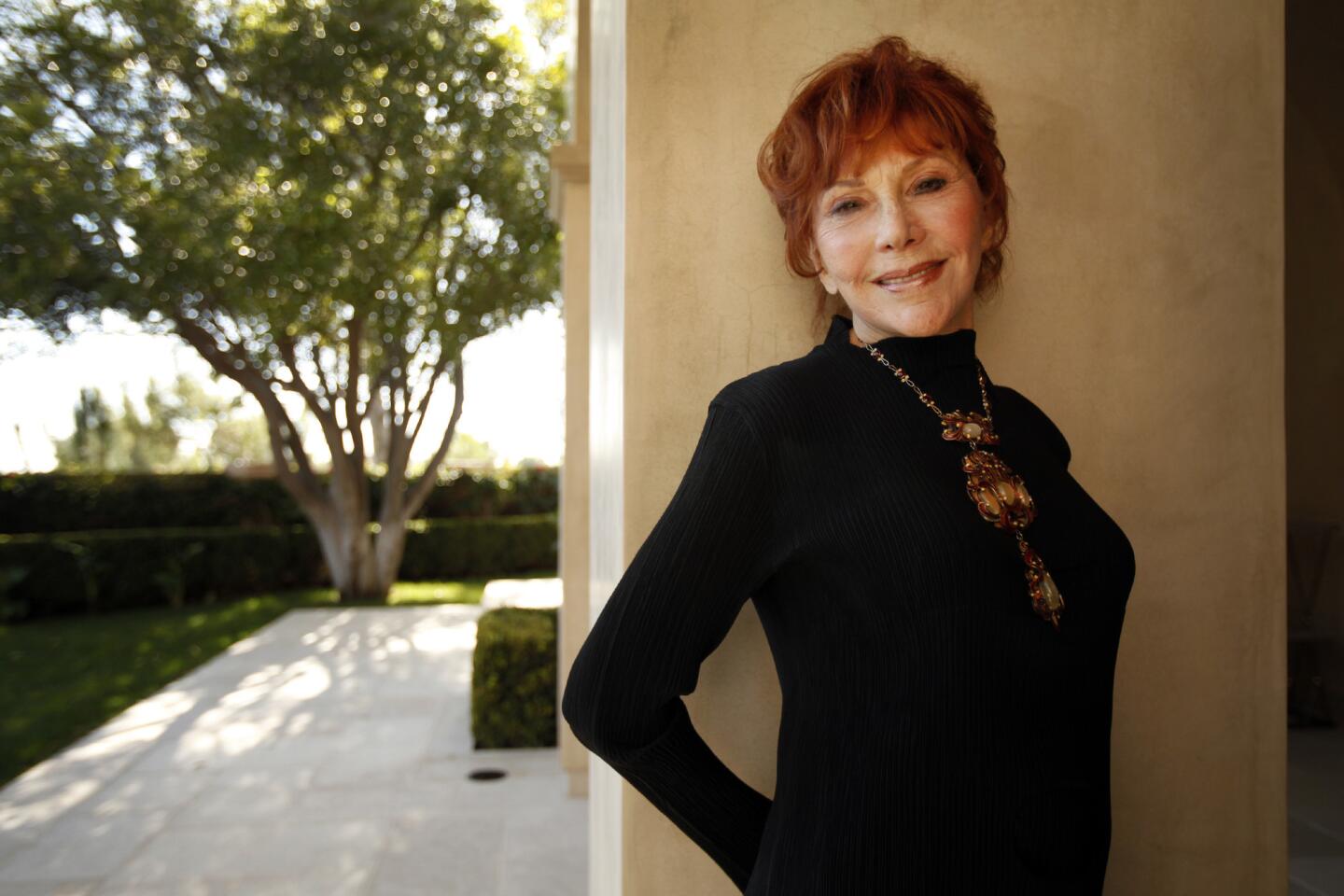
MORE: Glorya Kaufman gives USC millions to build a dance school (Al Seib / Los Angeles Times)
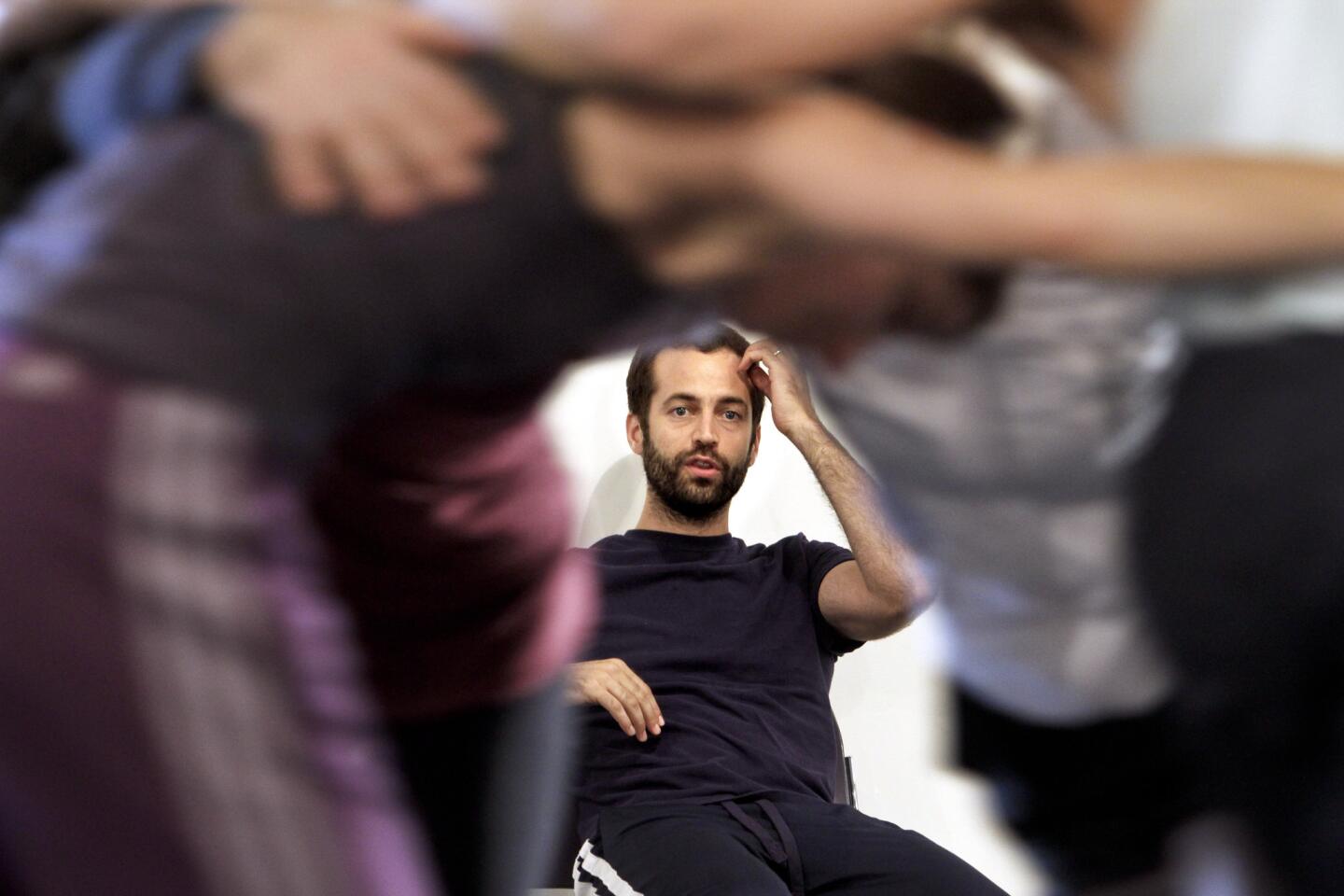
MORE: Benjamin Millepied gets moving in Los Angeles | Photos | Review (Ricardo DeAratanha / Los Angeles Times)

REVIEW: Barbra Streisand puts the Hollywood Bowl under her spell (Michael Robinson Chavez / Los Angeles Times)
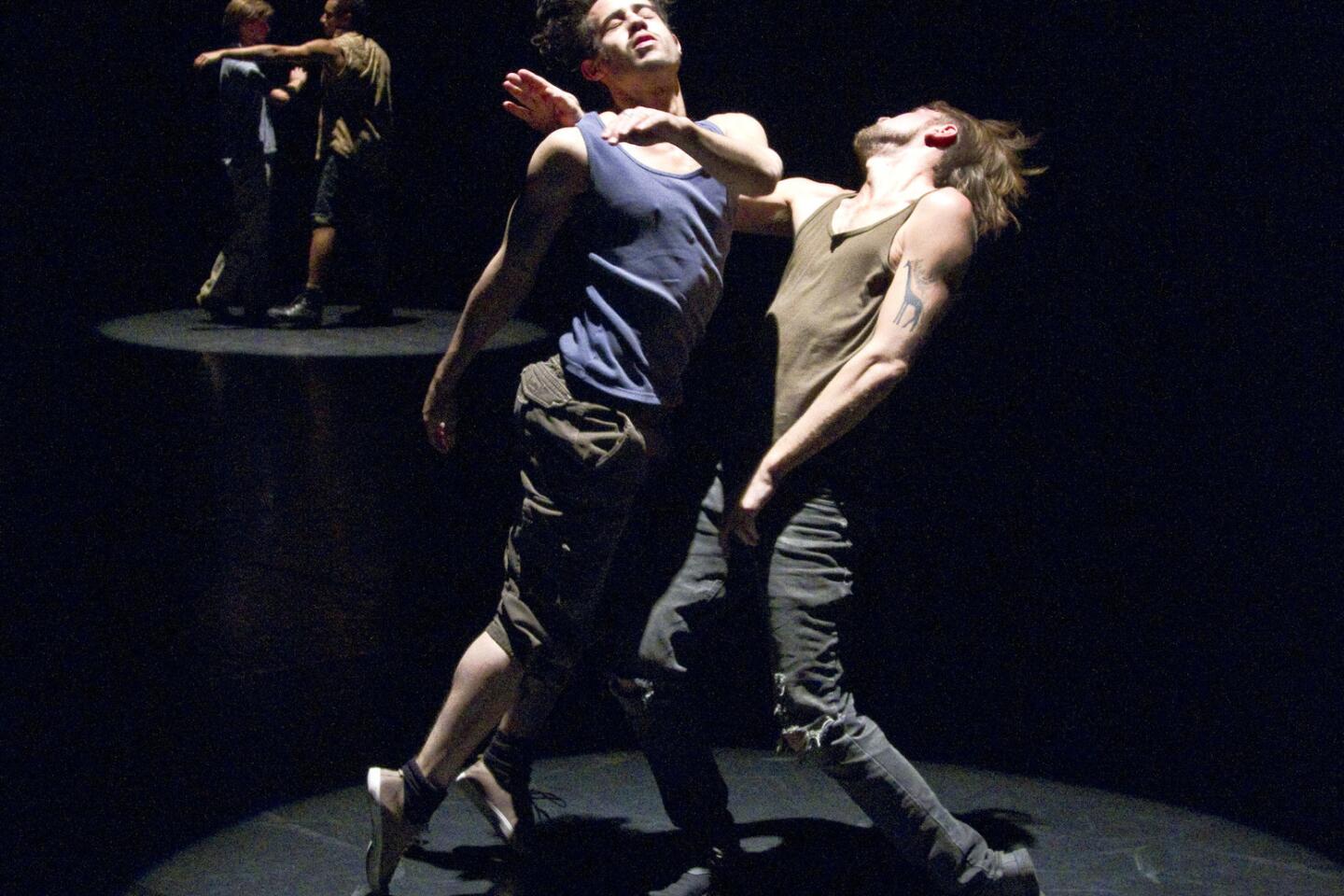
REVIEW: Desire and sexual politics whirl among ‘Them’ (Ricardo DeAratanha / Los Angeles Times)
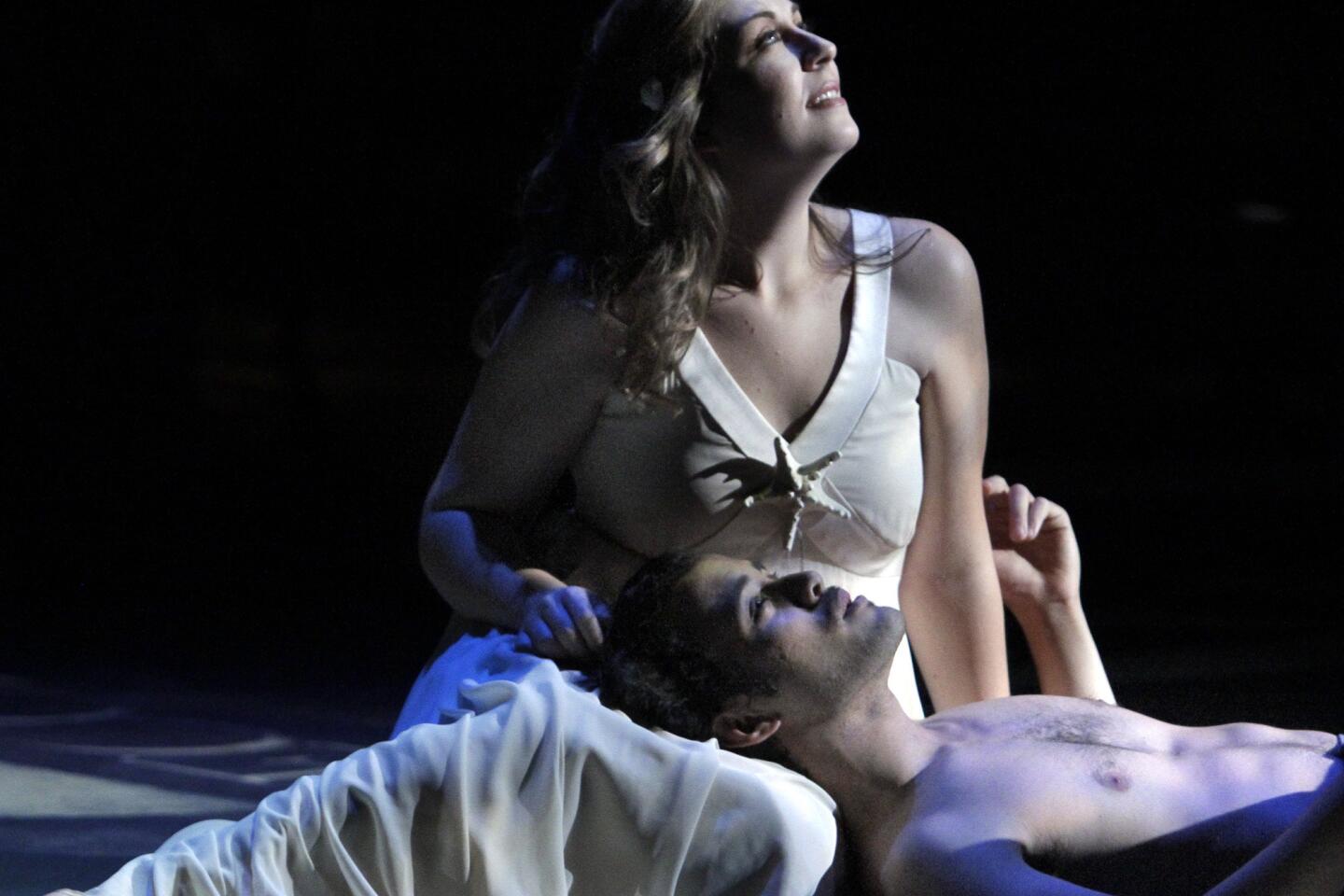
REVIEW: Two ways to capture magic of ‘The Tempest’ | Photos (Lawrence K. Ho / Los Angeles Times)
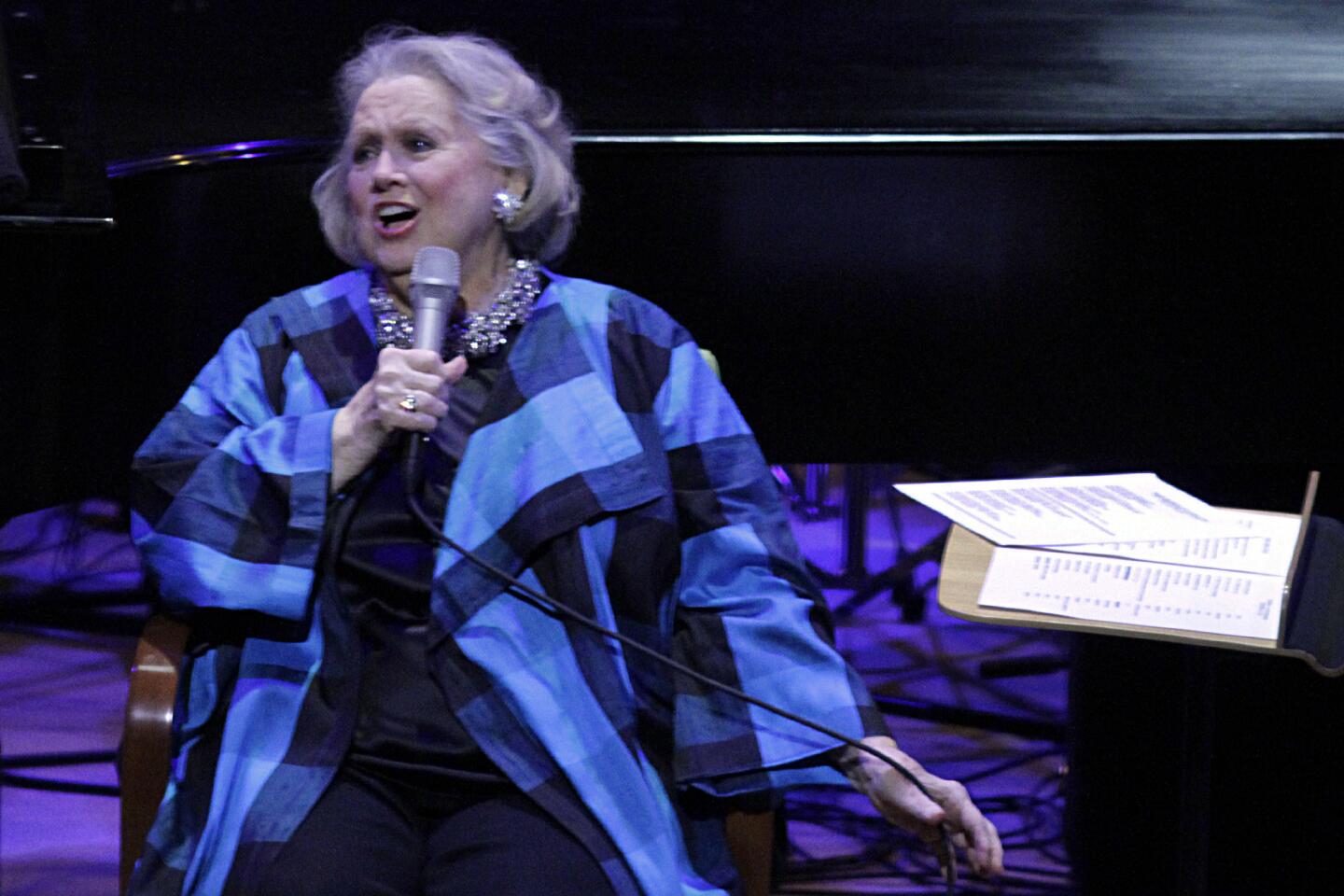
REVIEW: Barbara Cook rejuvenates song standards (Lawrence K. Ho / Los Angeles Times)
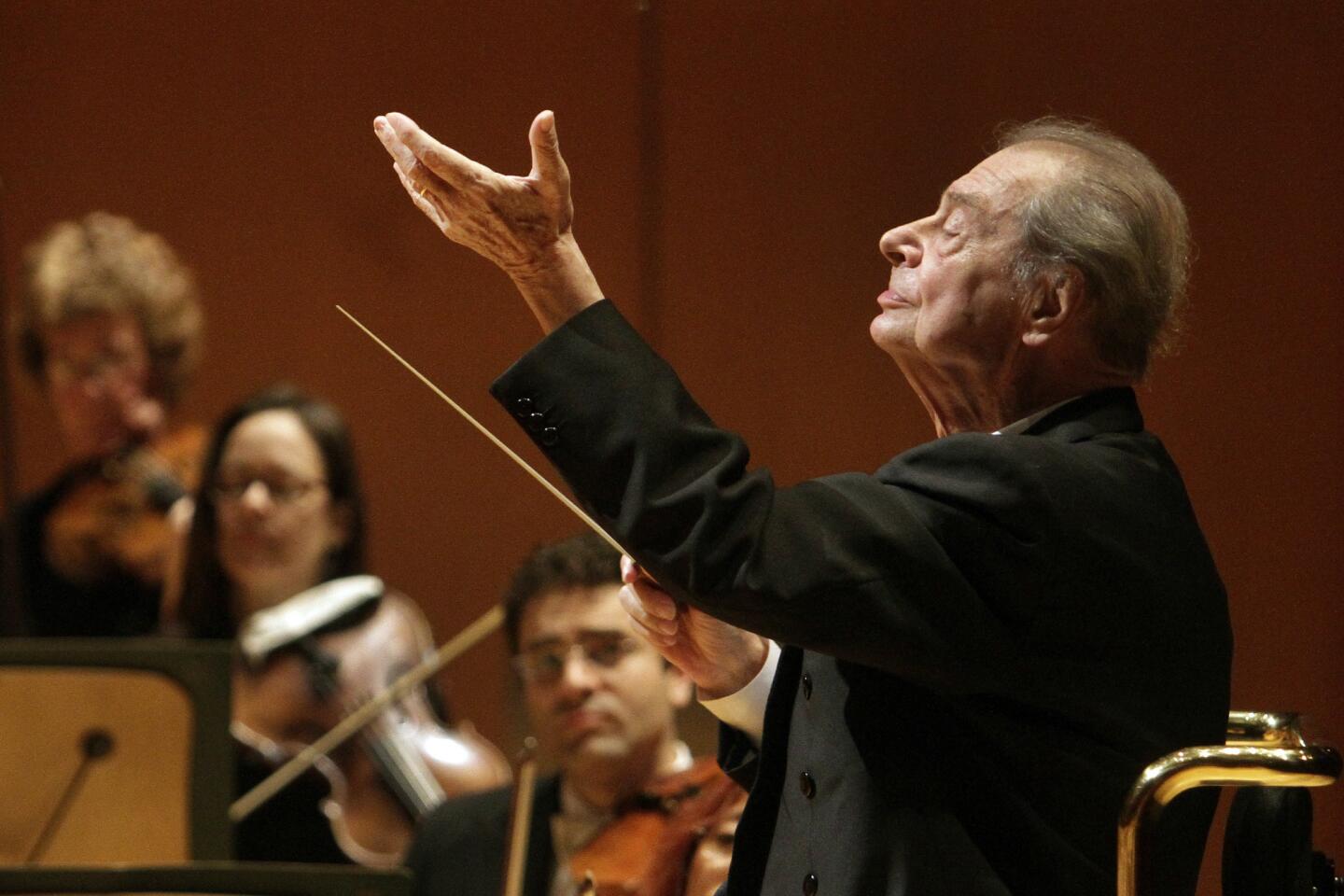
MORE: Rafael Fruhbeck de Burgos, Lynn Harrell at Disney Hall (Lawrence K. Ho / Los Angeles Times)

REVIEW: Some bright spots in a lesser ‘Madame Butterfly’ | Photos (Lawrence K. Ho / Los Angeles Times)
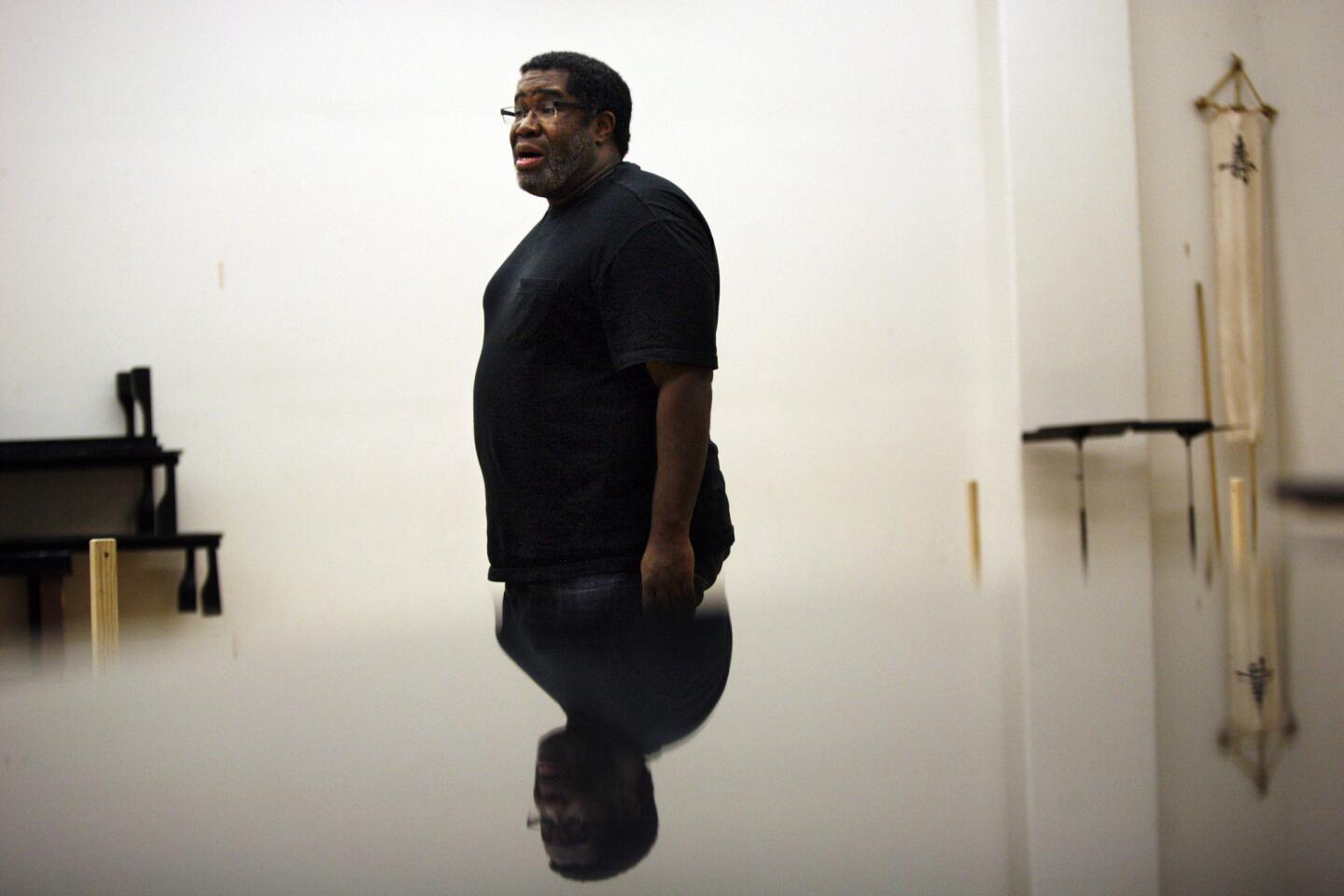
MORE: Opera’s ever-inquisitive Eric Owens is in high demand (Bob Chamberlin / Los Angeles Times)
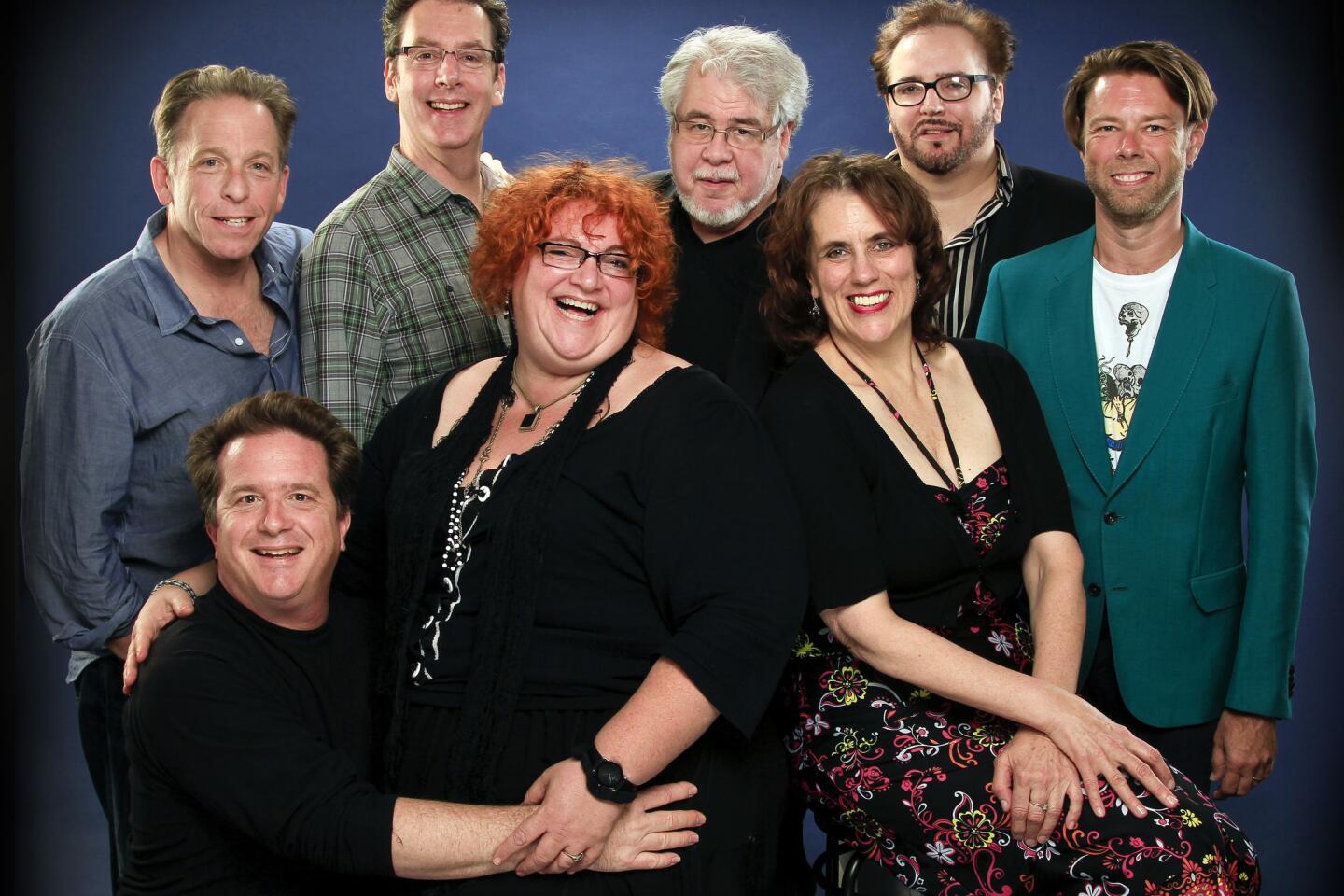
Critic’s Notebook: The joys and challenges of the L.A. small-theater scene (Ricardo DeAratanha / Los Angeles Times)

MORE: Christopher Hawthorne’s On the Boulevards Project (Luis Cinco / Los Angeles Times)
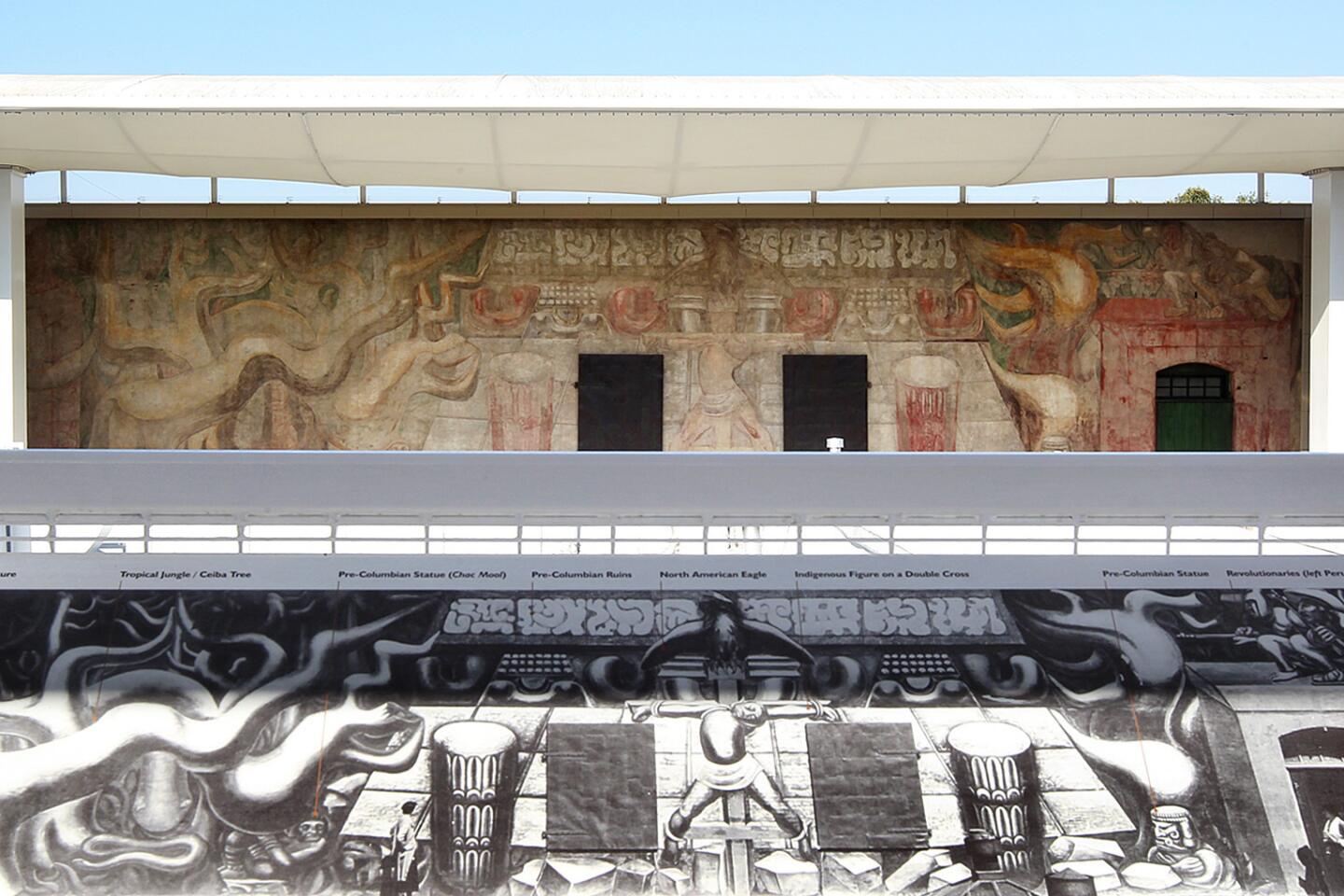
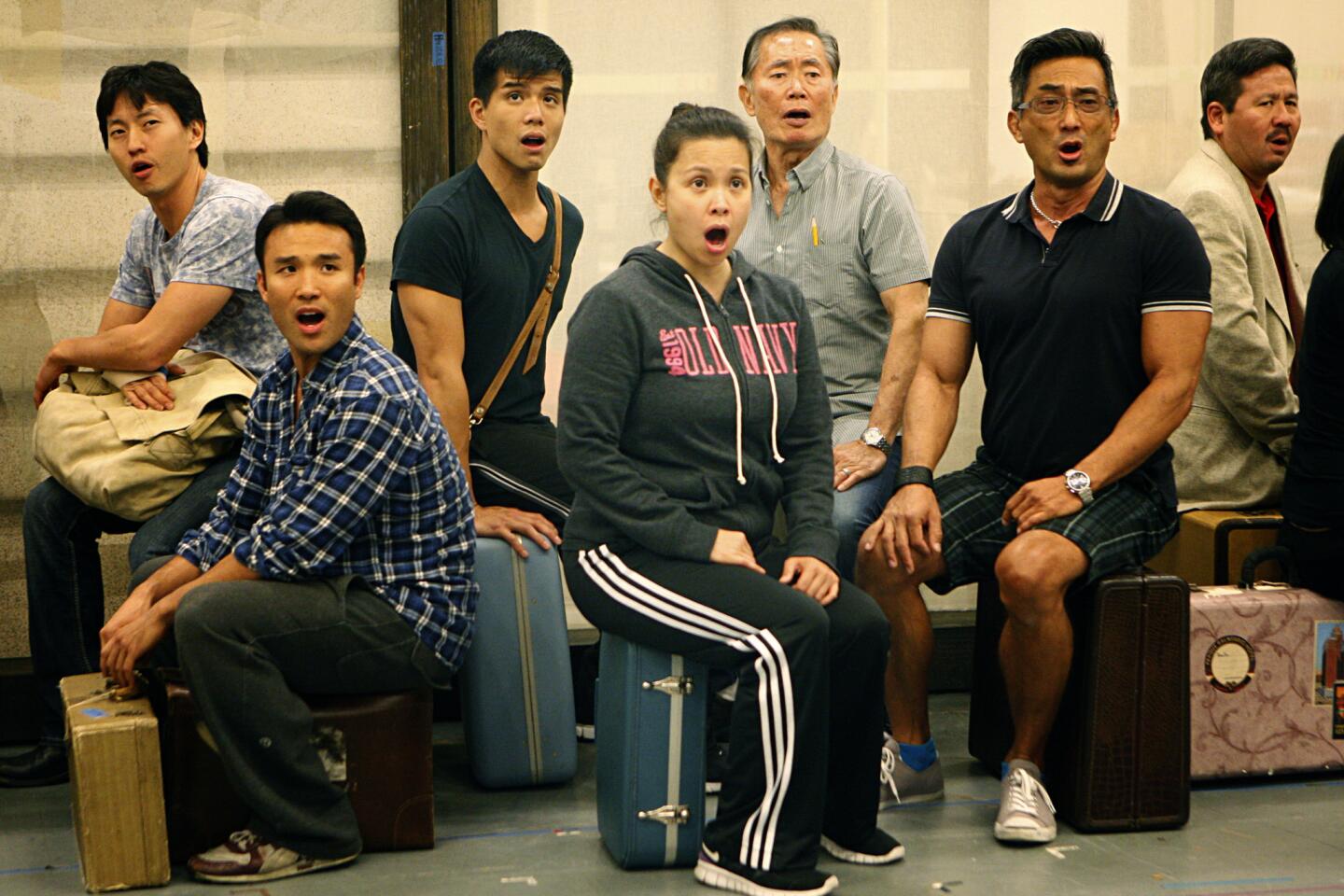
MORE: George Takei builds on legacy with ‘Allegiance’ at the Old Globe (Don Bartletti / Los Angeles Times)
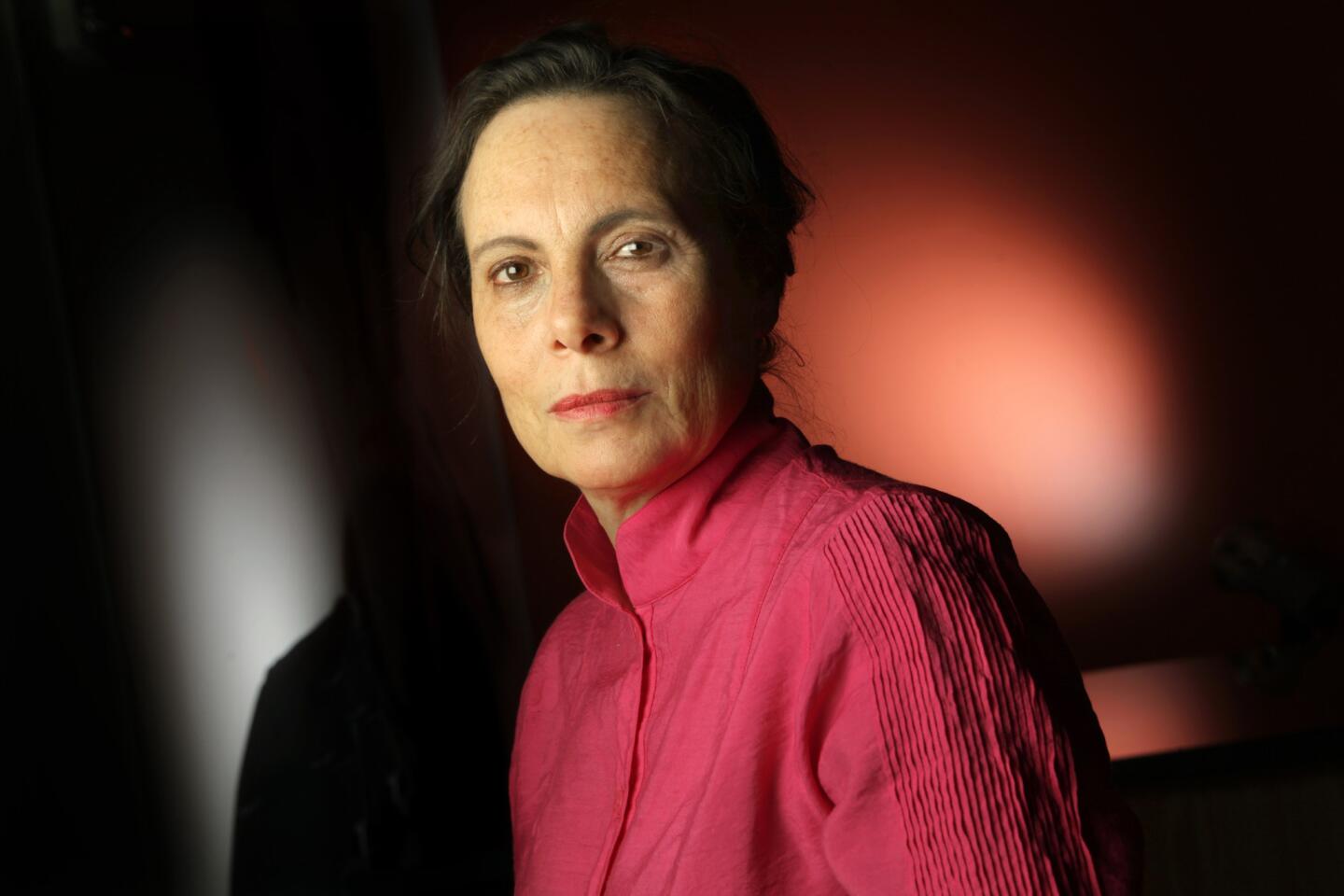
MORE: Emily Mann a natural to direct ‘Streetcar’ and ‘The Convert’ (Carolyn Cole / Los Angeles Times)

REVIEW: Lackluster Expo Line reflects Metro’s weak grasp of design (Mark Boster / Los Angeles Times)
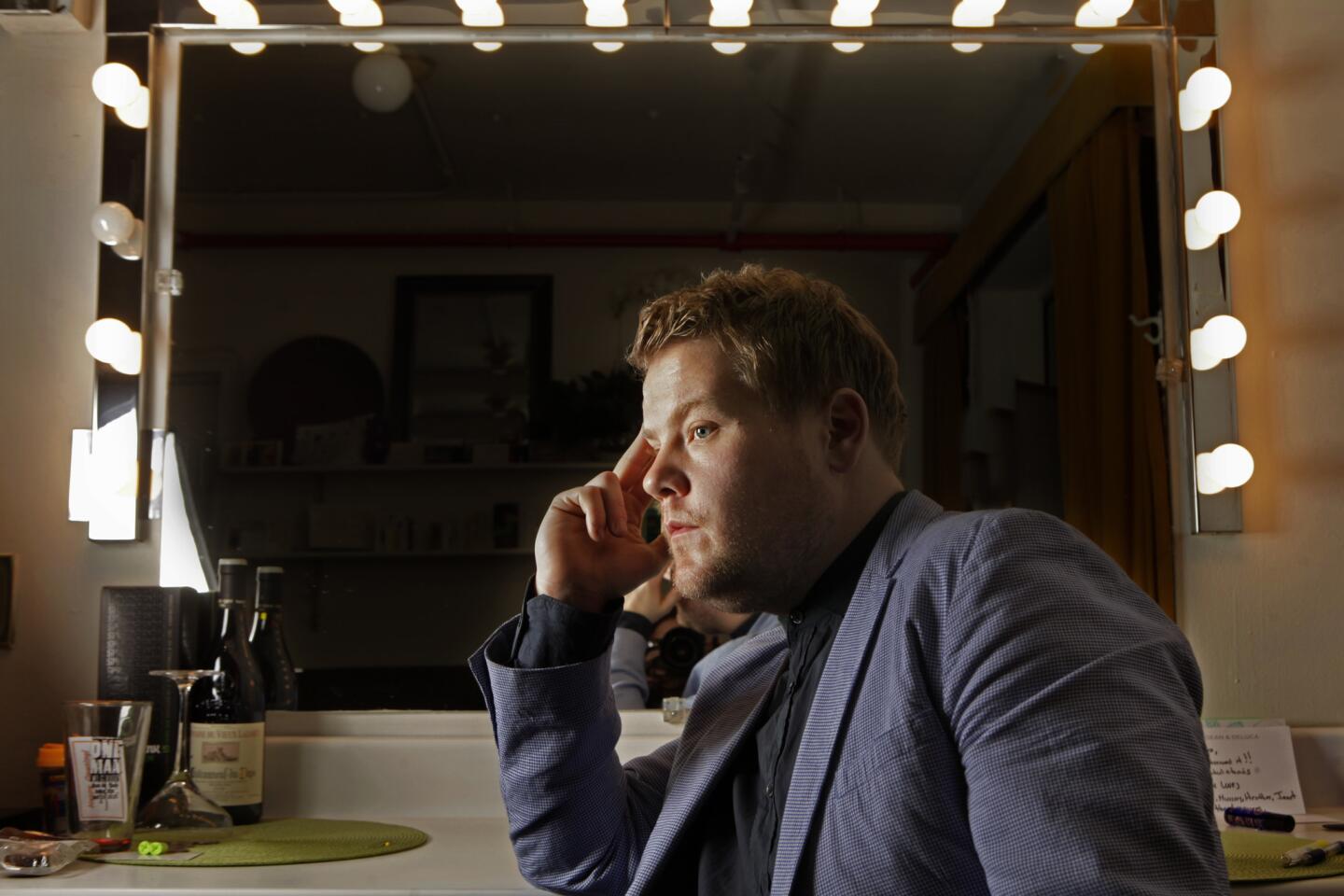
MORE: James Corden, ‘One Man’ and a plethora of talent (Carolyn Cole / Los Angeles Times)
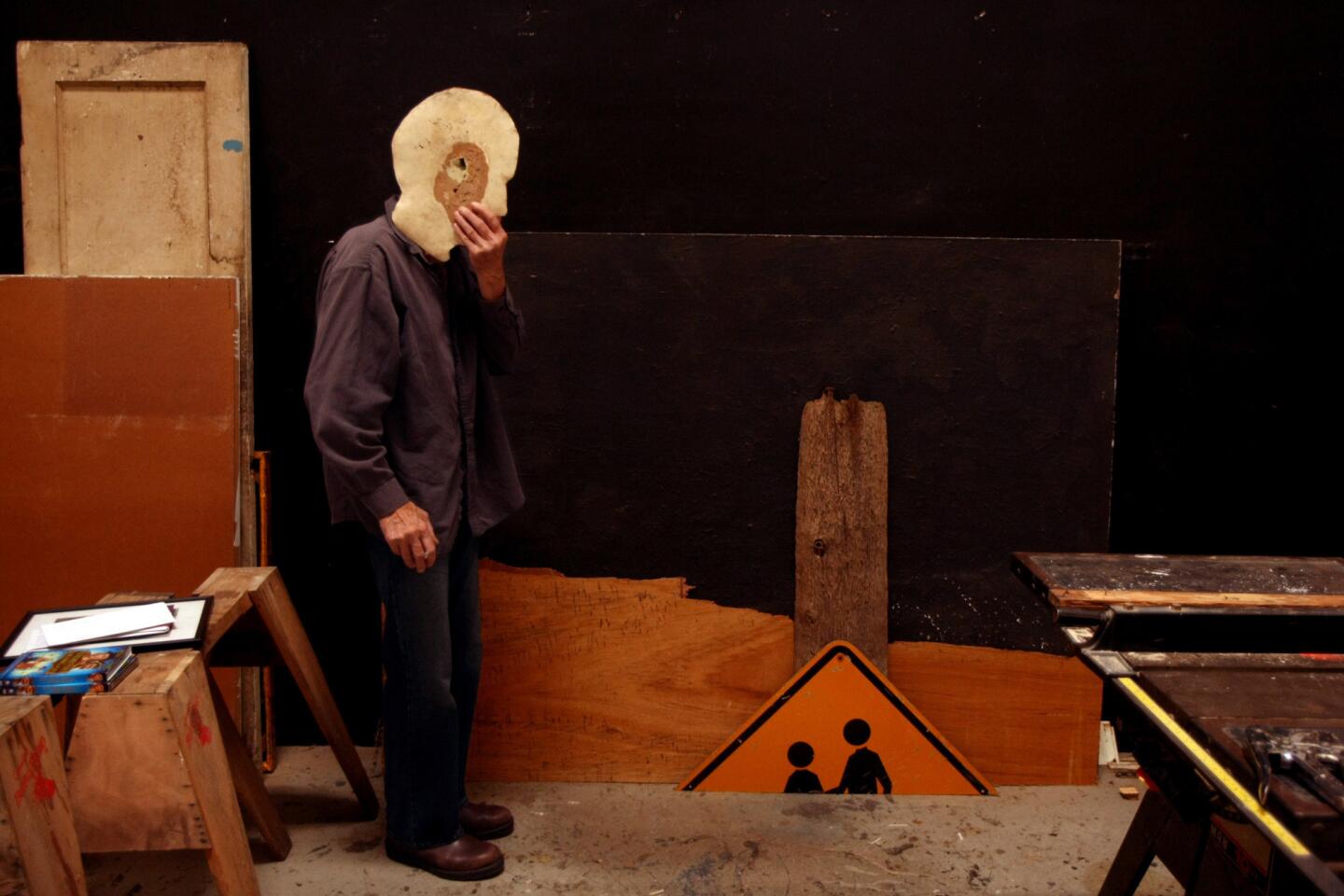
MORE: Llyn Foulkes’ art of raw emotion (Genaro Molina / Los Angeles Times)
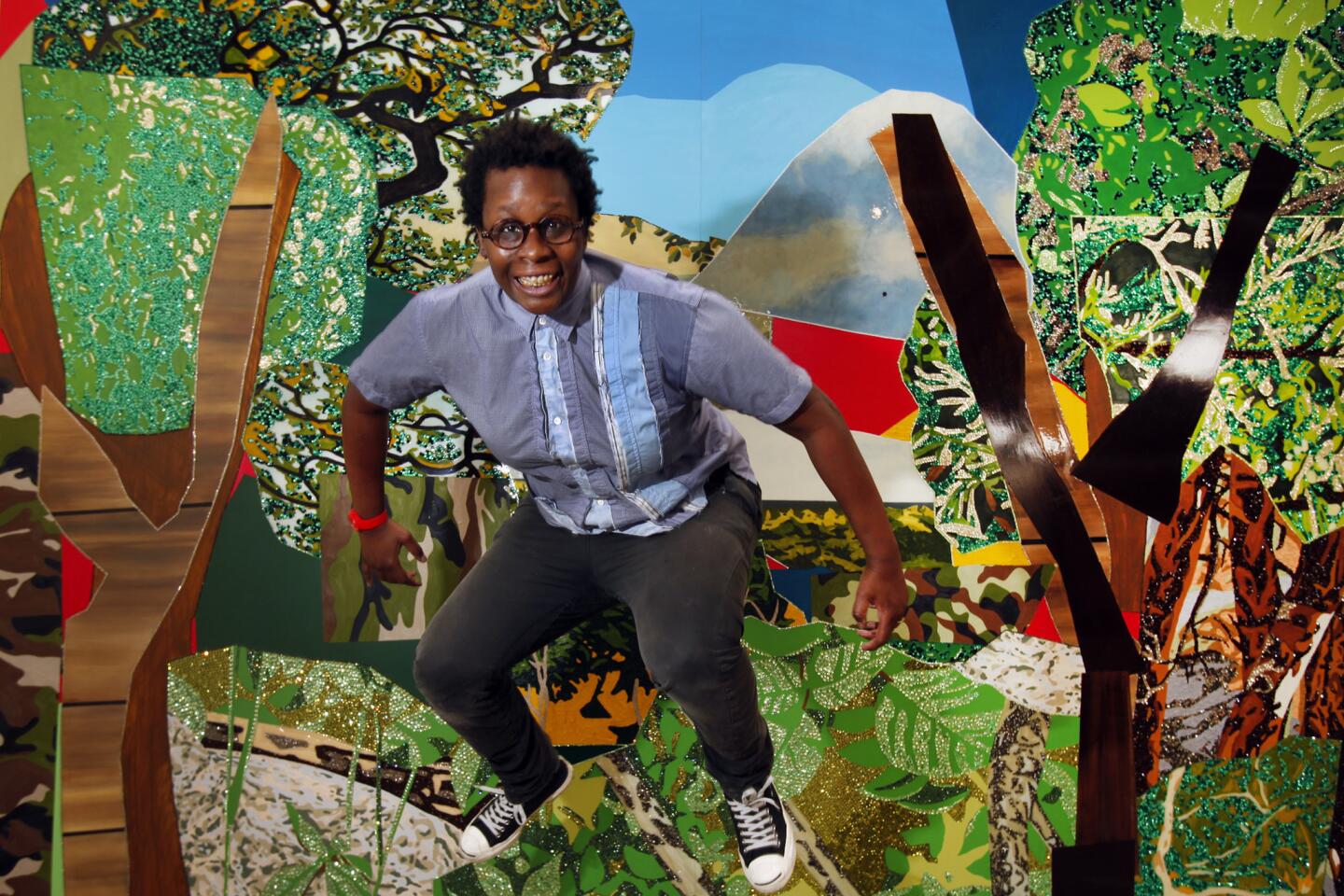
MORE: Mickalene Thomas, up close and very personal (Al Seib / Los Angeles Times)
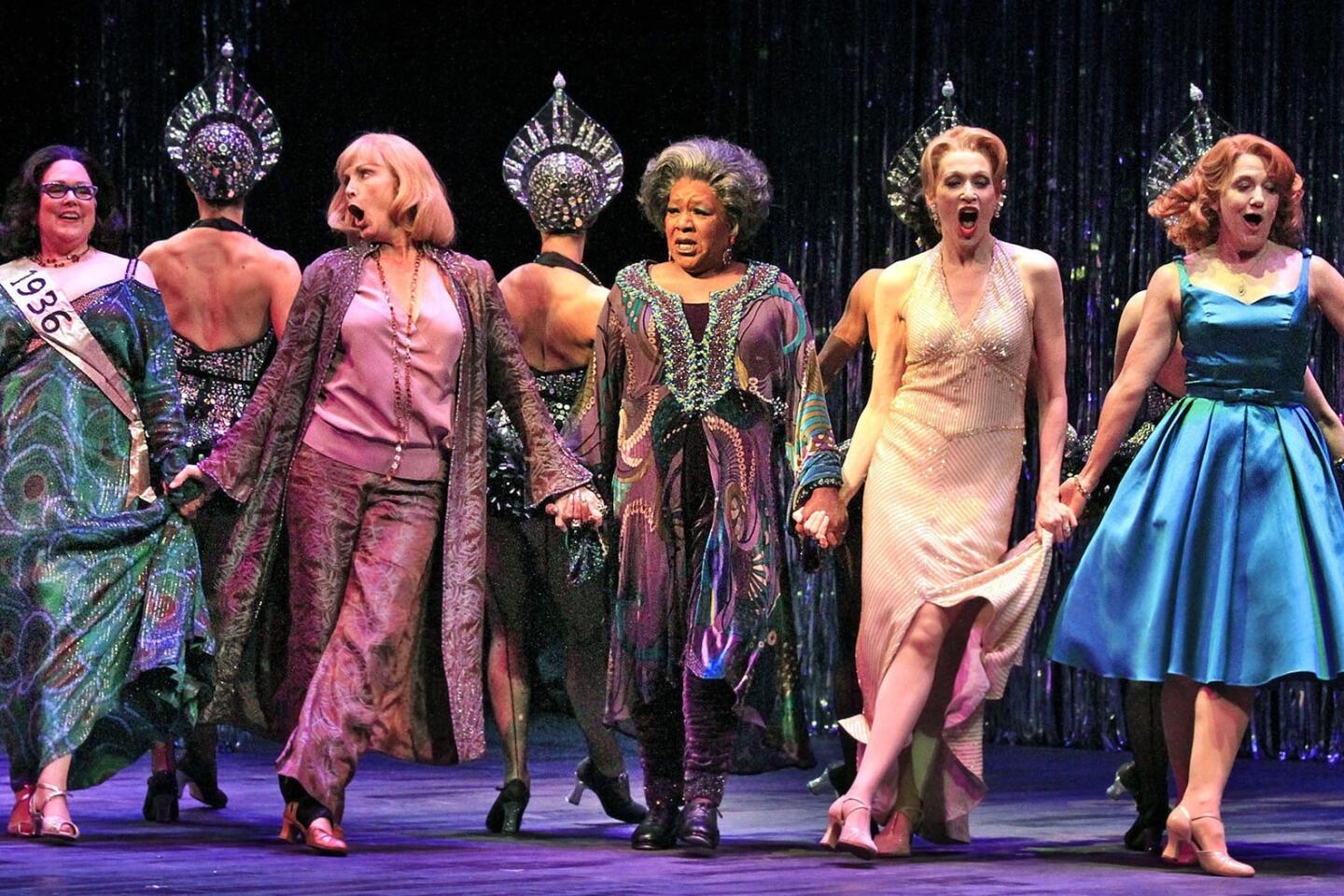
REVIEW: “Follies” is a source of heartache and razzmatazz (Glenn Koenig / Los Angeles Times)

MORE: Will downtown L.A.’s Grand Park succeed? | Photos (Francine Orr / Los Angeles Times)
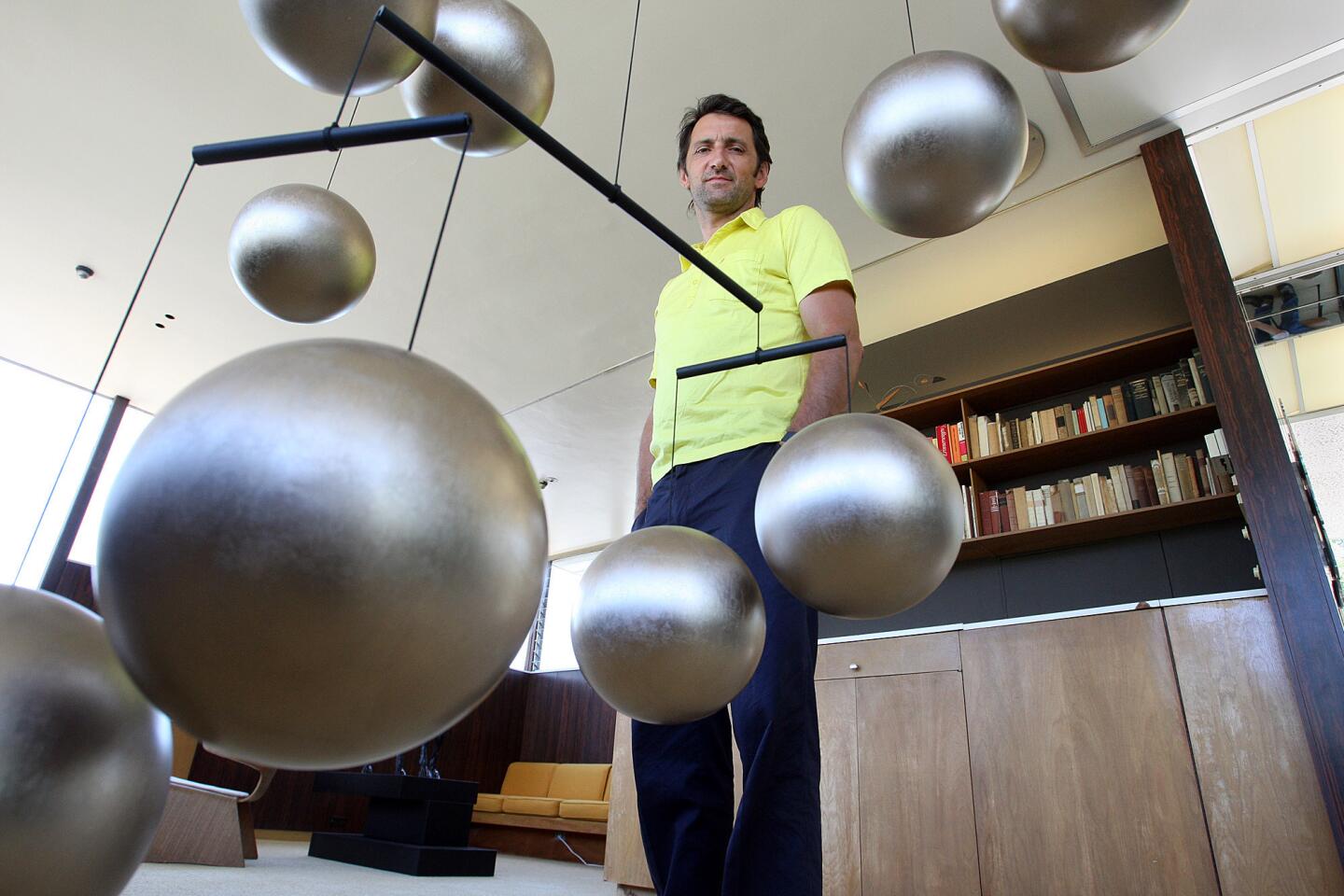
MORE: Artist Xavier Veilhan casts Richard Neutra’s VDL House in a new light (Gary Friedman / Los Angeles Times)
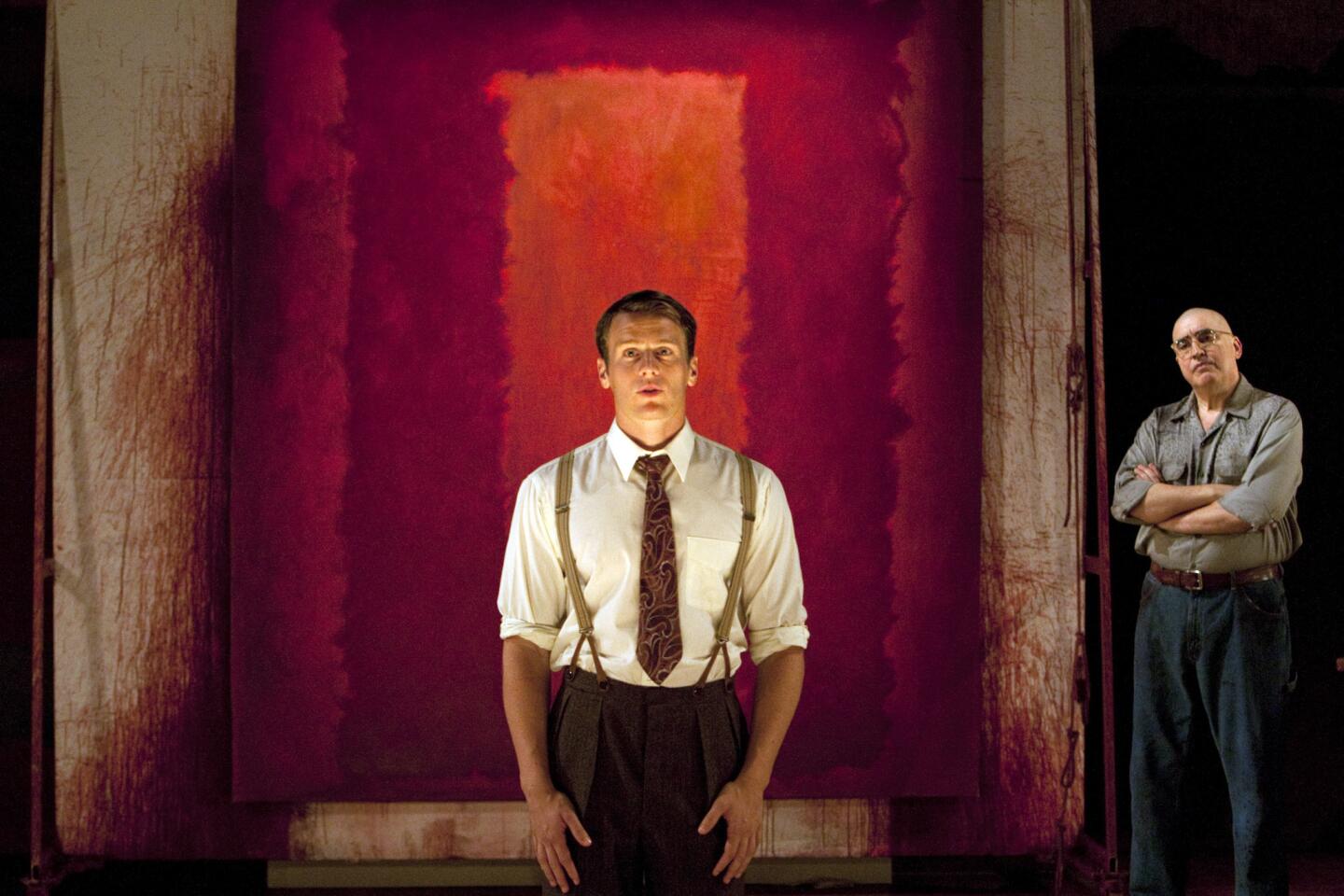
REVIEW: A blazing “Red” with Alfred Molina as Mark Rothko (Gina Ferazzi / Los Angeles Times)
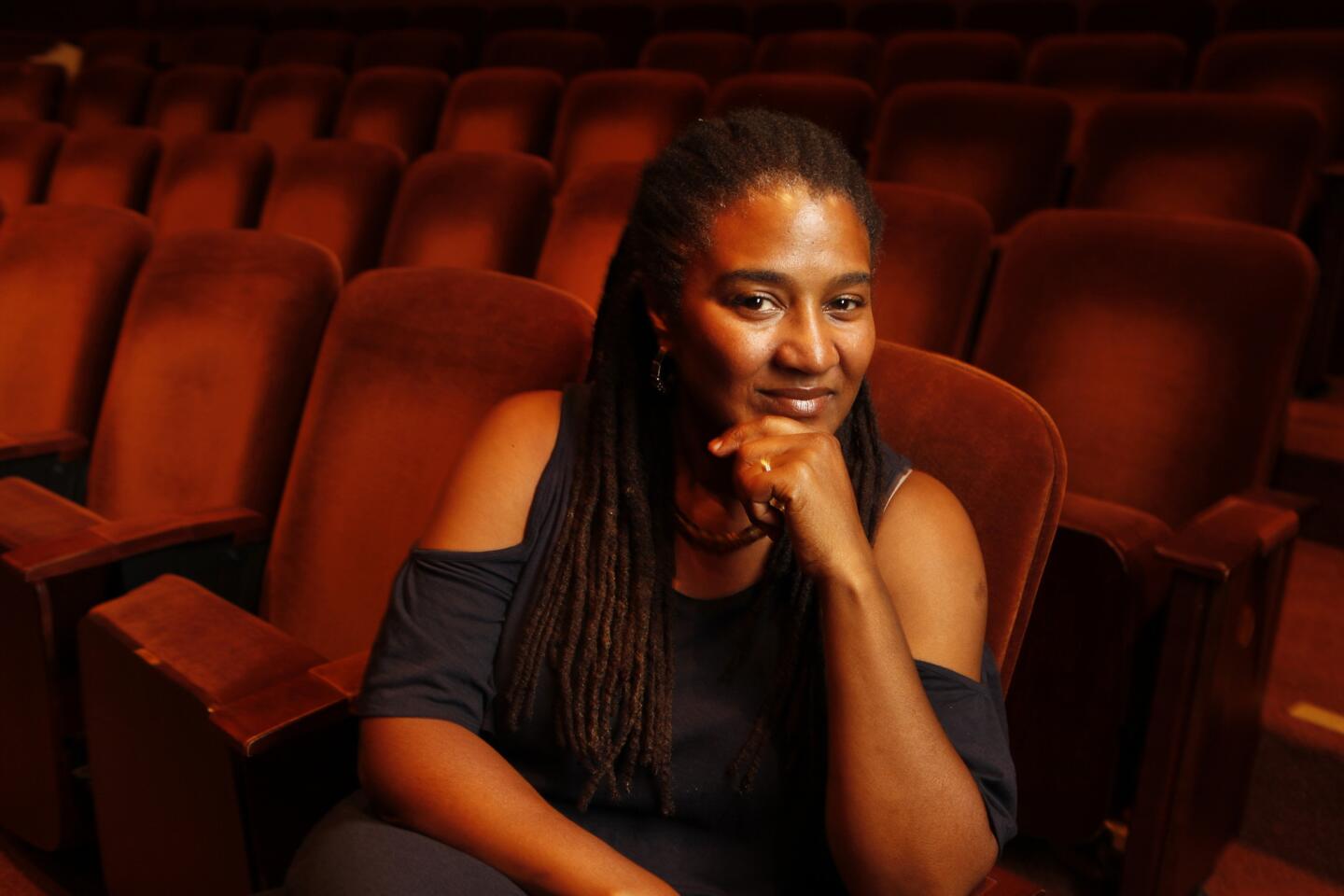
MORE: Lynn Nottage wants “Vera Stark” to be a conversation starter (Al Seib / Los Angeles Times)
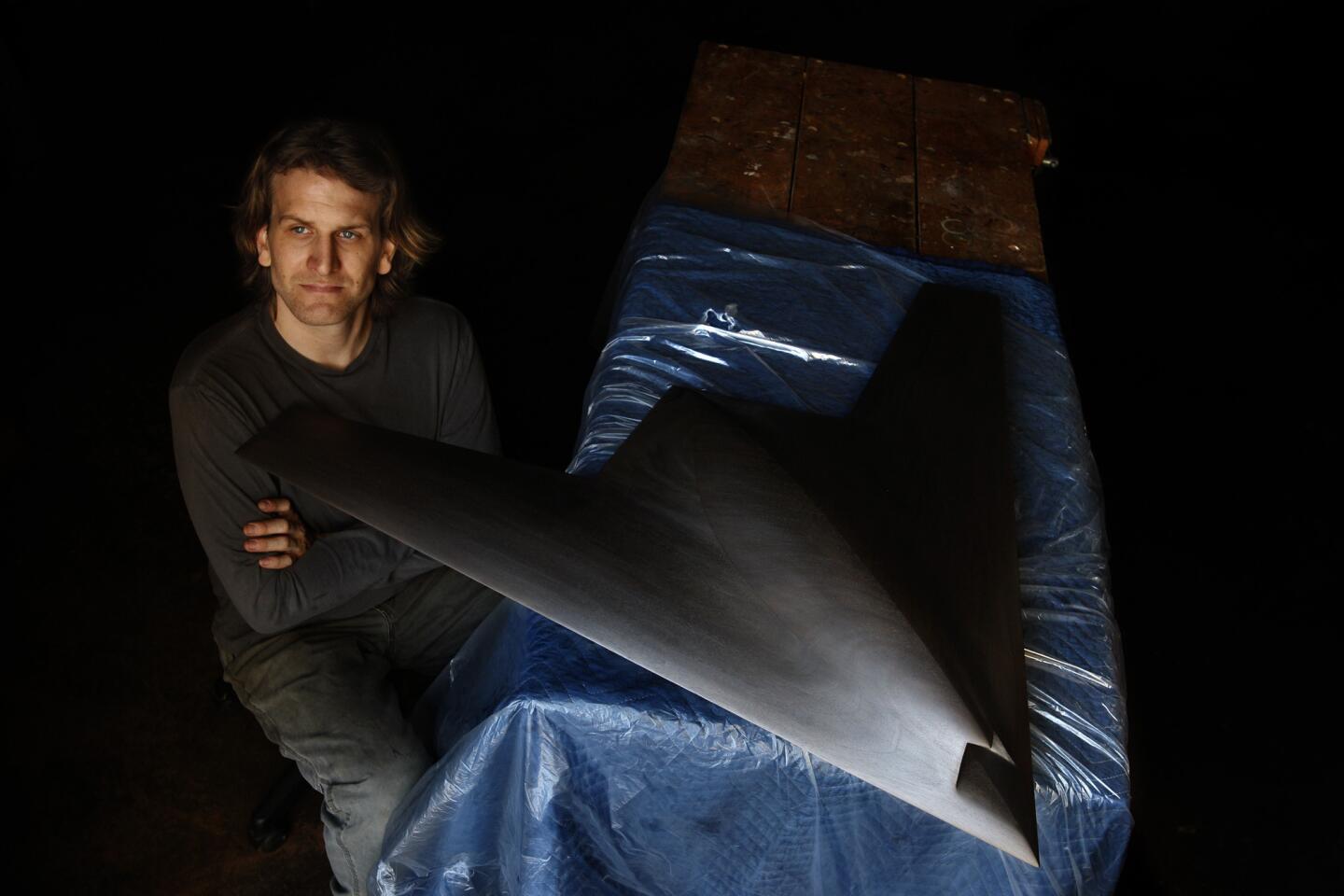
MORE: In the Studio: Ben Jackel uses broad ax strokes (Genaro Molina / Los Angeles Times)
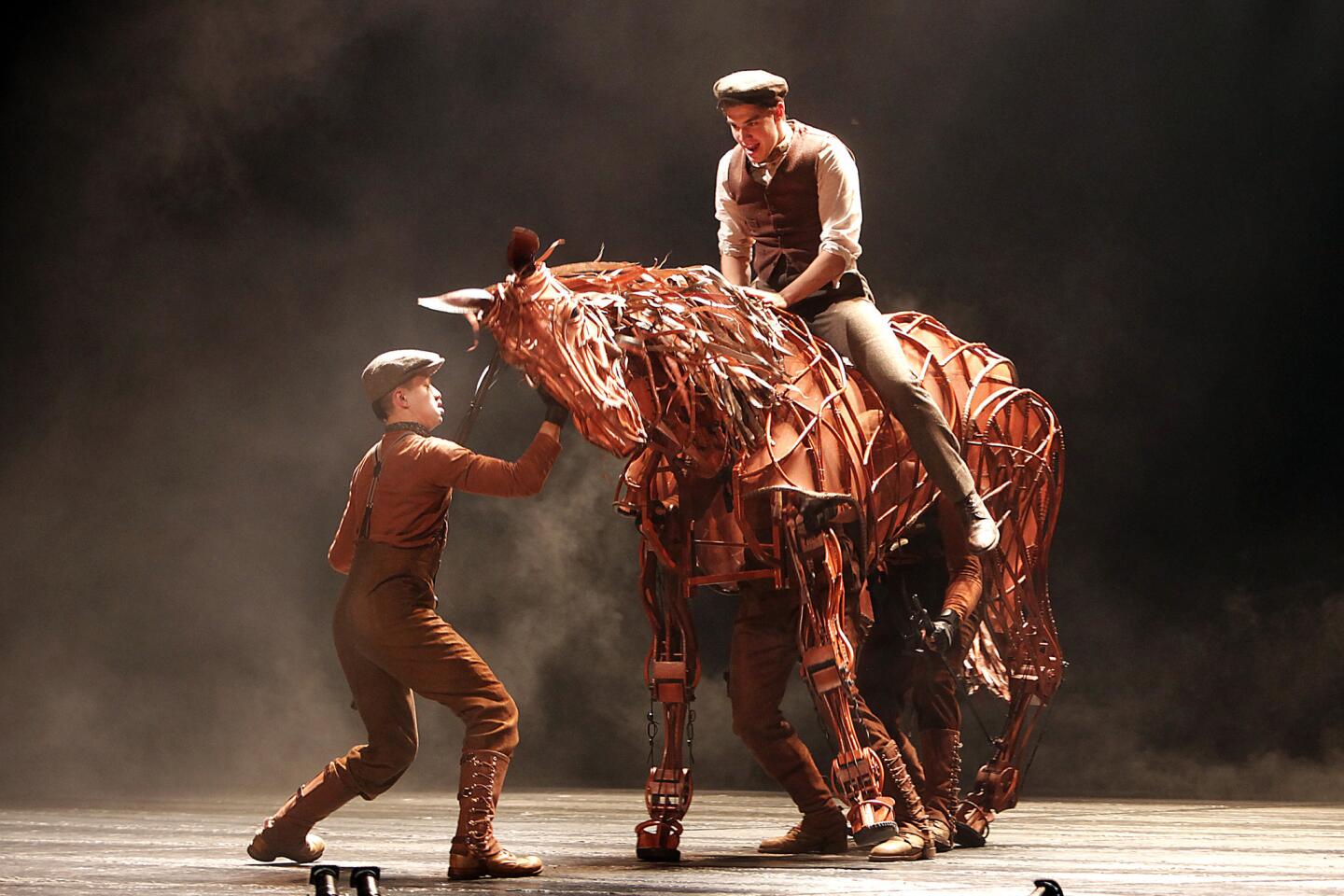
Review: “War Horse” at Ahmanson Theatre is a marvel of stagecraft | Photos (Kirk McKoy / Los Angeles Times)
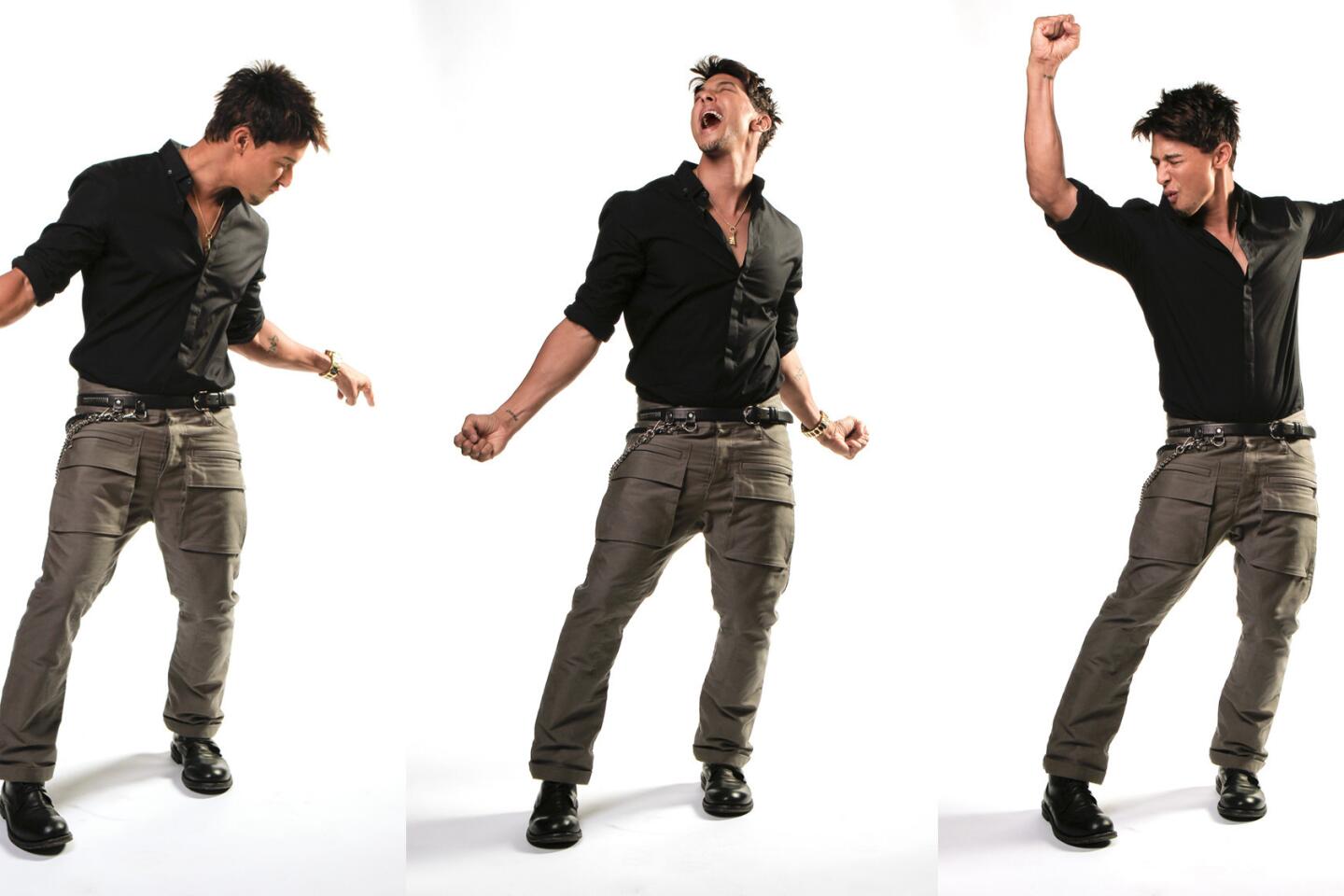
More: A pop choreographer with a busy schedule (Ricardo DeAratanha / Los Angeles Times)
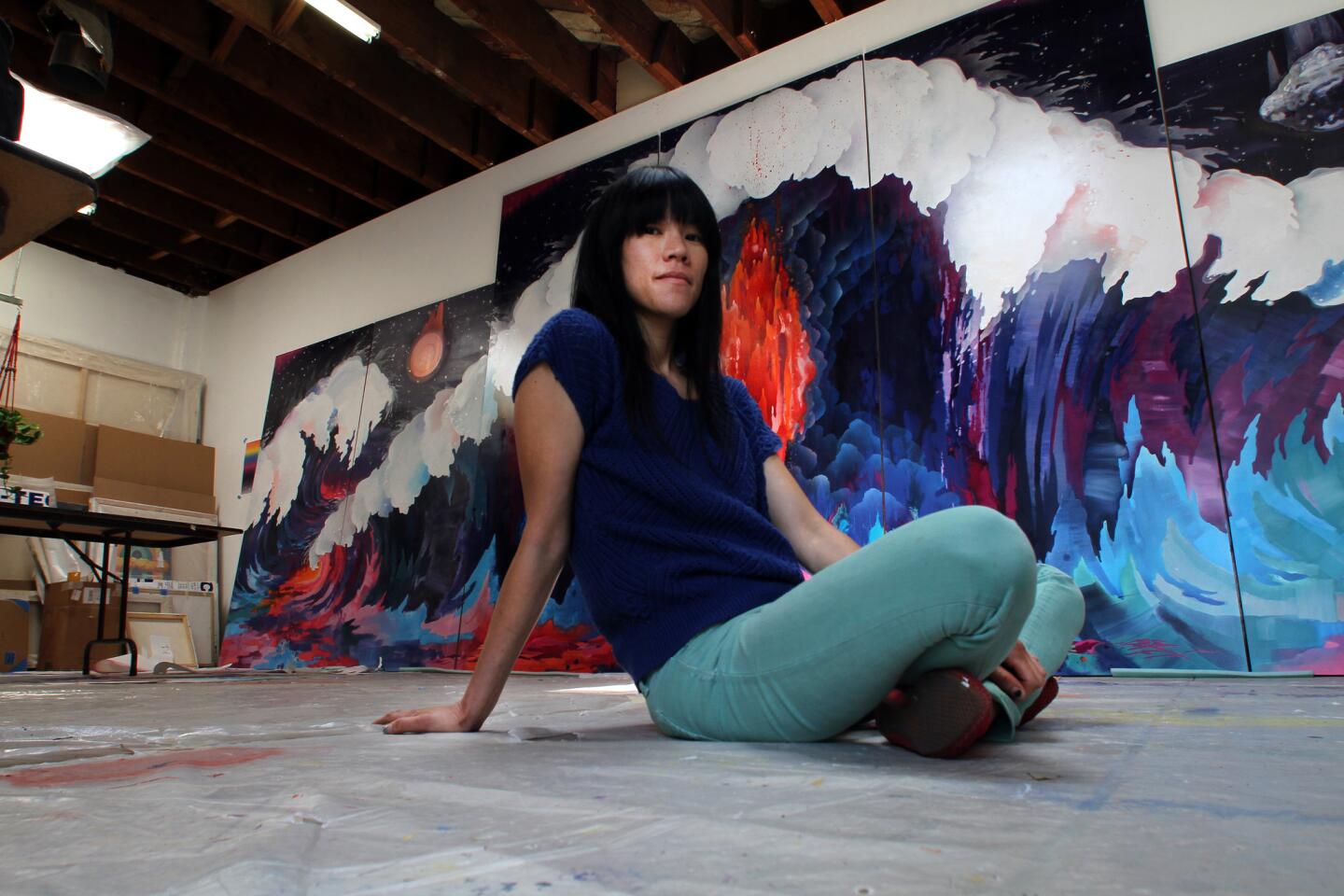
More: Hammer biennial lends artists a helping hand (Kirk McKoy / Los Angeles Times)

More: Plácido Domingo leads an uptempo life (Robert Gauthier / Los Angeles Times)
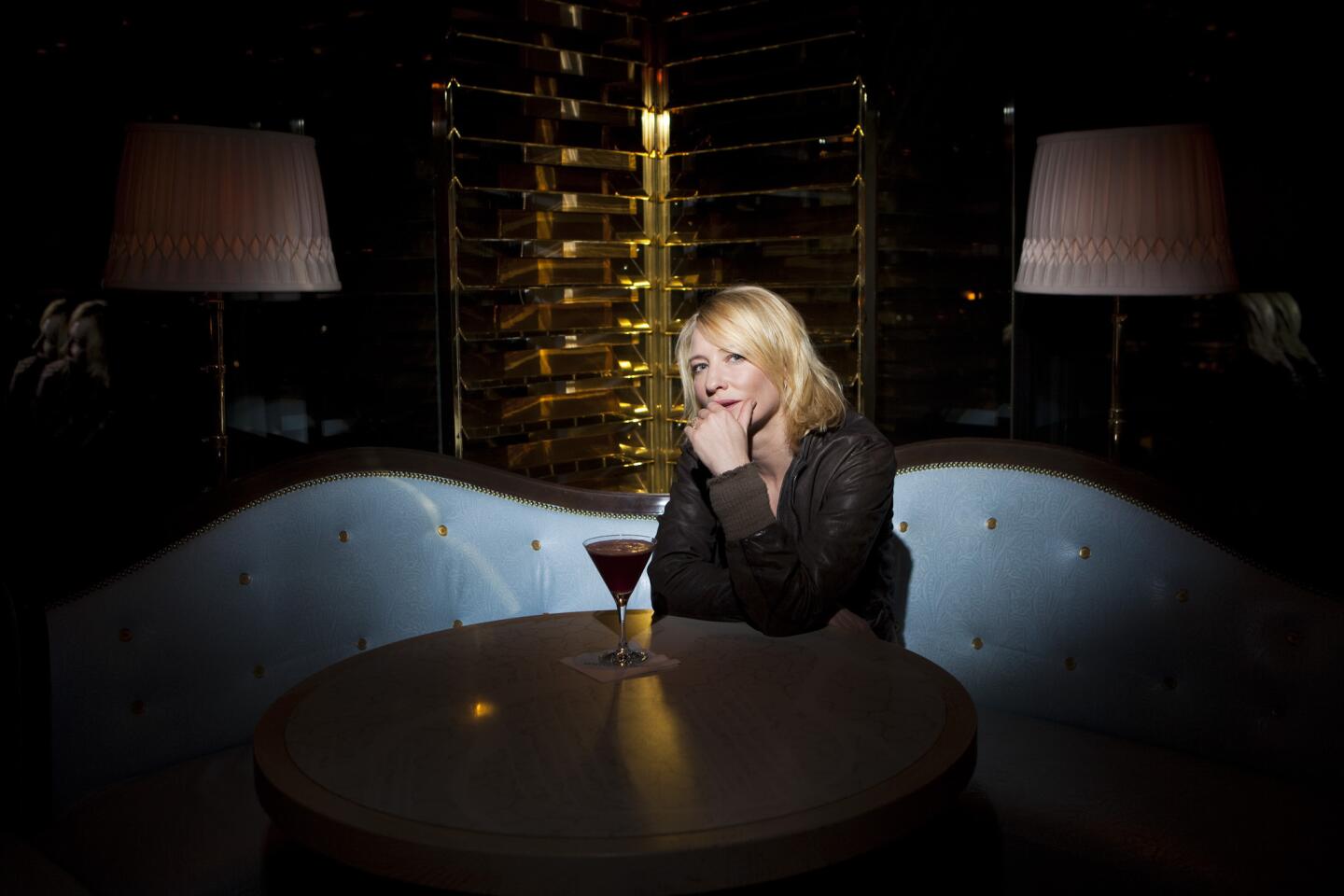
More: In the moment with Cate Blanchett (Jay L. Clendenin / Los Angeles Times)
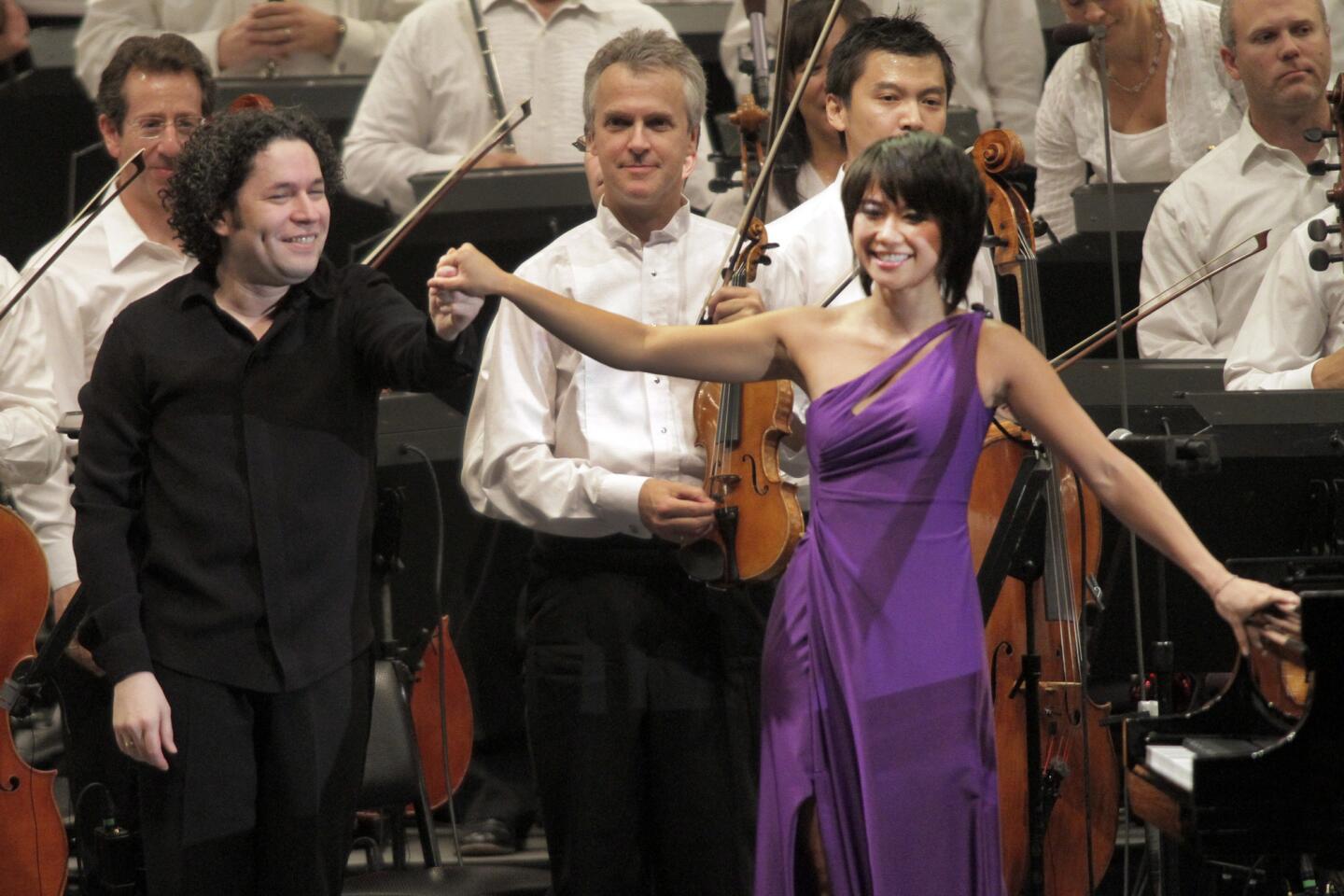
More: Yuja Wang turns heads at the Hollywood Bowl with a purple gown Photos (Lawrence K. Ho / Los Angeles Times)
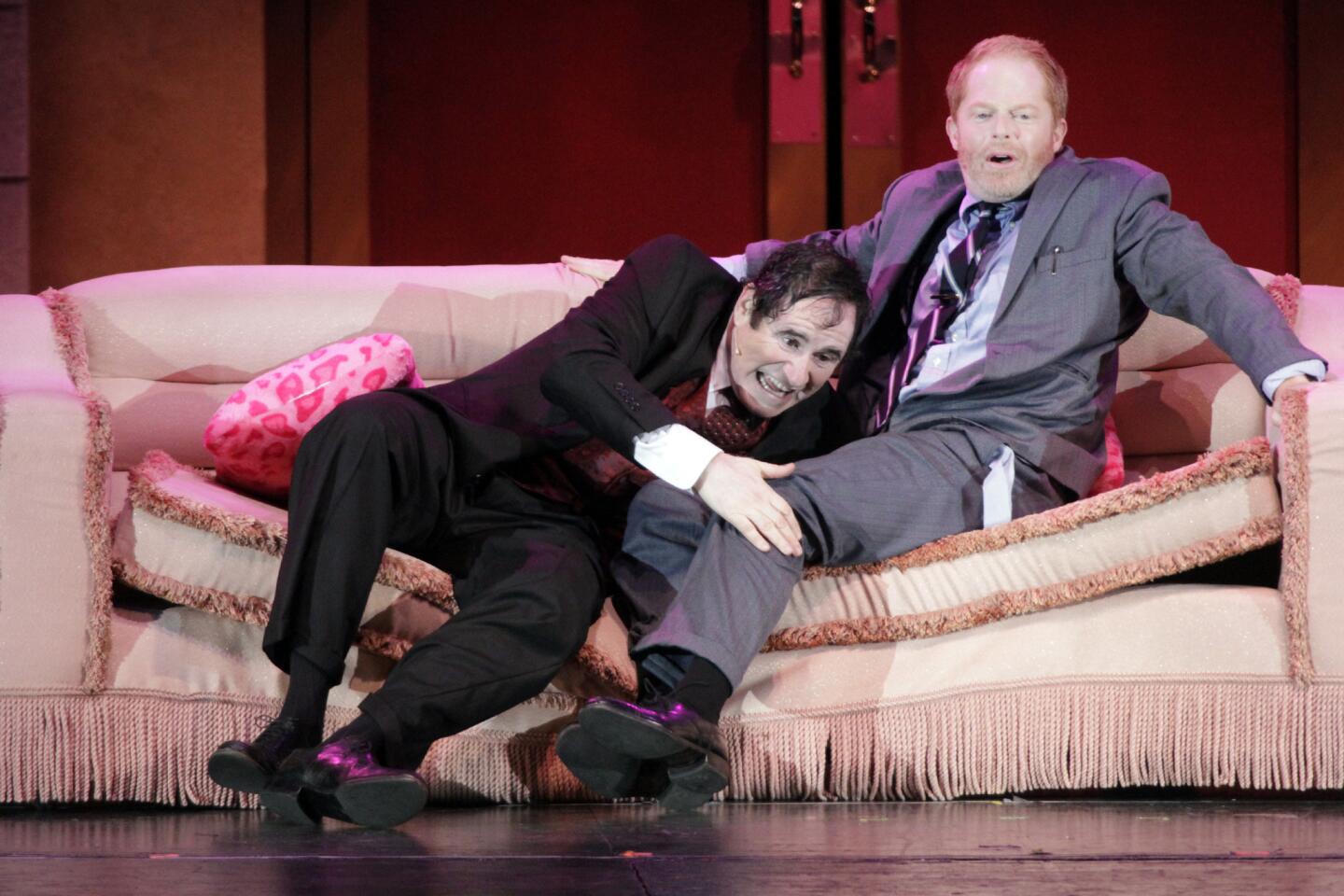
More: Jesse Tyler Ferguson takes on ‘The Producers’ at the Bowl | Review | Photos (Lawrence K. Ho / Los Angeles Times)

Review: LACMA’s new hunk ‘Levitated Mass’ has some substance | Critic’s Notebook: Art on an architectural scale at LACMA (Gina Ferazzi / Los Angeles Times)
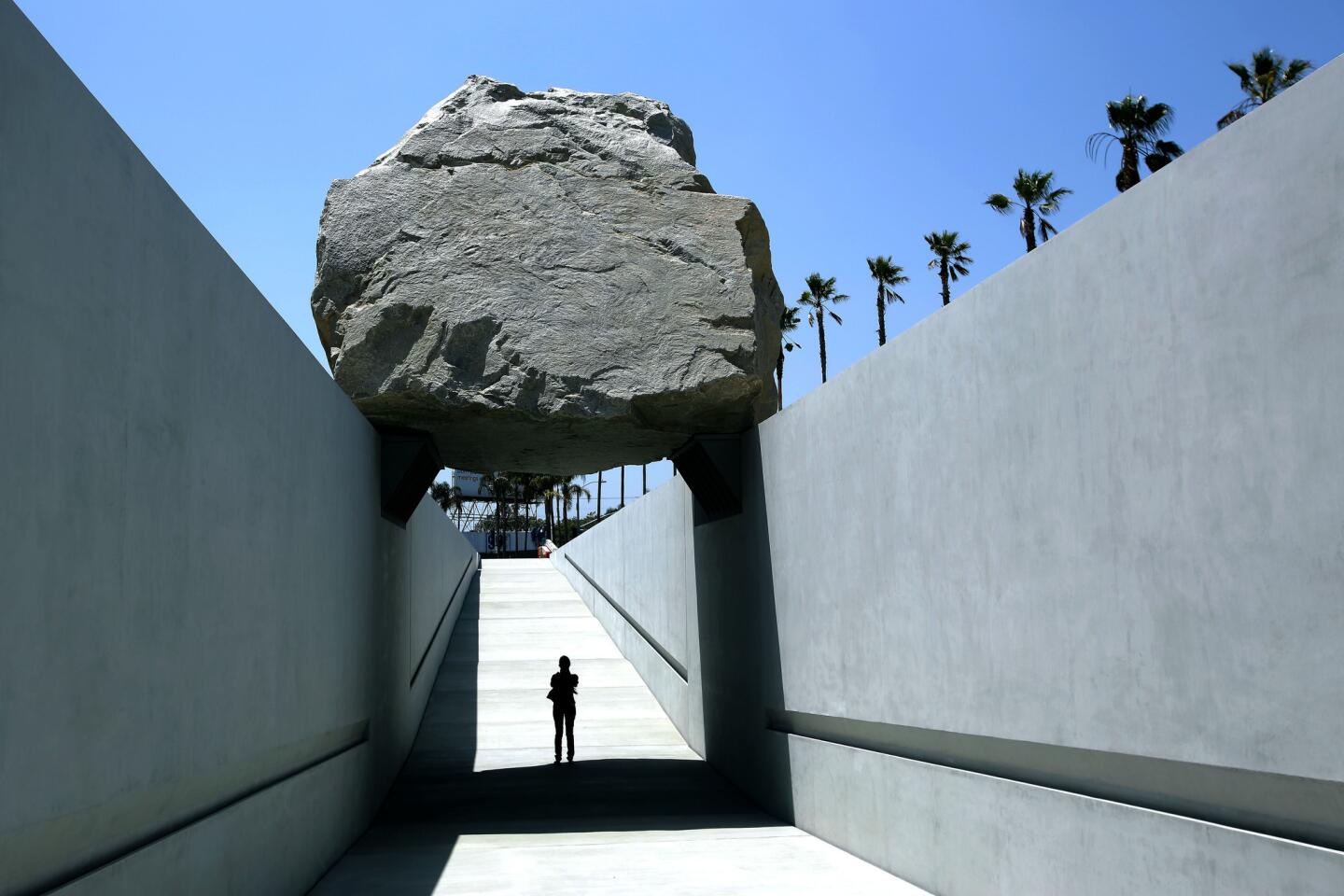
Review: LACMA’s new hunk ‘Levitated Mass’ has some substance | Critic’s Notebook: Art on an architectural scale at LACMA (Mel Melcon / Los Angeles Times)
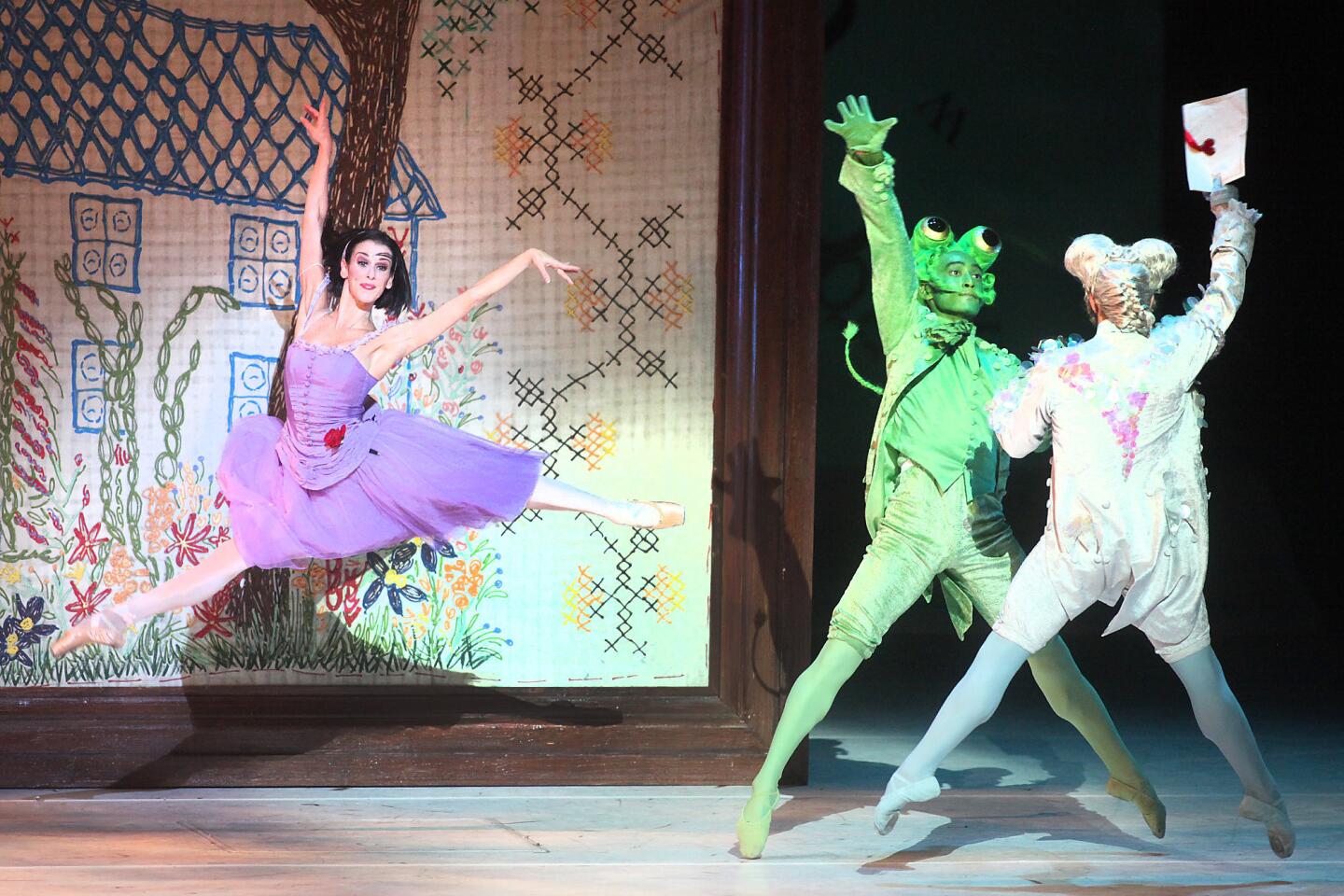
Review: Antic ‘Alice’s Adventures in Wonderland’ a scenic spectacle | More photos (Brian van der Brug / Los Angeles Times)
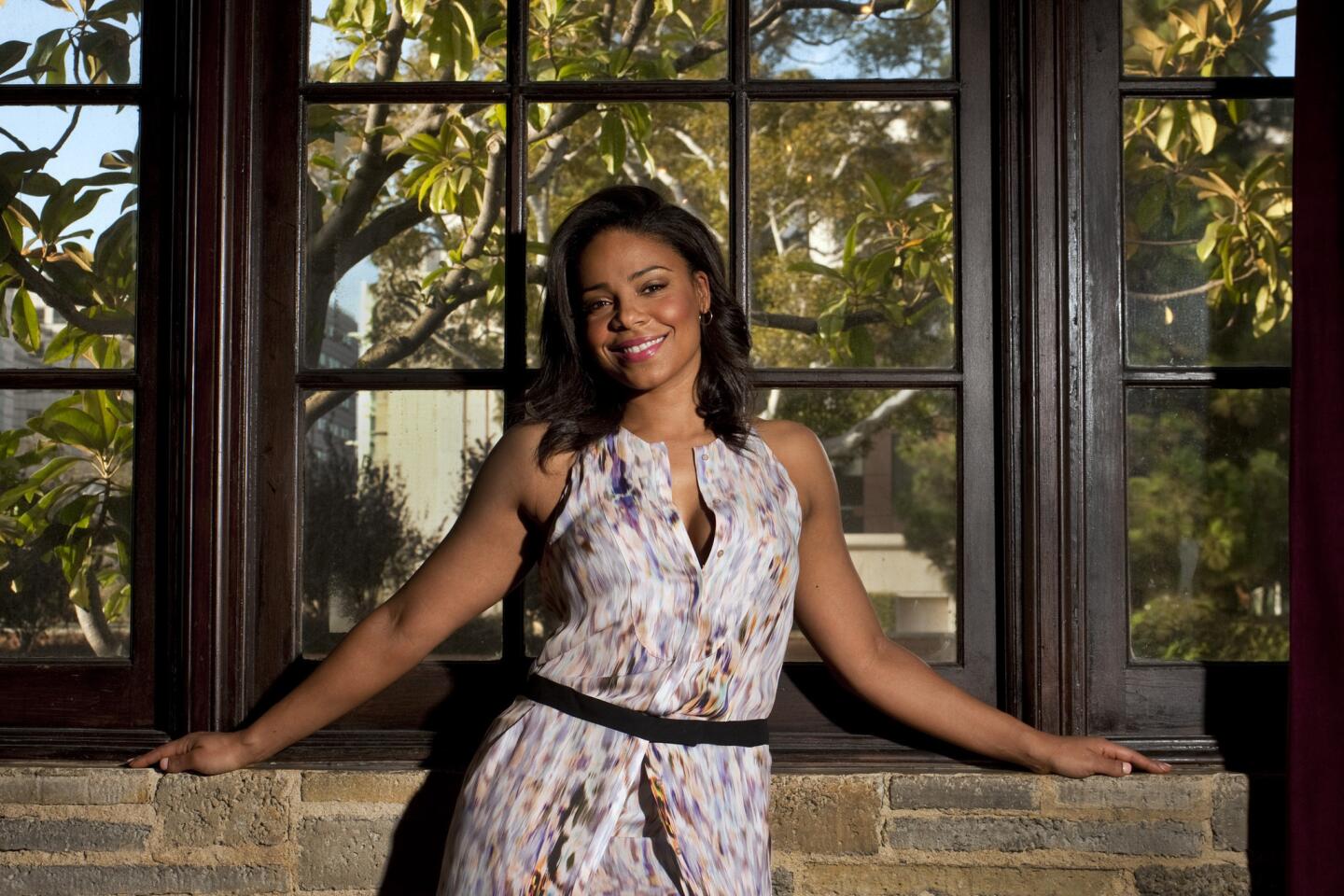
More: Q&A: Sanaa Lathan (Allen J. Schaben / Los Angeles Times)
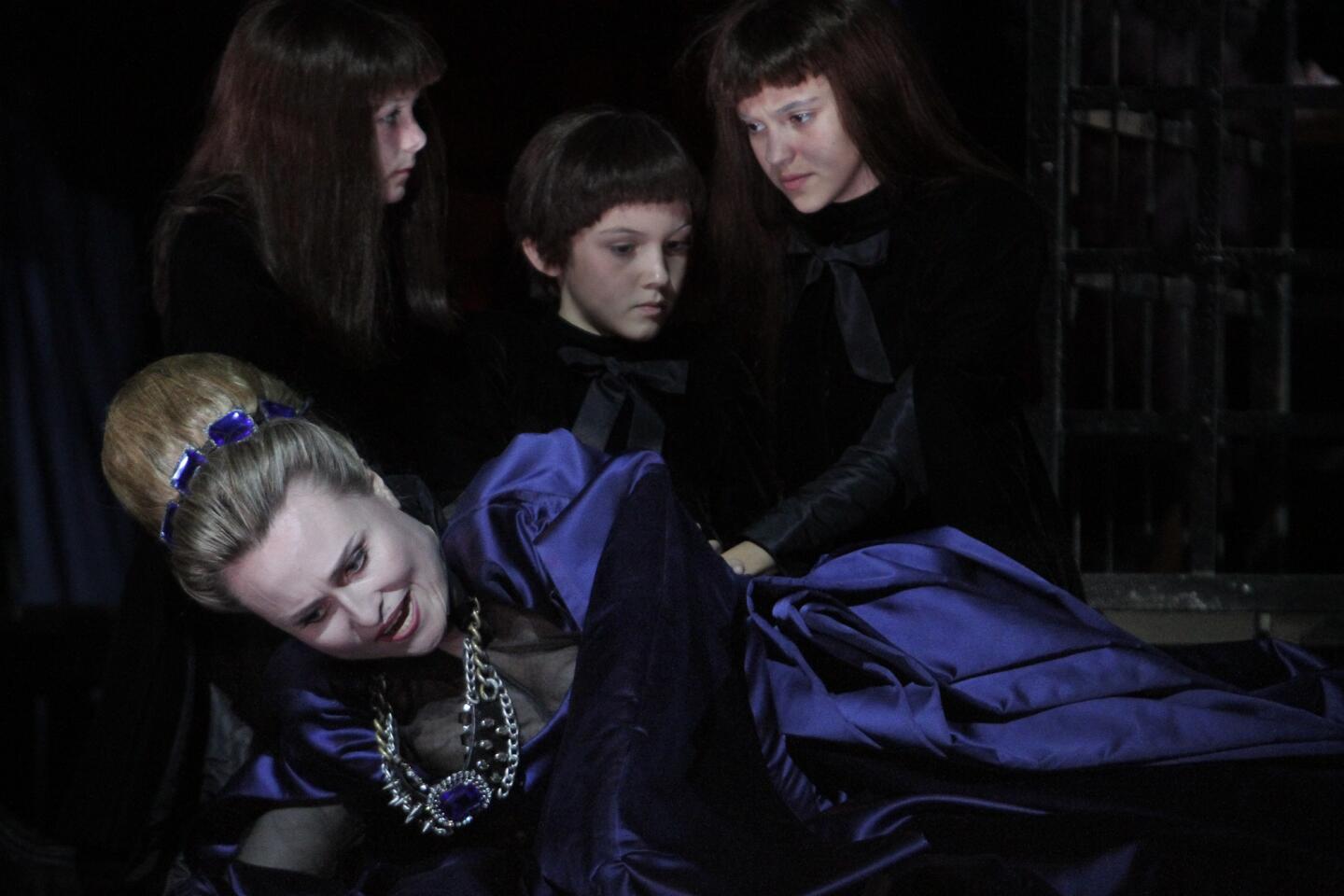
More: Los Angeles Opera takes fresh look at Verdi’s ‘The Two Foscari’ | Review (Lawrence K. Ho / Los Angeles Times)
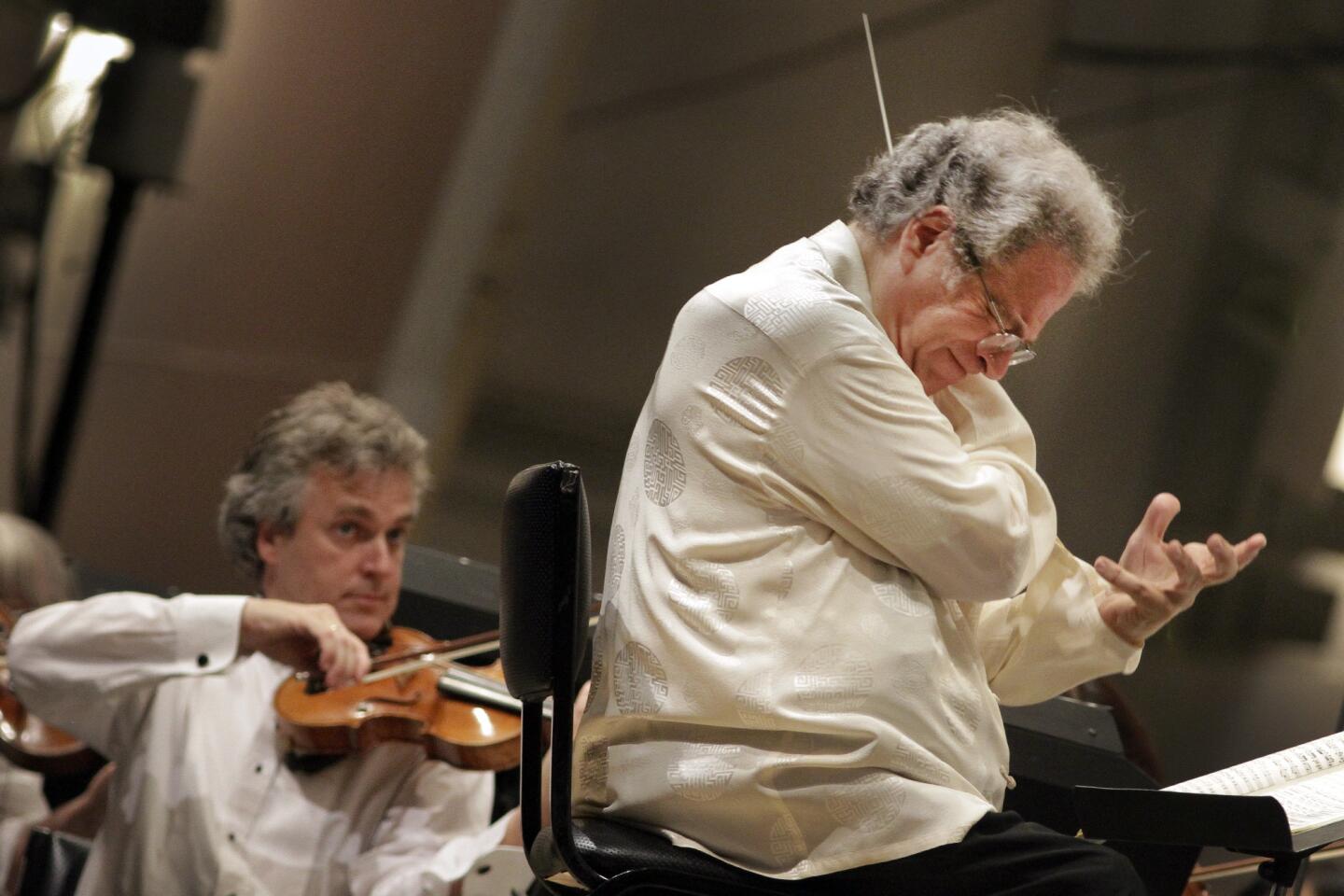
Review: Itzhak Perlman closes Hollywood Bowl classical season (Lawrence K. Ho / Los Angeles Times)
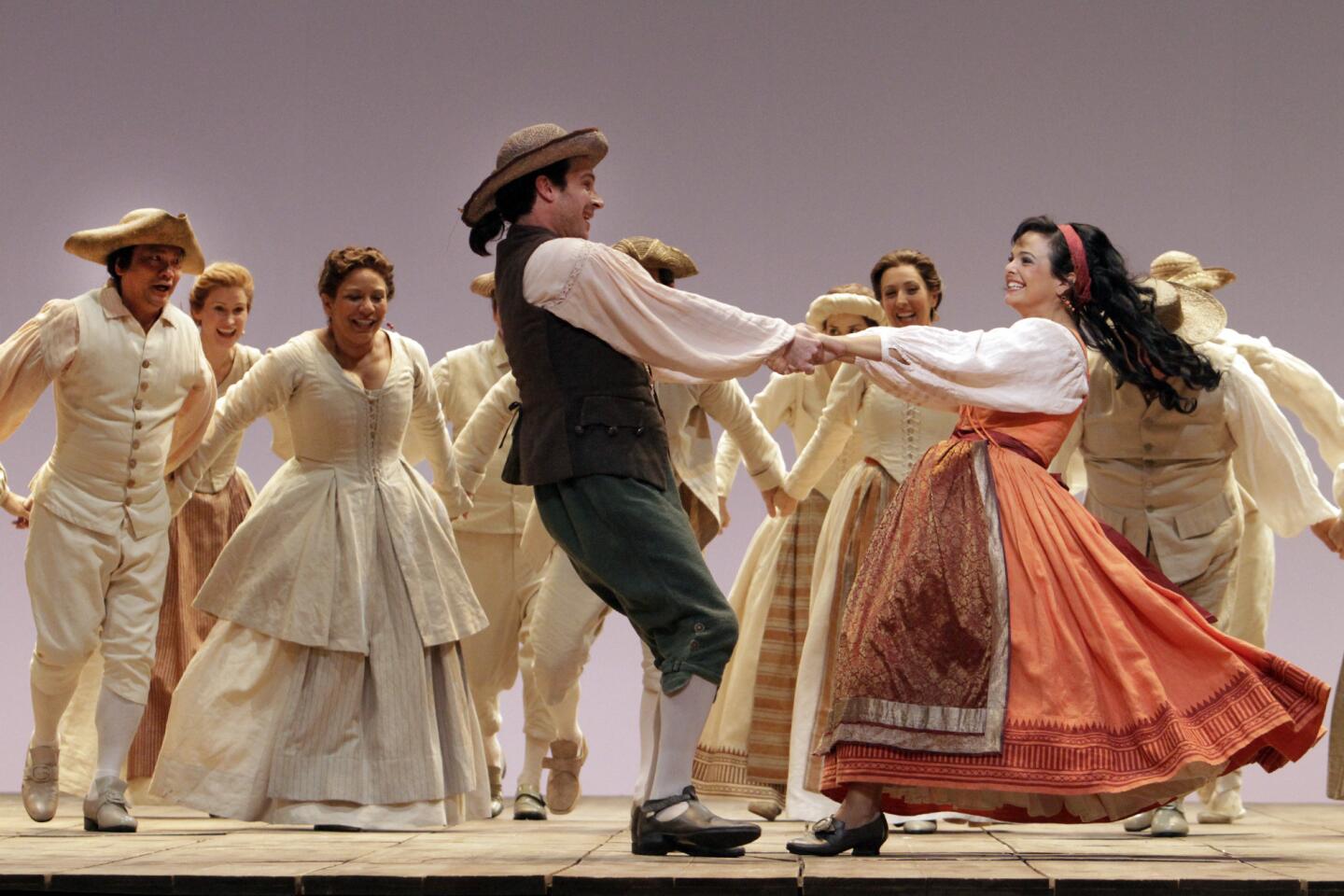
Review: L.A. Opera’s ‘Don Giovanni’ upholds tradition expertly | Photos (Lawrence K. Ho / Los Angeles Times)

More: Kristin Chenoweth warms up for California concerts (Carolyn Cole / Los Angeles Times)
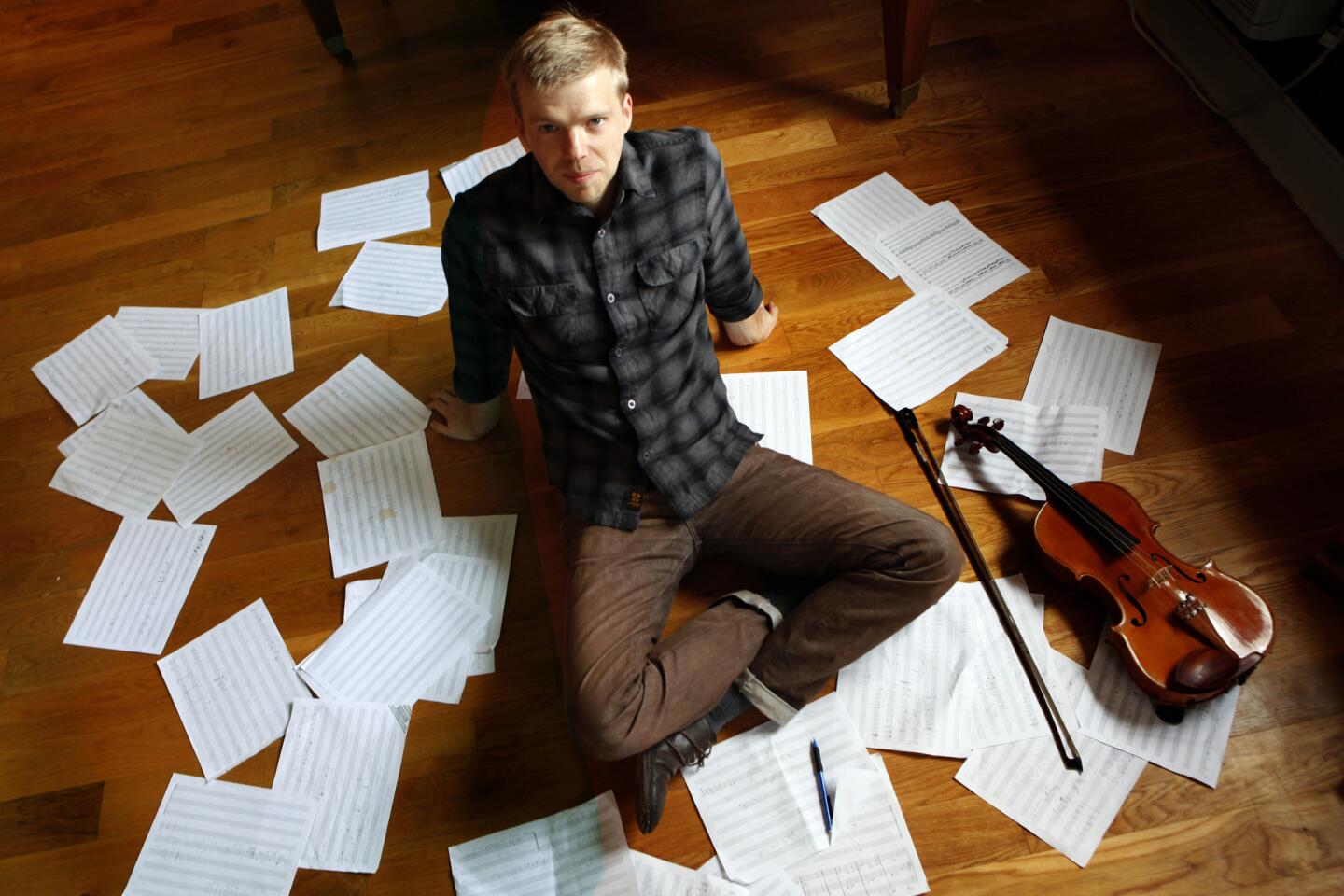
More: Composer Andrew Norman’s imagination has taken residence (Carolyn Cole / Los Angeles Times)

More: It’s no easy act for Felicity Huffman (Jay L. Clendenin / Los Angeles Times)
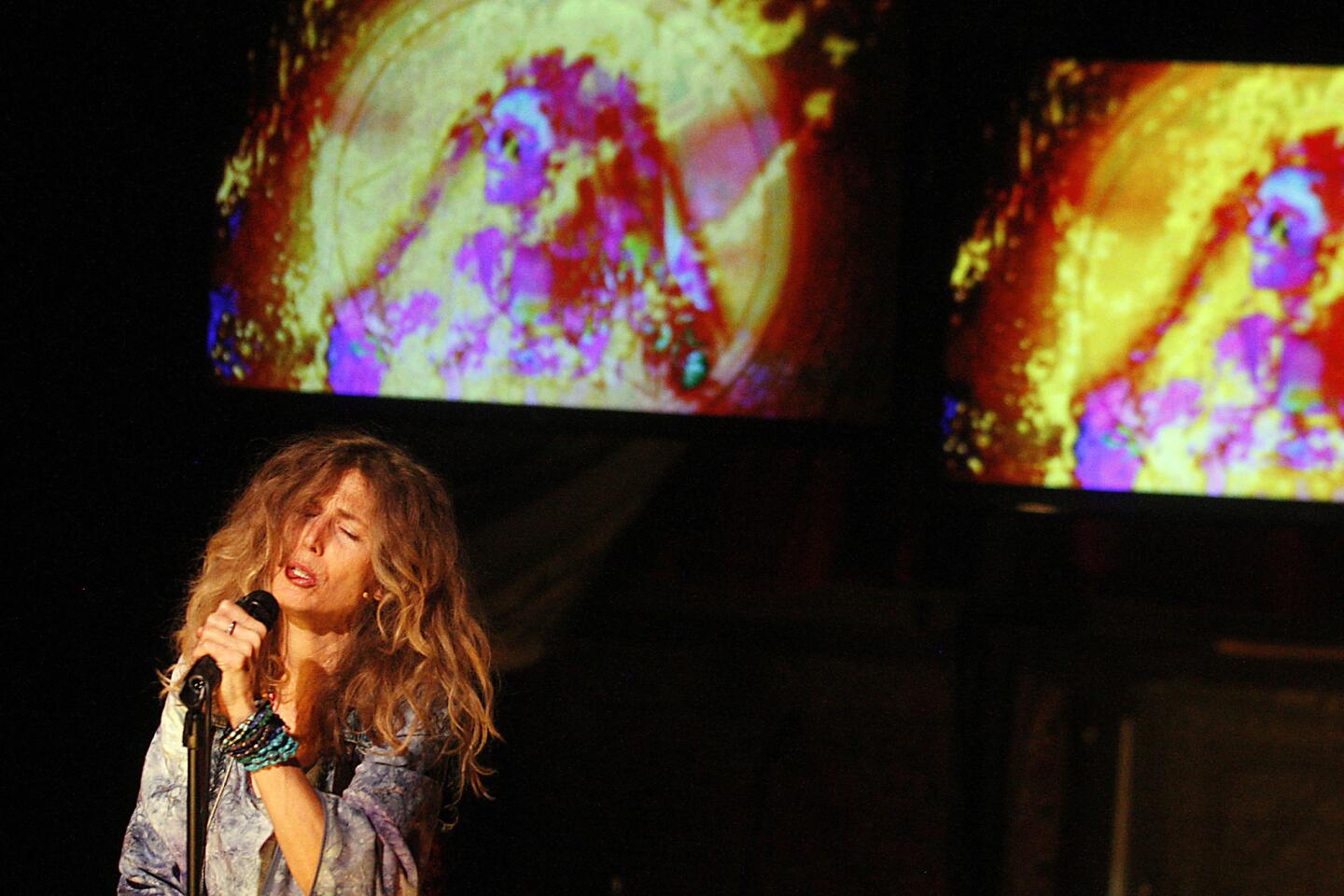
More: Sophie B. Hawkins channels Janis Joplin’s spirit in ‘Room 105’ (Luis Sinco / Los Angeles Times)
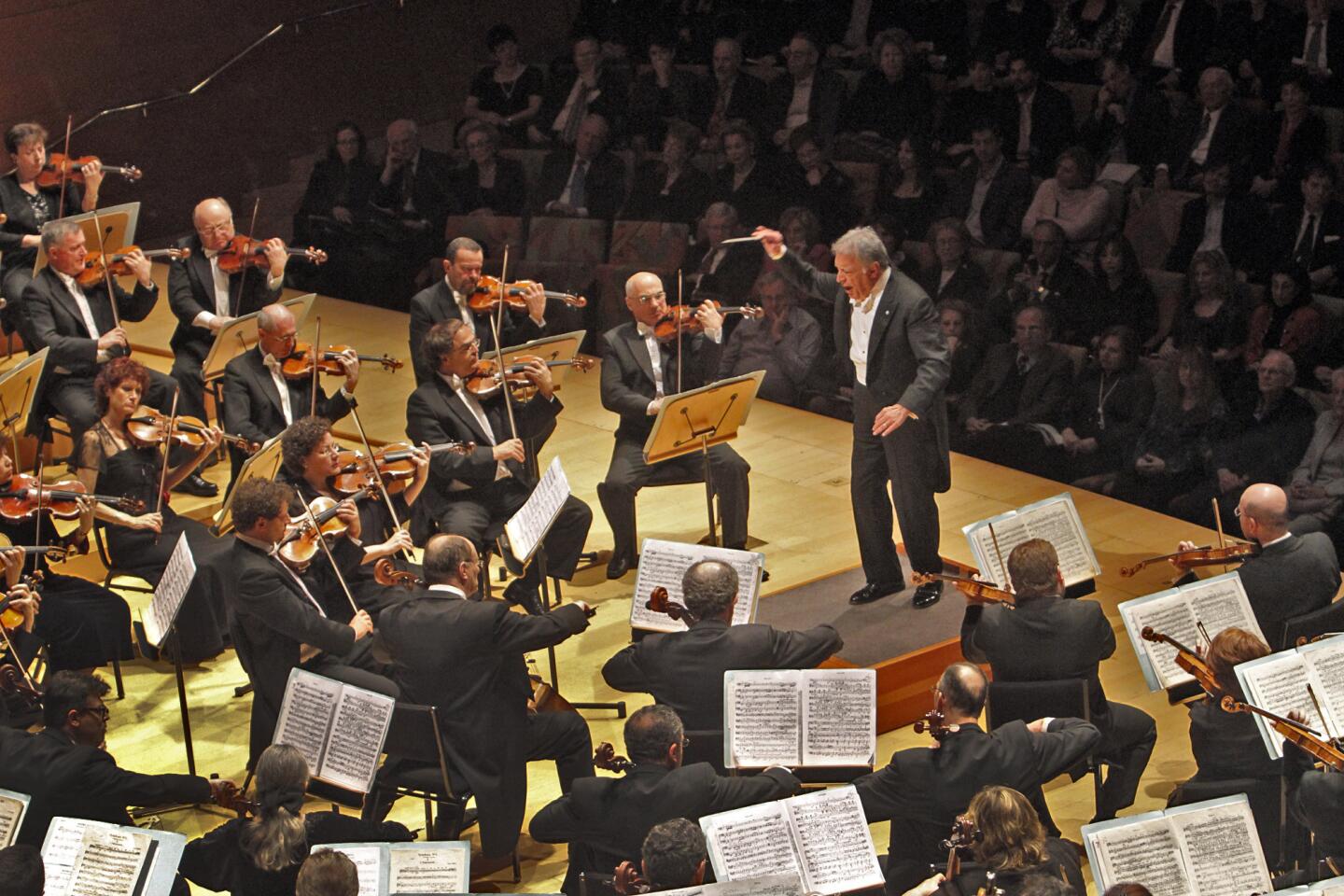
Review: Israel Philharmonic, rising above differences (Lawrence K. Ho / Los Angeles Times)
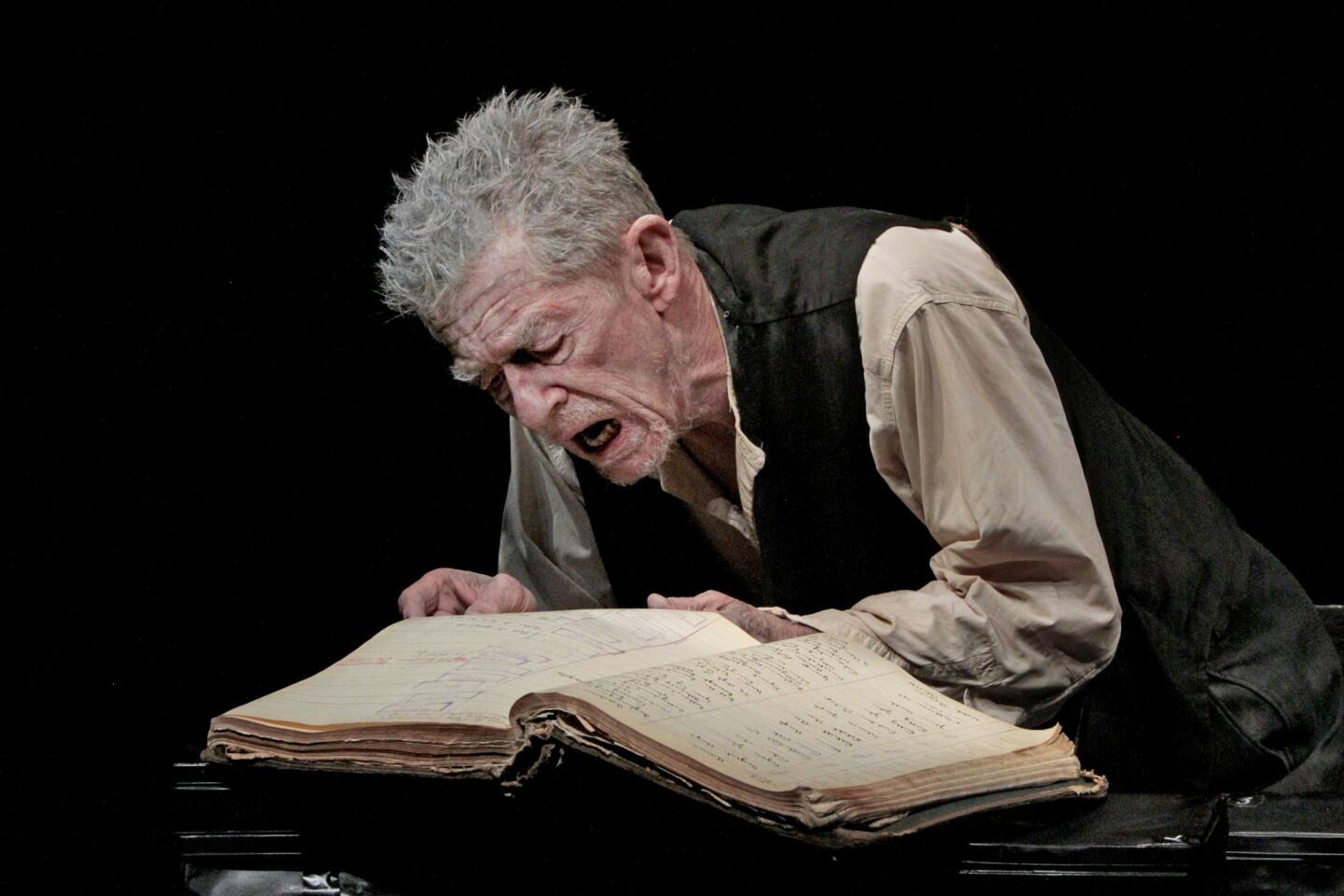
More: John Hurt plays back ‘interrupted pause’ of ‘Krapp’s Last Tape’ | Review (Anne Cusack / Los Angeles Times)
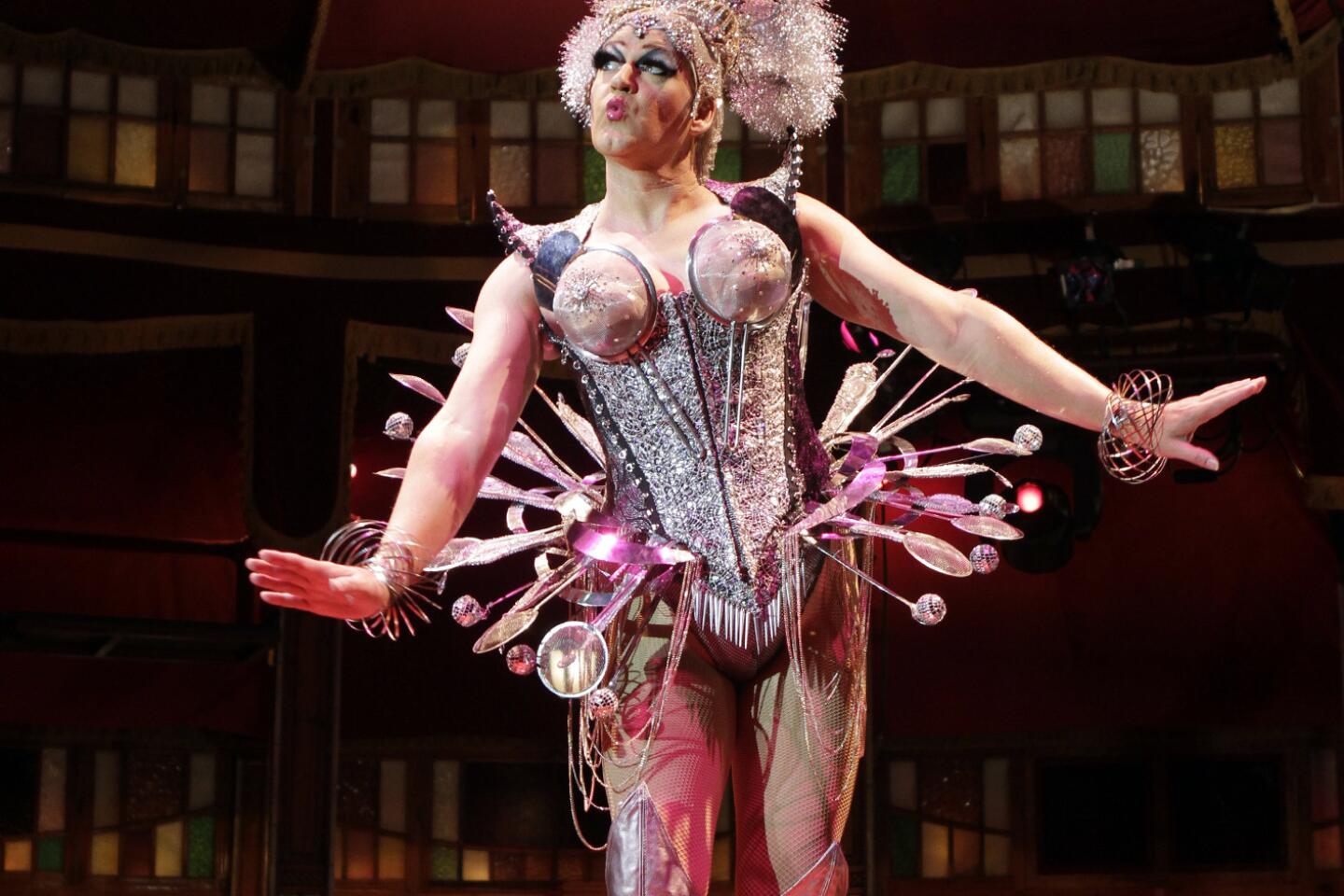
More: Teatro ZinZanni sets up a tent and fills it with elegant chaos (Lawrence K. Ho / Los Angeles Times)
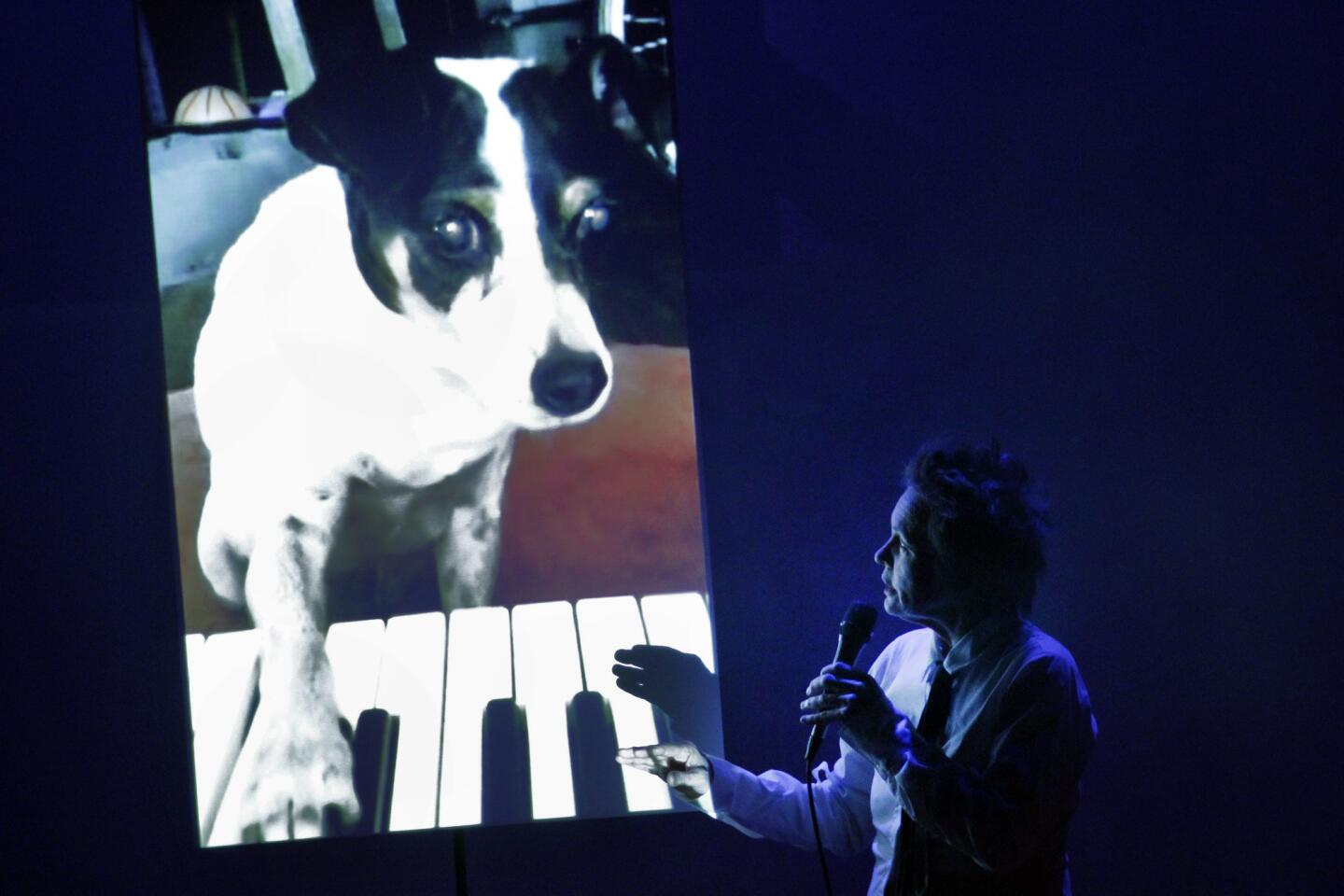
More: Performance review: A down-to-Earth ‘Dirtday!’ (Lawrence K. Ho / Los Angeles Times)
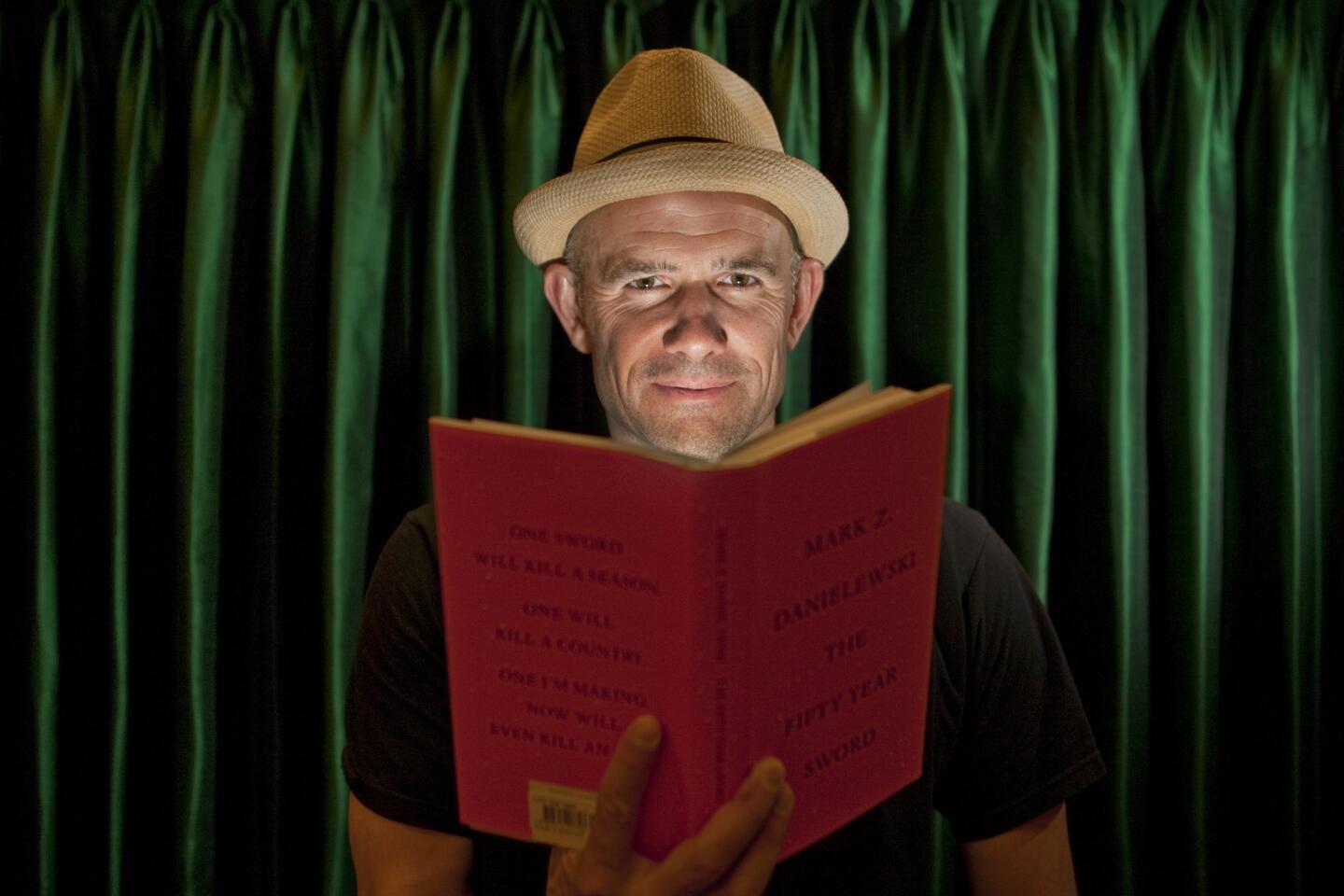
More: Mark Z. Danielewski: The writer as needle and thread (Allen J. Schaben / Los Angeles Times)
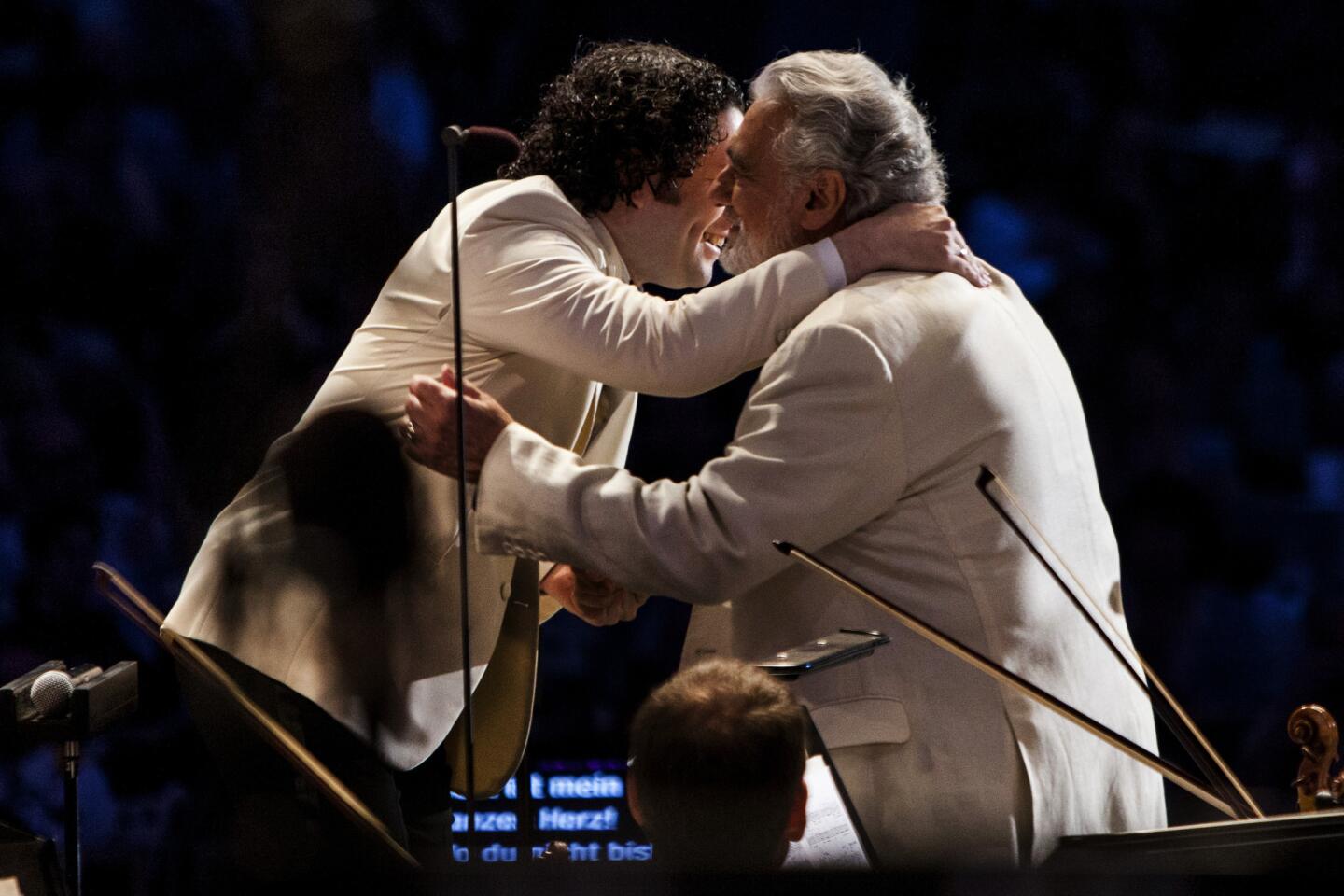
More: Gustavo Dudamel’s captivating theatrics serve the music | More photos (Jay L. Clendenin / Los Angeles Times)
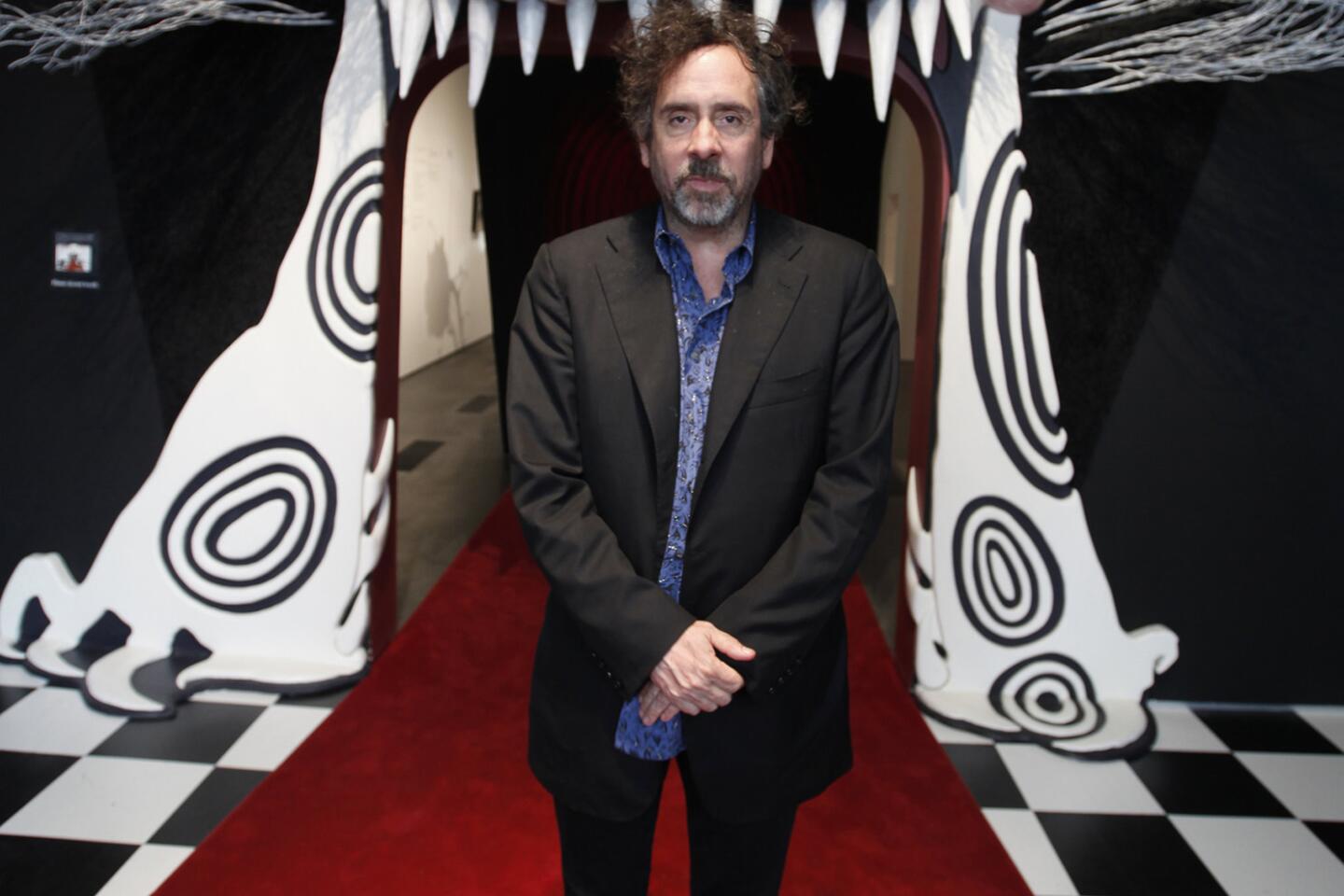
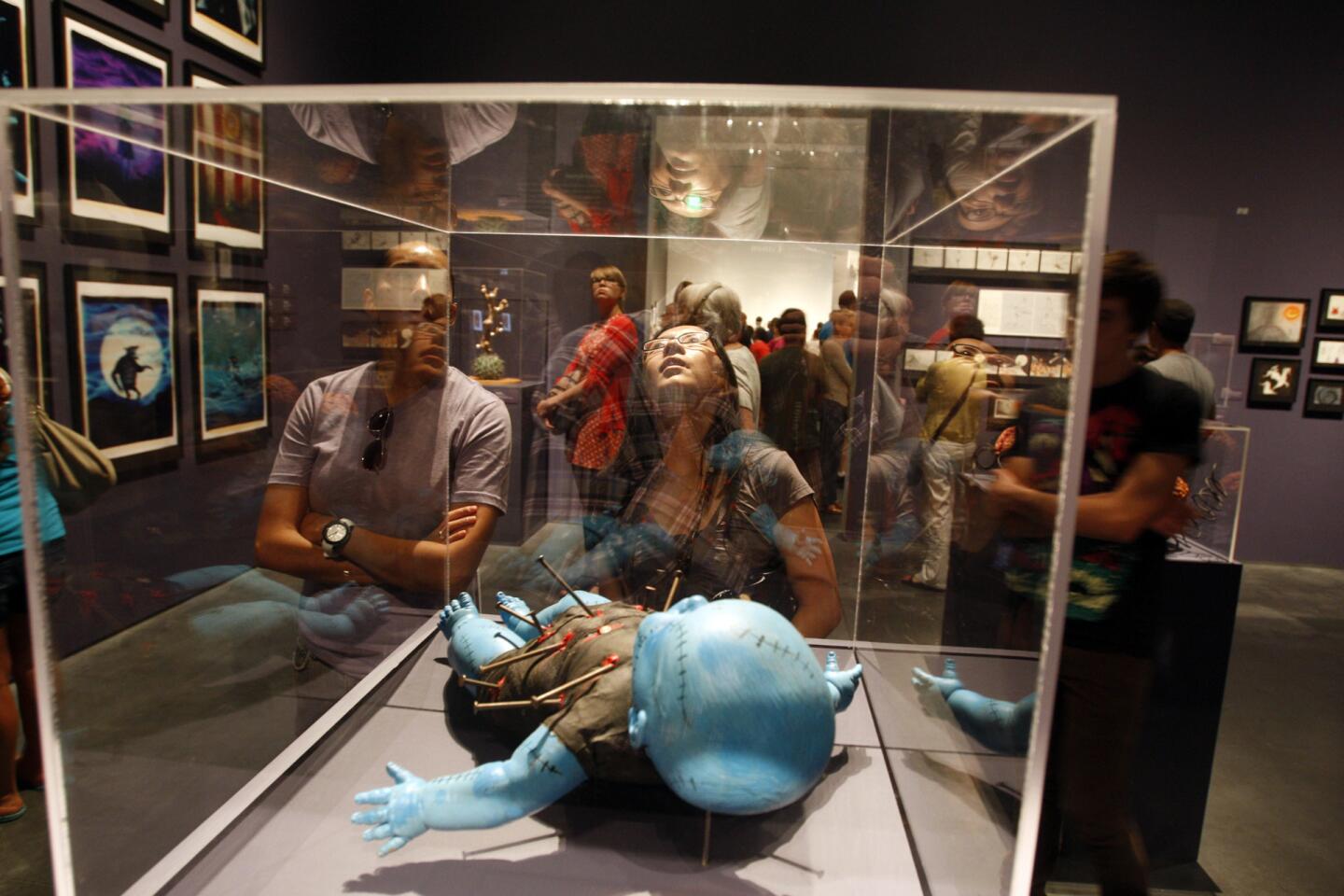
MORE: Doing the numbers on LACMA’s Tim Burton show (Gary Friedman / Los Angeles Times)
Sigmund Freud considered religion a mass delusion, a sort of group neurosis ideally suited to obsessive types. C.S. Lewis was a literary intellectual who found ways of channeling his devout Christianity into even his nontheological writings, “The Chronicles of Narnia” most famously among them.
In “Freud’s Last Session,” the popular off-Broadway play now at the Broad Stage in Santa Monica starring Judd Hirsch and Tom Cavanagh, playwright Mark St. Germain imagines a meeting between these titans in Freud’s London home just as the Second World War is erupting and the father of psychoanalysis is dying a painful death from oral cancer.
The drama, directed with an efficient hand by Tyler Marchant, is pedestrian. But there’s something soothingly civilized about this tête-à-tête set in Freud’s book-lined study (attractively designed by Brian Prather). All that’s missing are the tea and crumpets.
PHOTOS: Arts and culture in pictures by The Times
Hirsch (the lovably dour actor best known for his avuncular role on the classic TV sitcom “Taxi”) plays Freud with an Old World manner that is at once dignified and schleppy. An exile from Hitler’s Europe, his Freud cannot resist the pleasures of analytical conversation even though the prosthesis in his mouth makes him bleed when he talks.
Cavanagh portrays Lewis, a whip-smart Oxford professor, with a self-delighted air. A dapper, wiry man, his Lewis is kind, generous and compassionate but also utterly infatuated with his quick-step mind. At any minute you half-expect him to italicize one of his discerning remarks with Gene Kelly dance moves.
The question before us isn’t whether rationalism will succumb in the final hours to the consolations of faith. A physician by training, Freud was secular to his core, an empiricist beholden to the scientific method, no matter that his theories today are valued more for their resonant originality than for their verifiable truthfulness.
St. Germain uses this fictional opportunity to review the philosophical debate between believers and nonbelievers. Freud has summoned Lewis down from Oxford to understand the origins of his religious belief.
“I want to learn why a man of your intellect, one who shared my convictions, could suddenly abandon truth and embrace an insidious lie,” Freud says in his characteristic no-nonsense style.
He’d like to get Lewis onto his couch, to see whether his “desire to seek God was a search for an ideal father figure.” Lewis, in turn, wonders whether the roots of Freud’s atheism have anything to do with his disappointment over his ineffectual father.
“The wish that God doesn’t exist can be just as powerful as the belief he does,” Lewis says, turning the tables on the man who has famously made a career of interpreting the unconscious motives of others.
REVIEW: Cathy Rigby in “Peter Pan” at the Pantages
Each tries to inject doubt into the other’s belief system. Freud wants to know how a benevolent God could countenance such egregious human suffering as illness and war, subjects that are understandably weighing heavily on him now. Lewis questions the art objects on Freud’s desk, sacred figures from the ancient world, “all sharing concepts of God. Right and wrong, good and evil.”
Theology is swatted like a badminton birdie. Freud contends it would be ruinous to love one’s neighbor as oneself. As for turning the other cheek, he asks, “Should Poland turn the other cheek to Hitler?”
Lewis has a retort for every seemingly unanswerable Freudian query. In fact, he often seems to have the upper hand, at least until he grows doctrinaire on learning of Freud’s plan to end his life before the cancer does.
As expected, the men fight to a draw. Neither concedes an inch, though their humanity is enriched by an encounter in which death keeps making its presence known through air raid sirens and Freud’s ghastly attacks of oral agony.
For “Freud’s Last Session” to be a deeper play it would have to take a freer hand with the characters, exploring the textures of their inner lives rather than simply surveying their intellectual positions. St. Germain playfully illuminates some of the contradictions in their characters, but the piece sticks mostly to the surface, satisfying an audience’s hunger for intellectual nourishment with easily digestible morsels from their writings.
Pulling down Freud’s “Civilization and its Discontents” from the shelf upon returning home from the Broad, I was dazzled by Freud’s brilliance in a way that I wasn’t in the theater. This weekend I’m going to try to get to Lewis’ “The Screwtape Letters.” Supplemented in this way, “Freud’s Last Session” moves out of its flyweight class.
‘Freud’s Last Session’
Where: The Broad Stage, 1310 11th St., Santa Monica
When: Contact theater for schedule. Ends Feb. 10
Tickets: $45 to $137
Contact: https://www.thebroadstage.com or (310) 434-3200
Running time: 1 hour, 20 minutes
More to Read
The biggest entertainment stories
Get our big stories about Hollywood, film, television, music, arts, culture and more right in your inbox as soon as they publish.
You may occasionally receive promotional content from the Los Angeles Times.
Charles McNulty is the theater critic of the Los Angeles Times. He received his doctorate in dramaturgy and dramatic criticism from the Yale School of Drama.

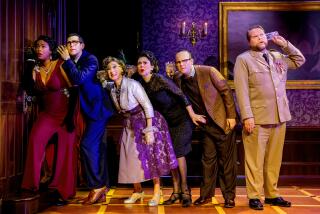
![LOS ANGELES, CA - JUNE 17: [Cody Ma and Misha Sesar share a few dishes from their Persian Restaurant Azizam] on Monday, June 17, 2024 in Los Angeles, CA. (Ethan Benavidez / For The Times)](https://ca-times.brightspotcdn.com/dims4/default/7ffc7f6/2147483647/strip/true/crop/5110x3417+306+0/resize/320x214!/quality/75/?url=https%3A%2F%2Fcalifornia-times-brightspot.s3.amazonaws.com%2F79%2Fdc%2F4d29255545f5b9813315901692bc%2F1459972-fo-azizam-review20-eba.JPG)








